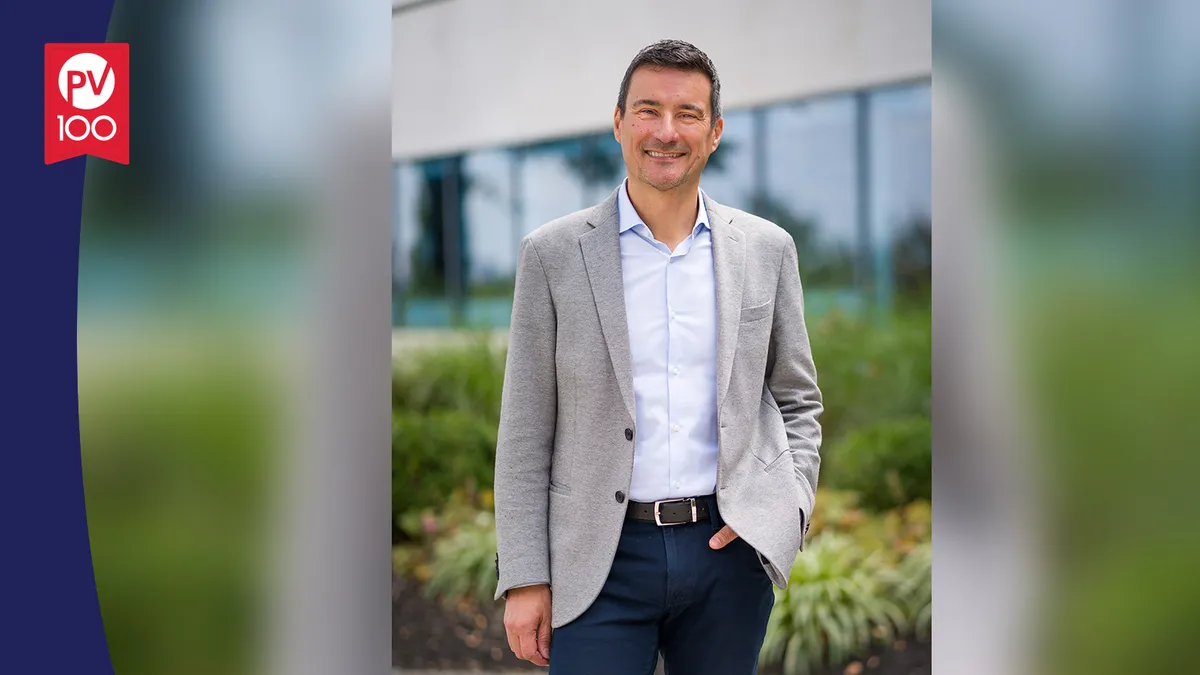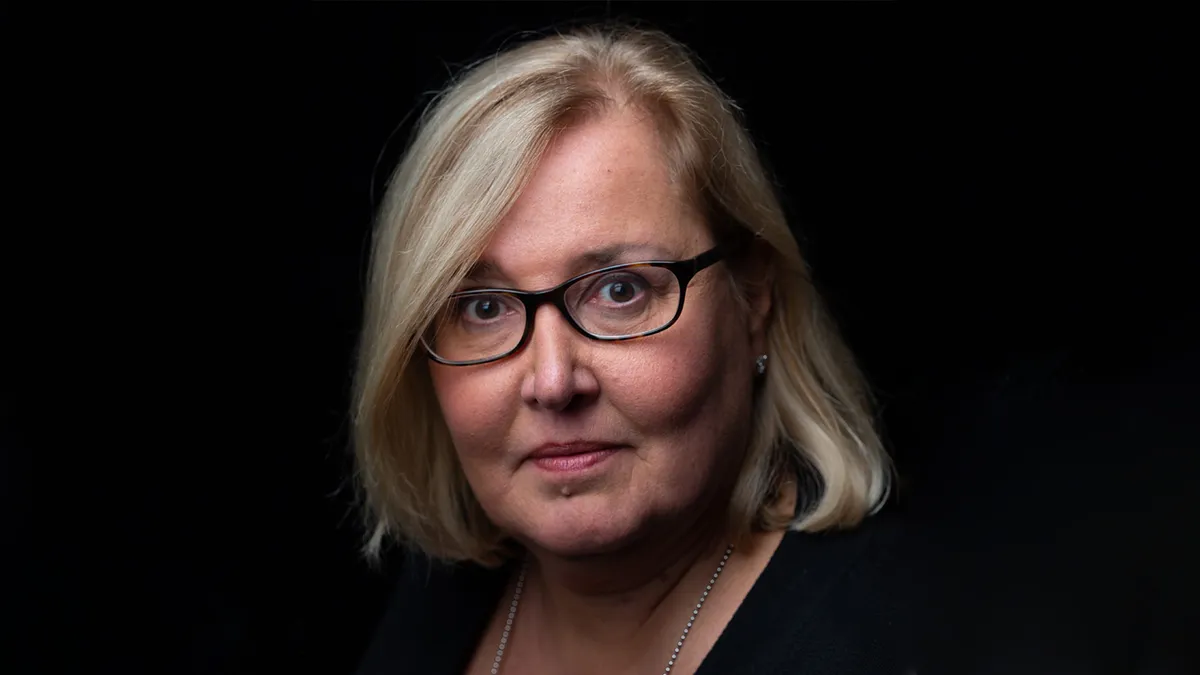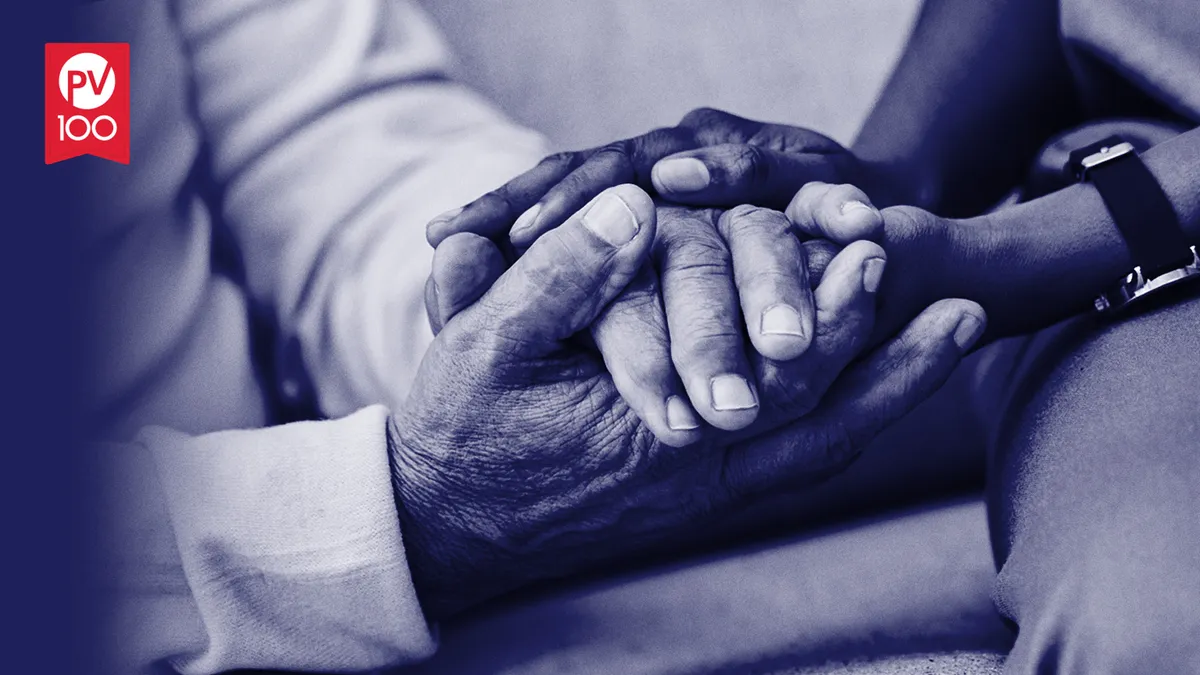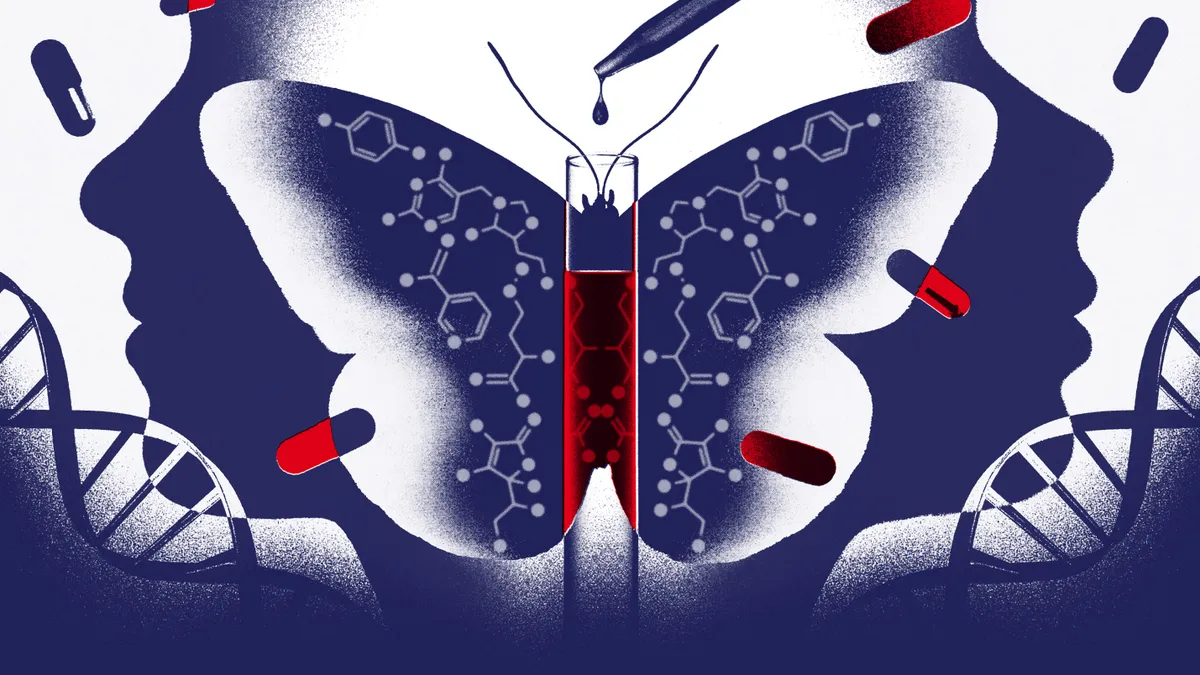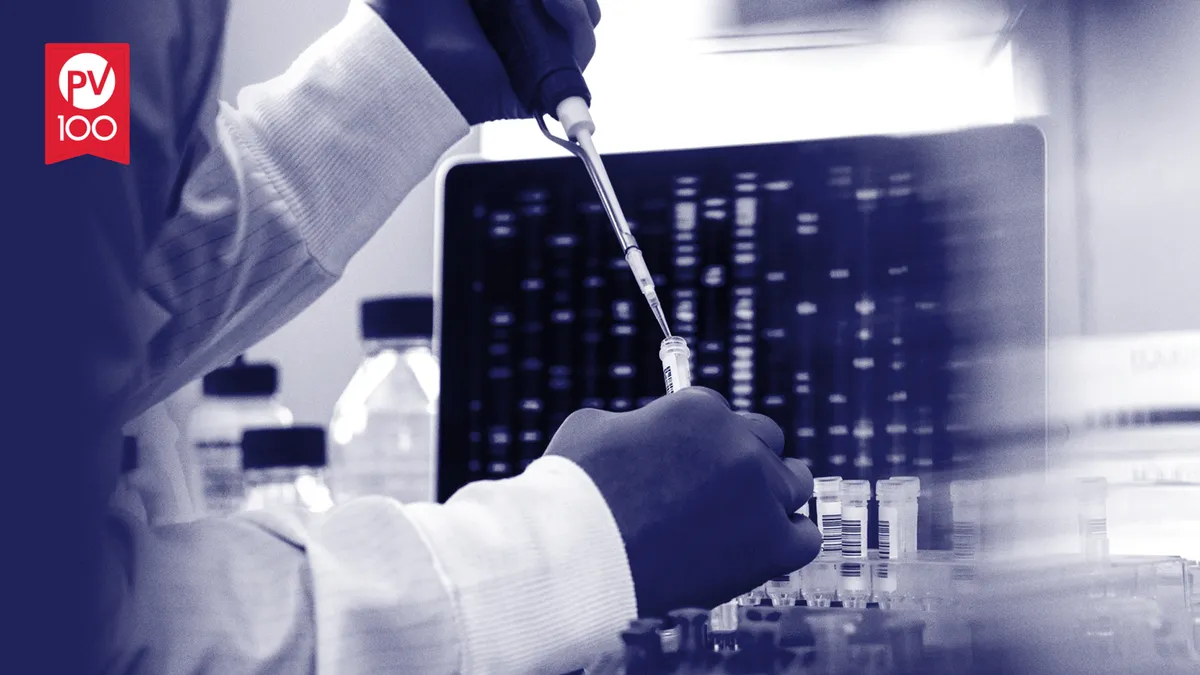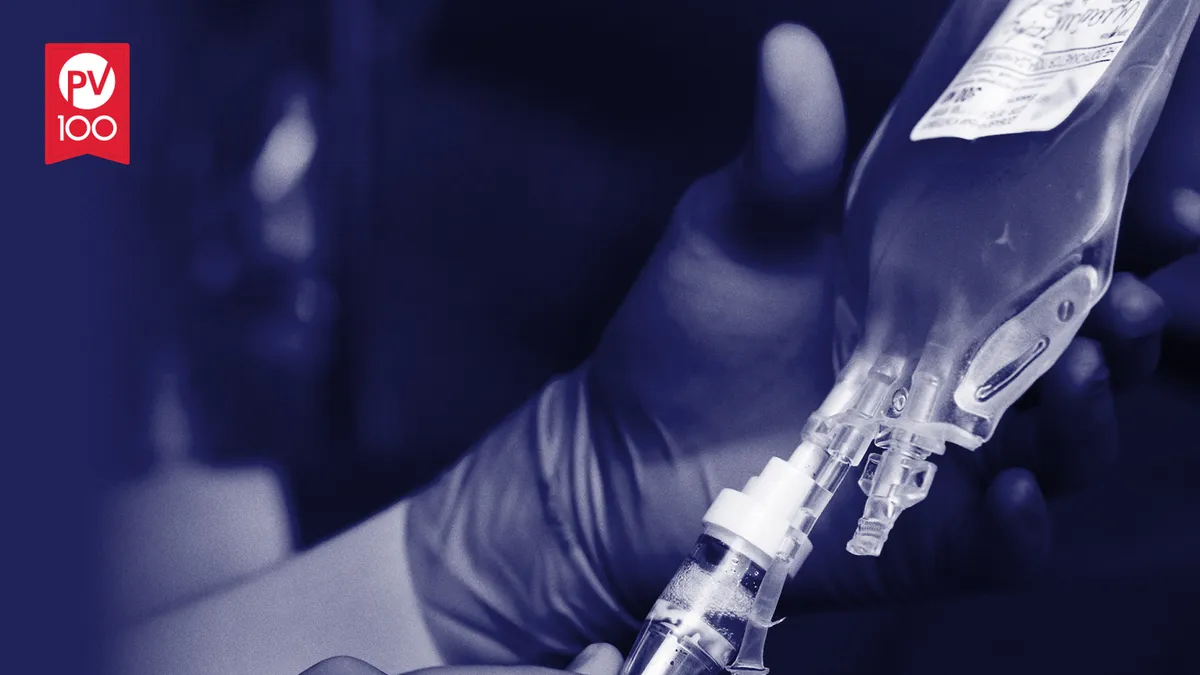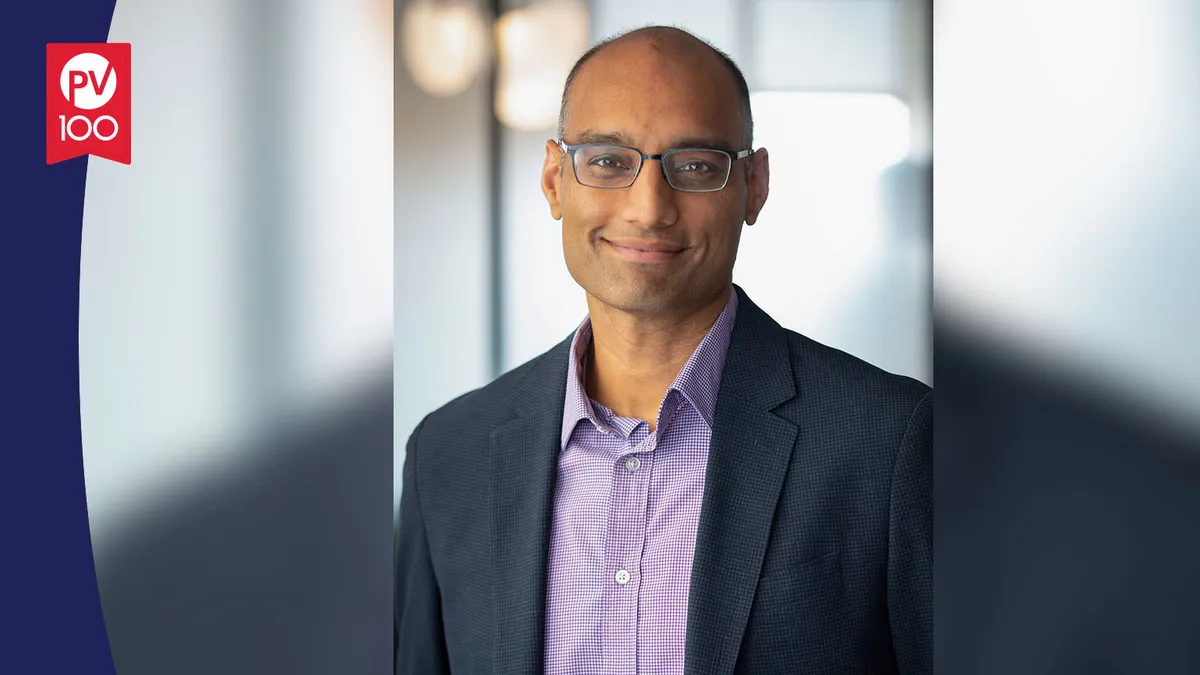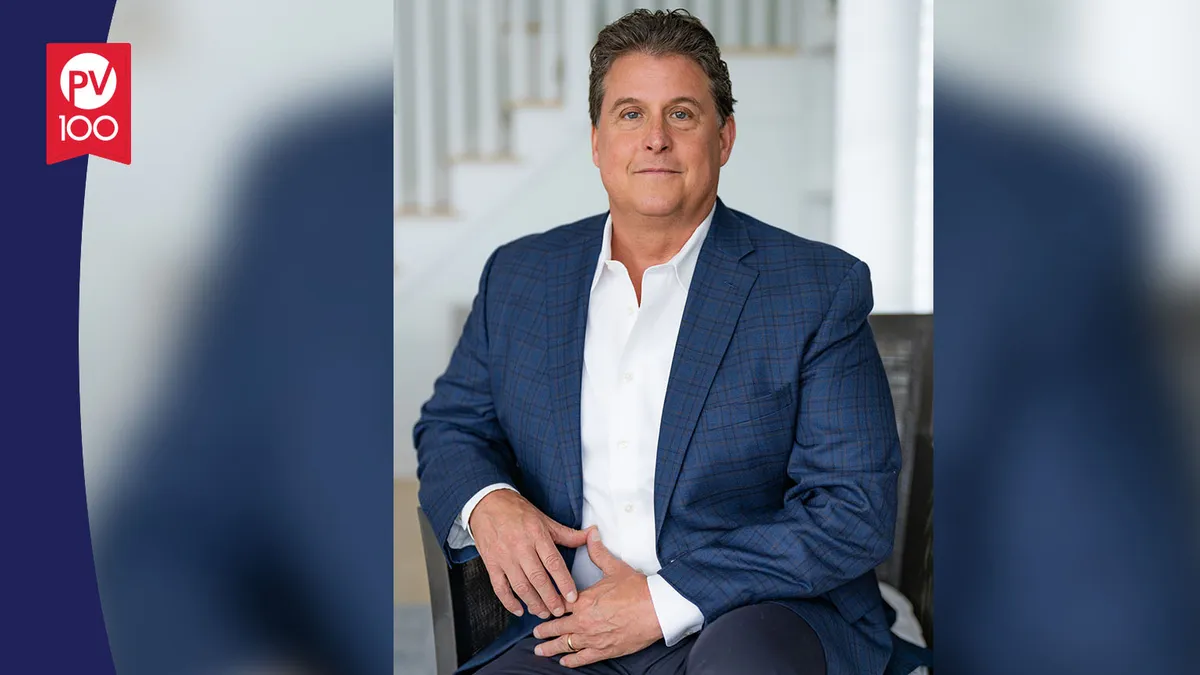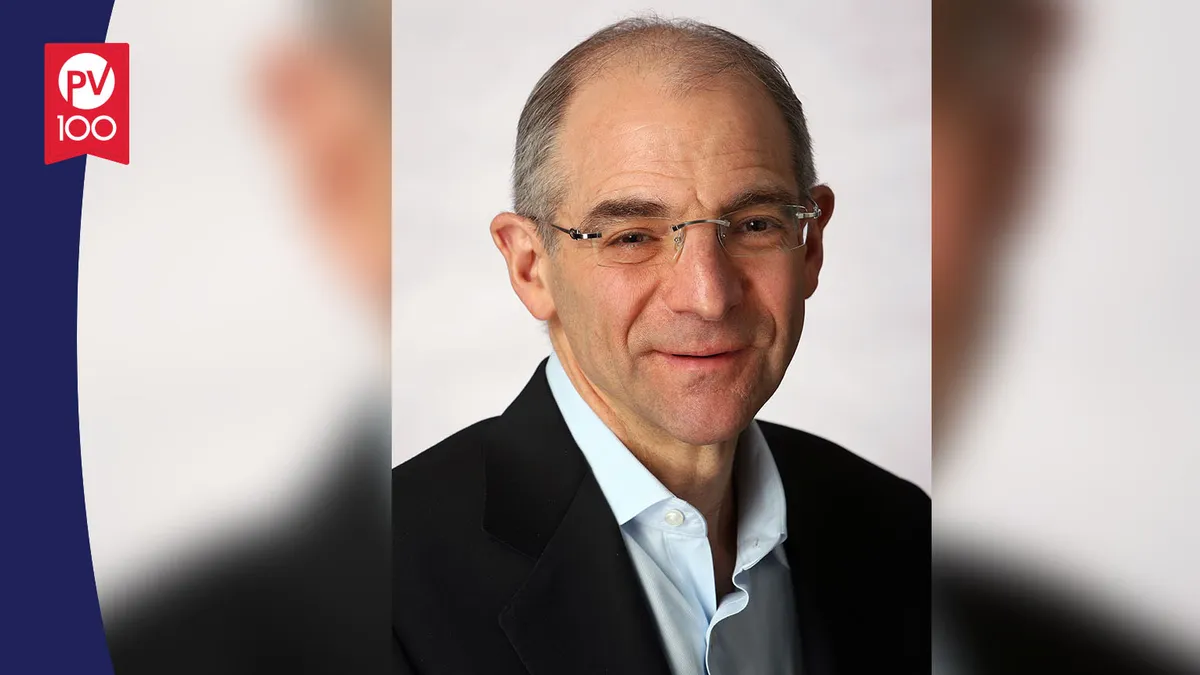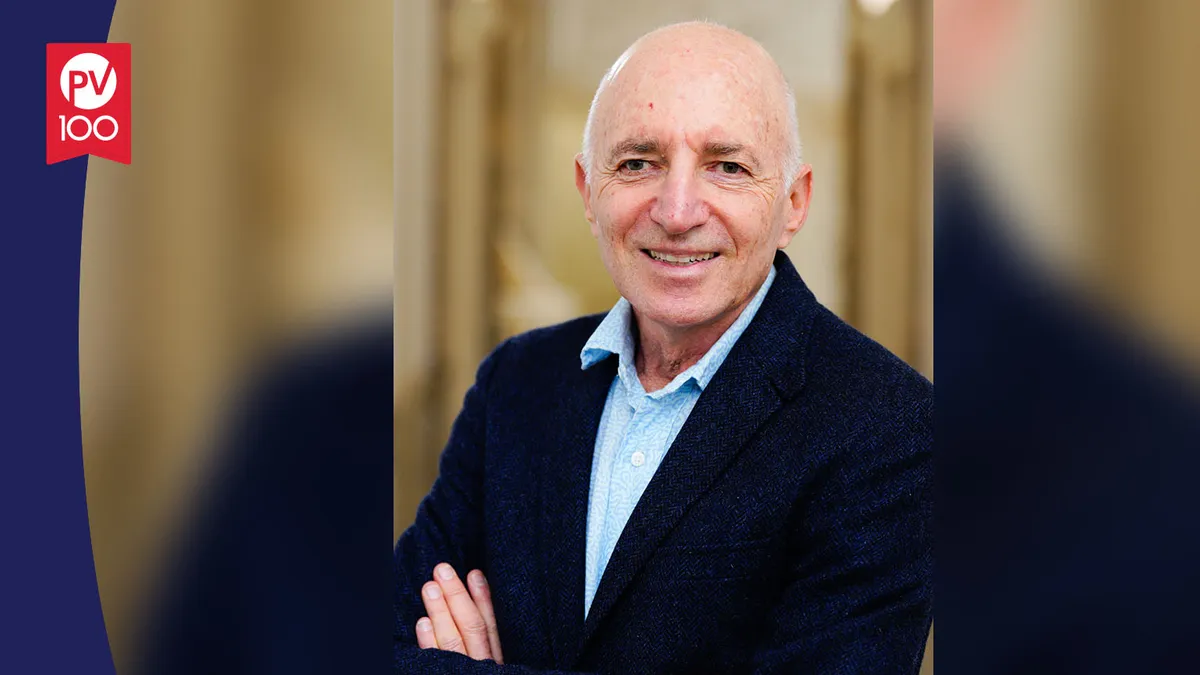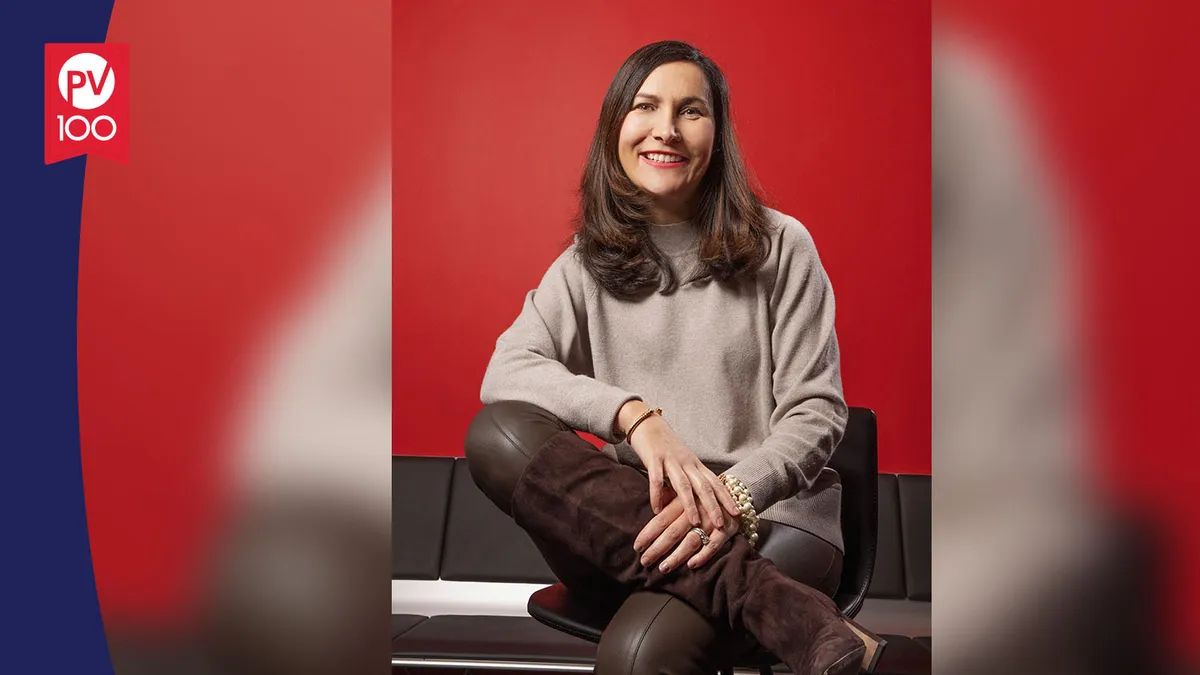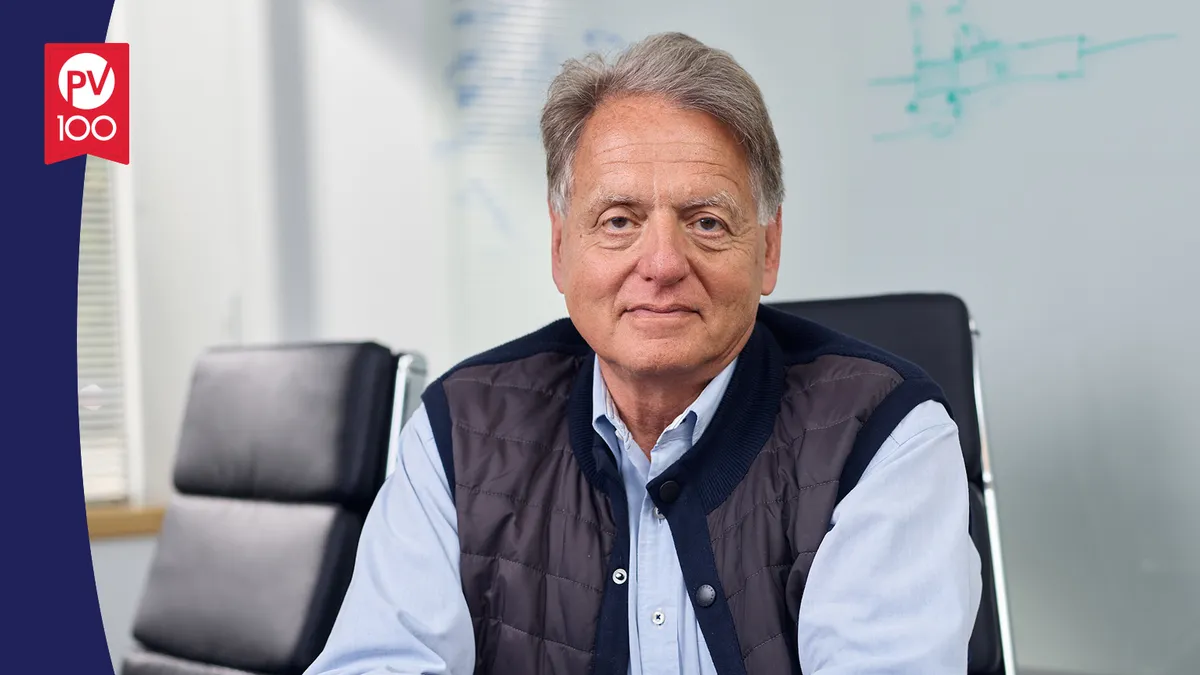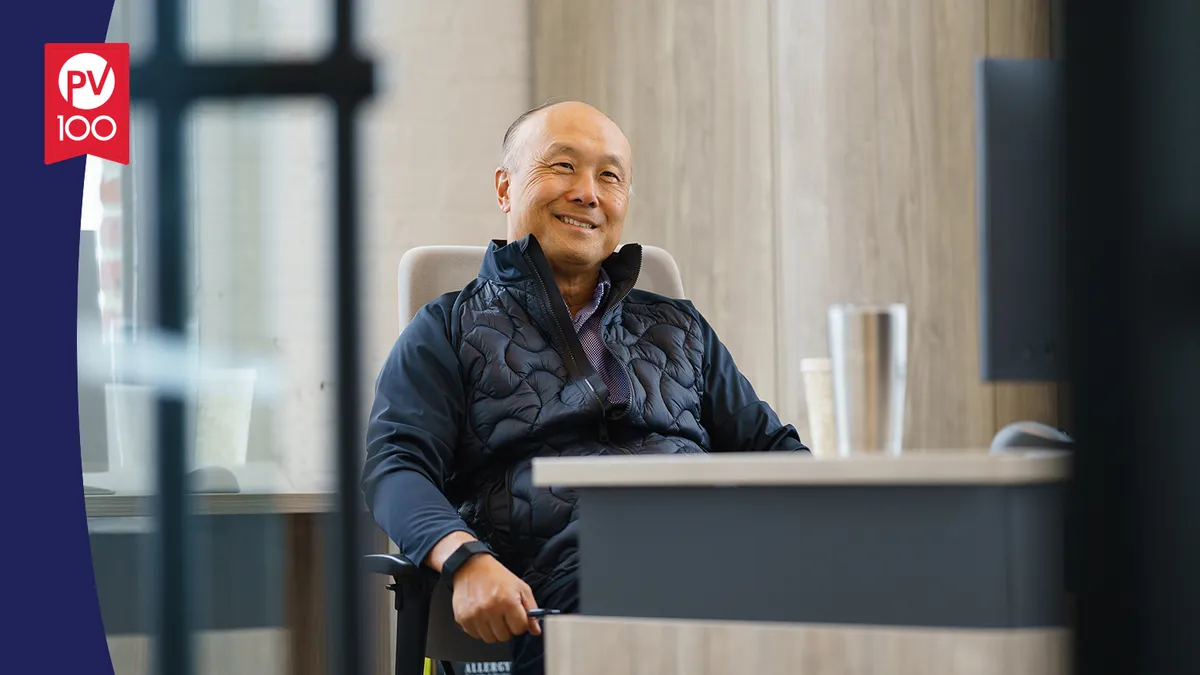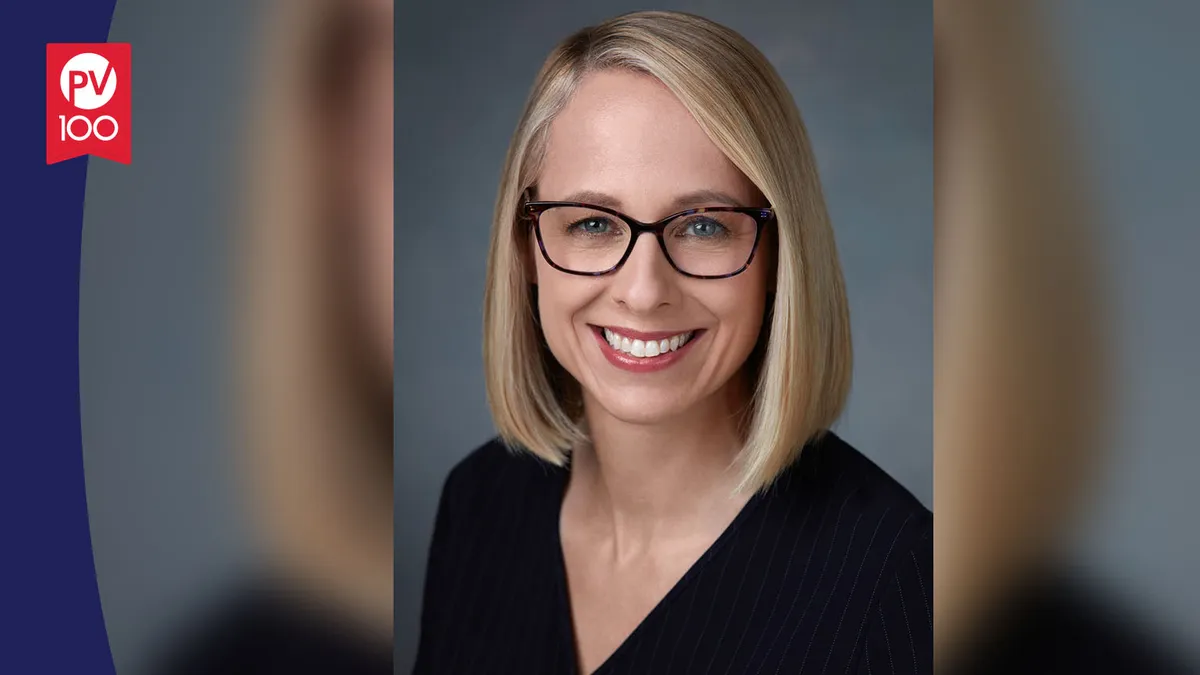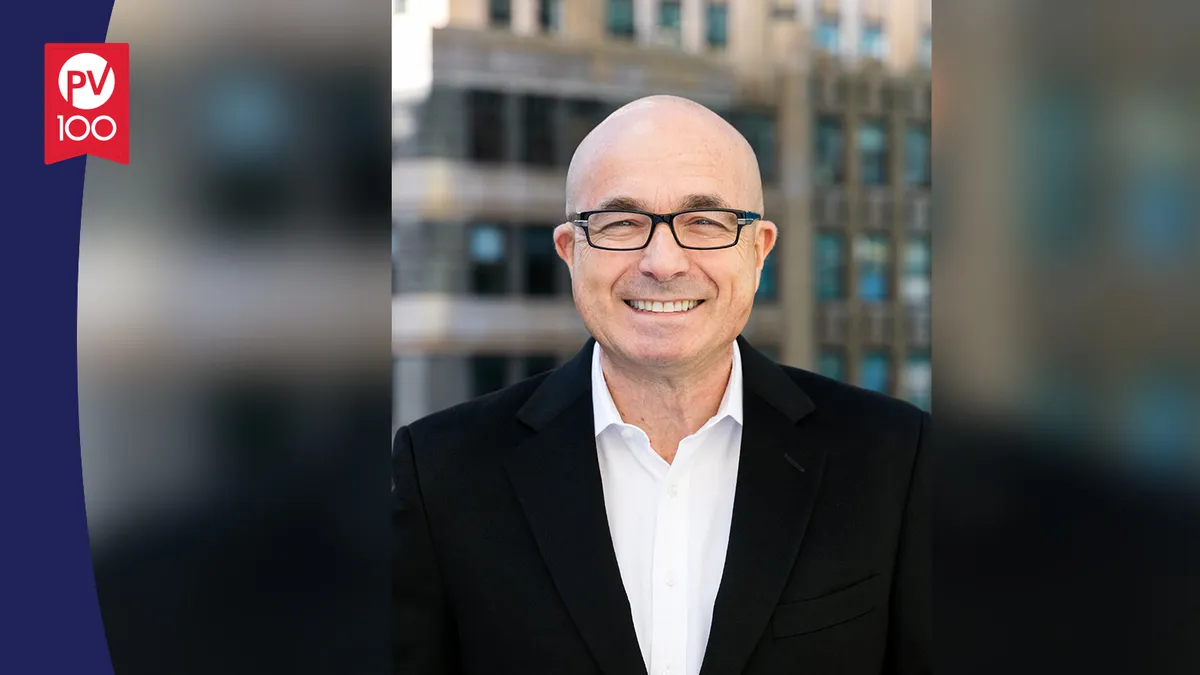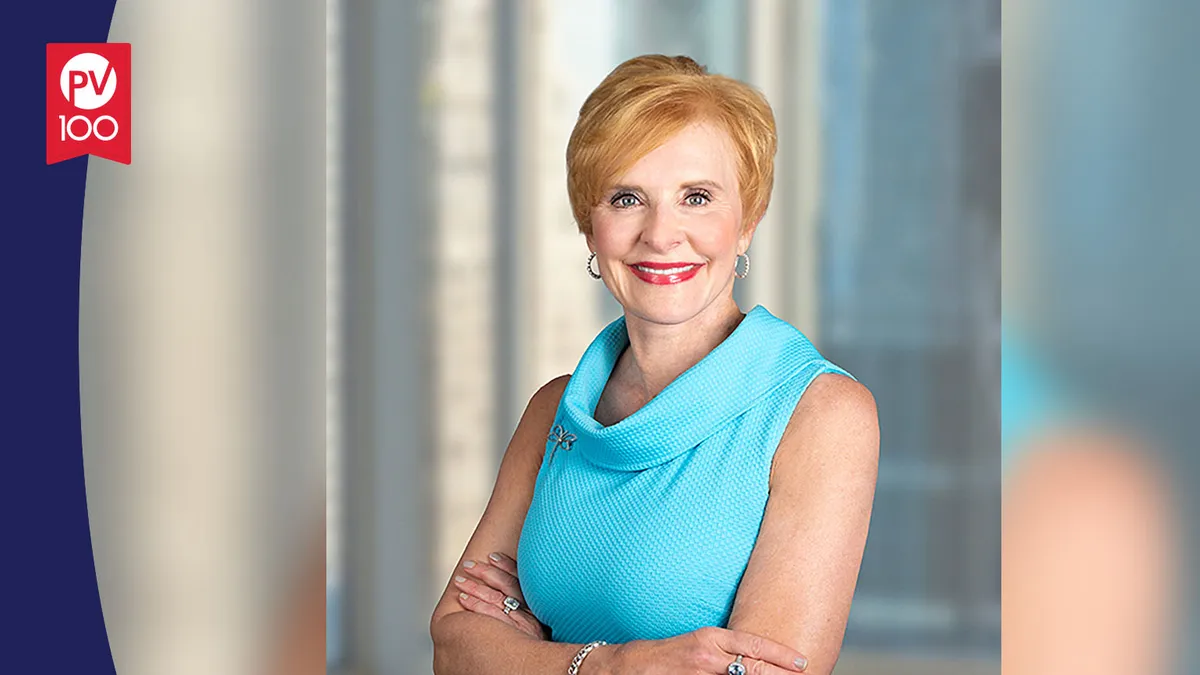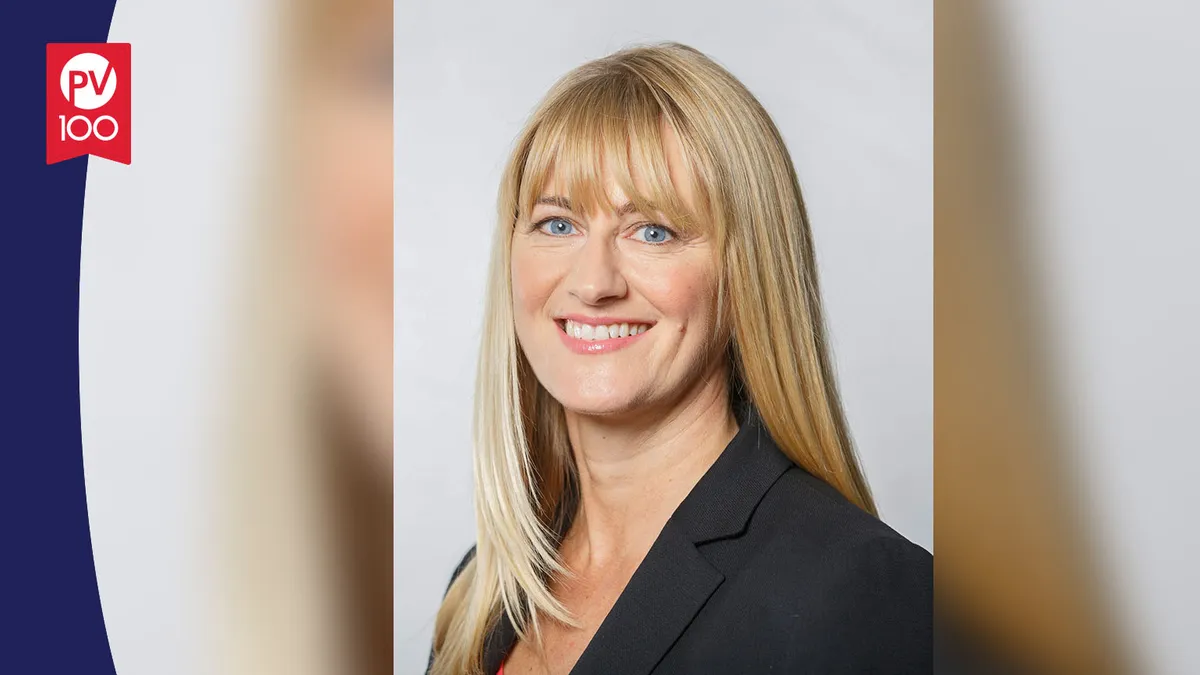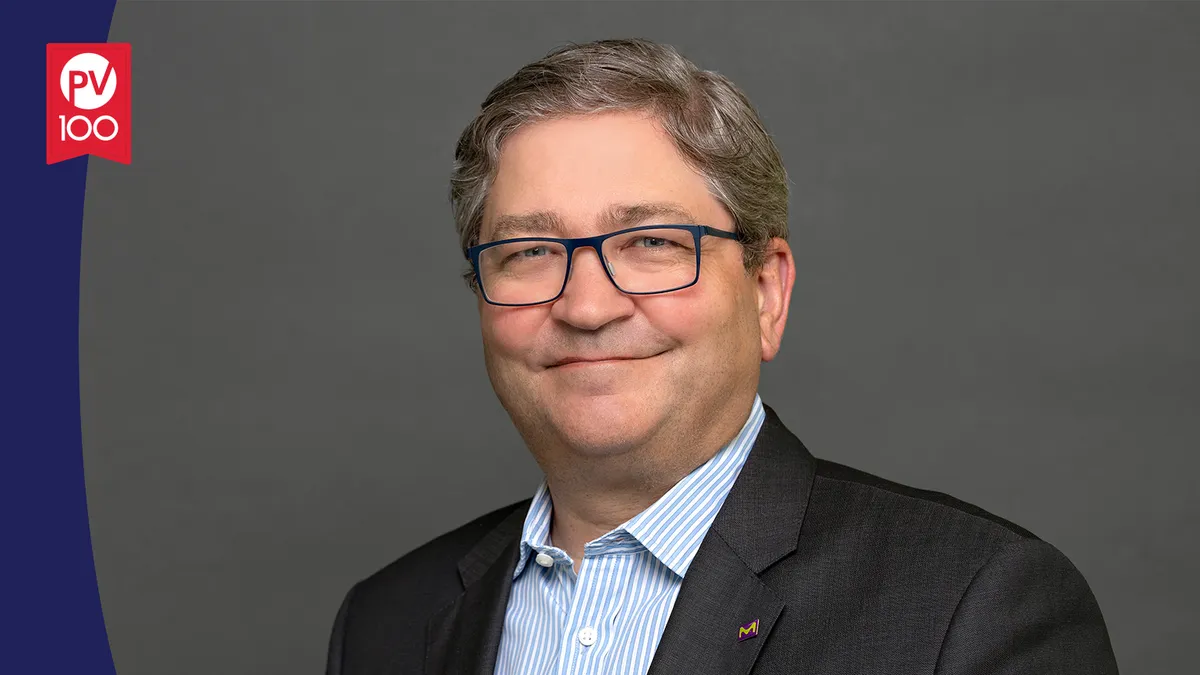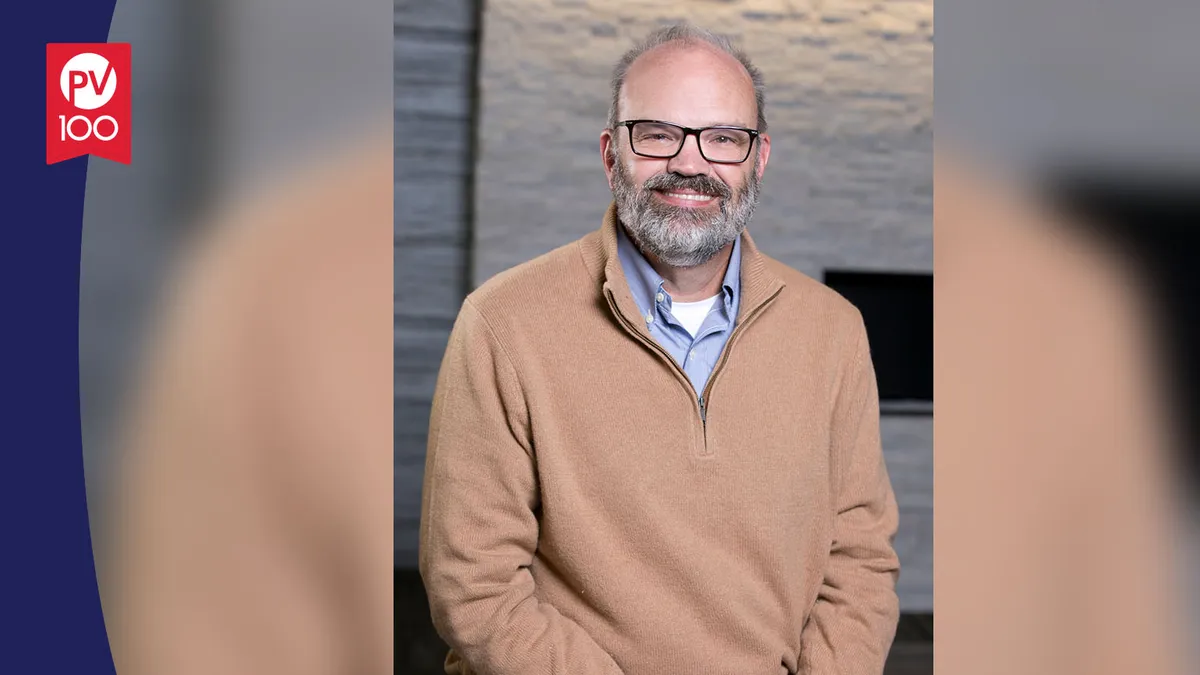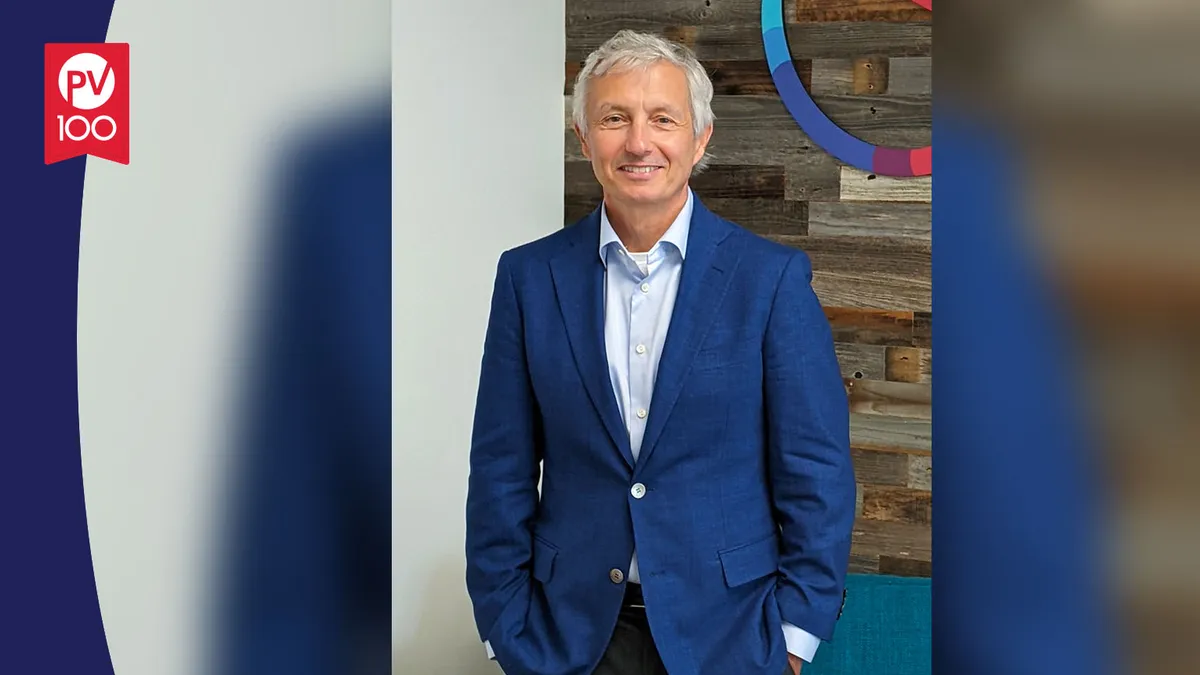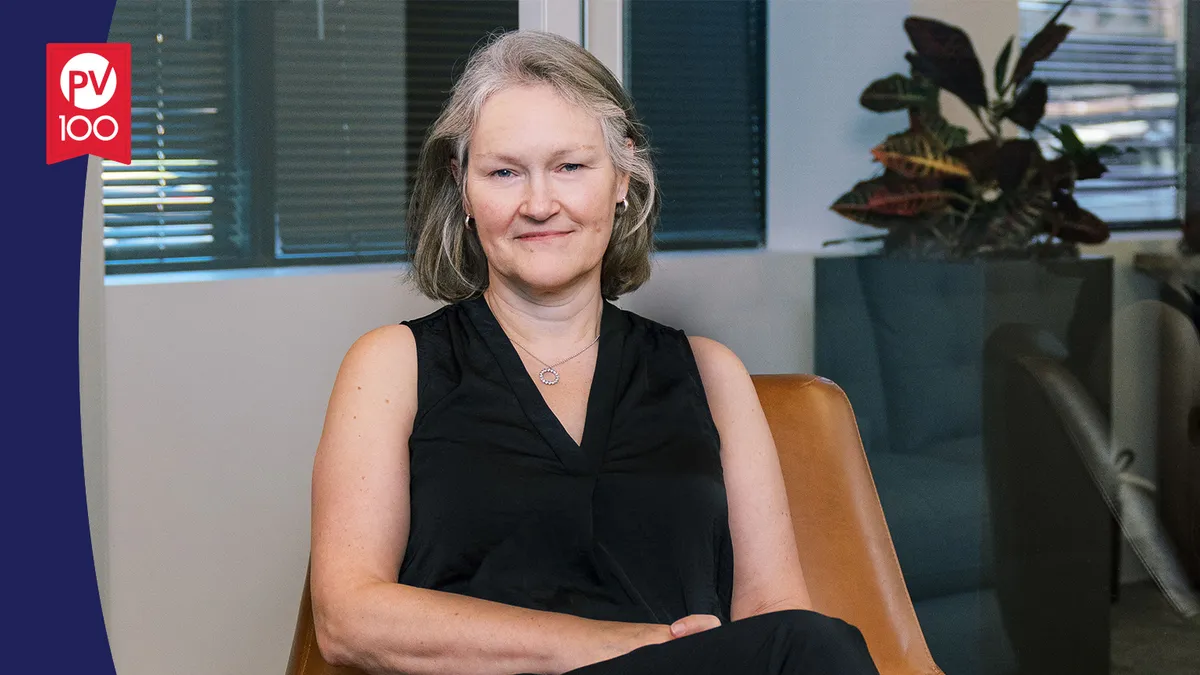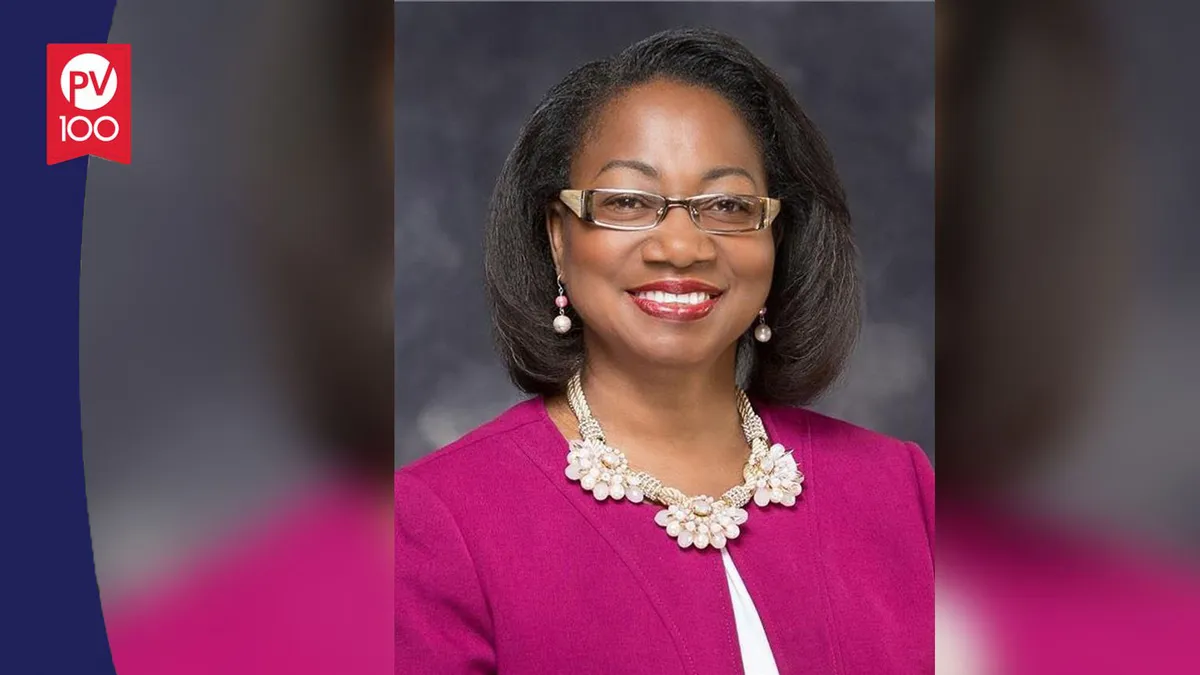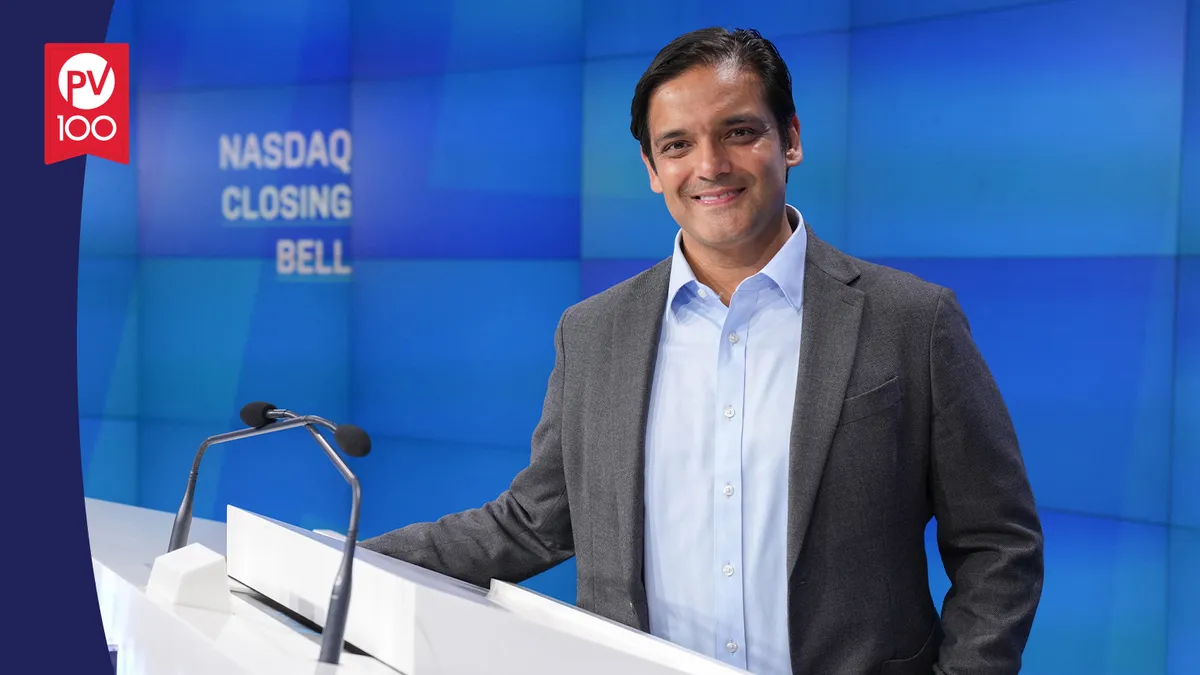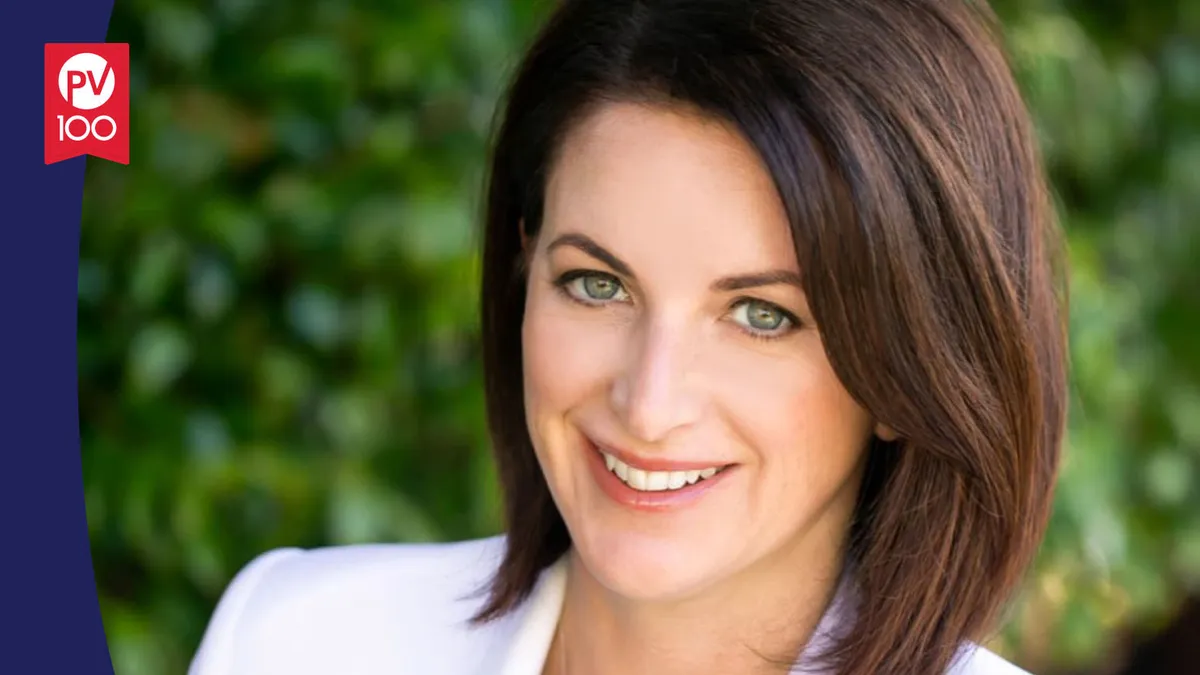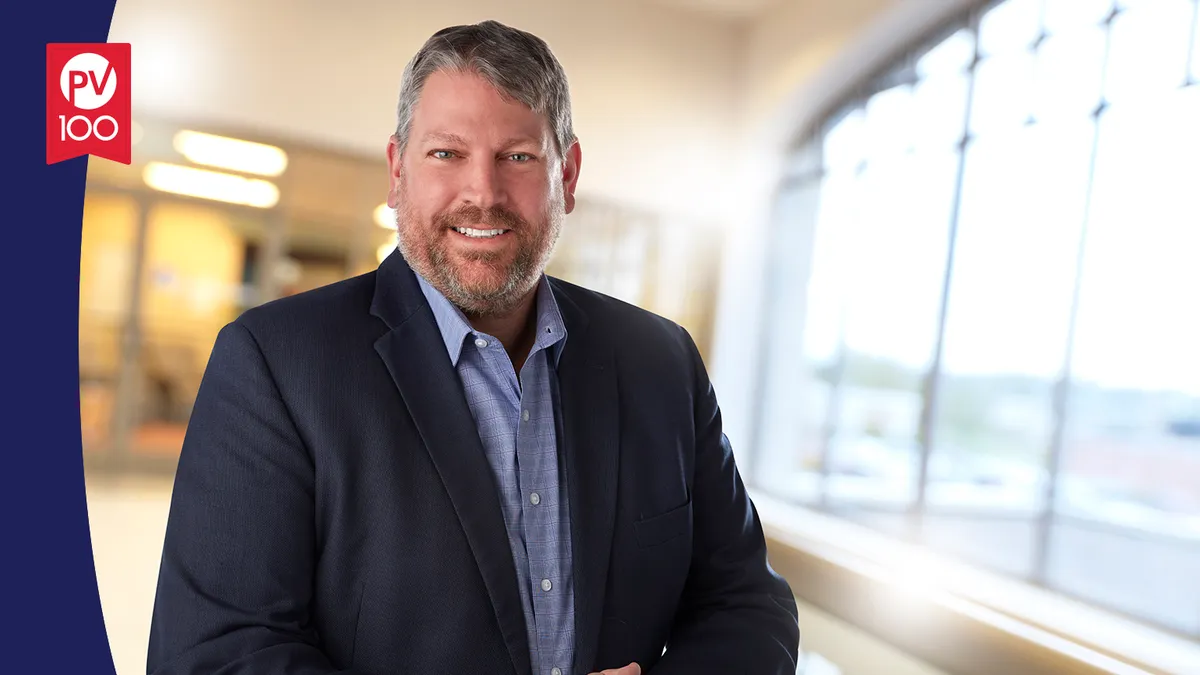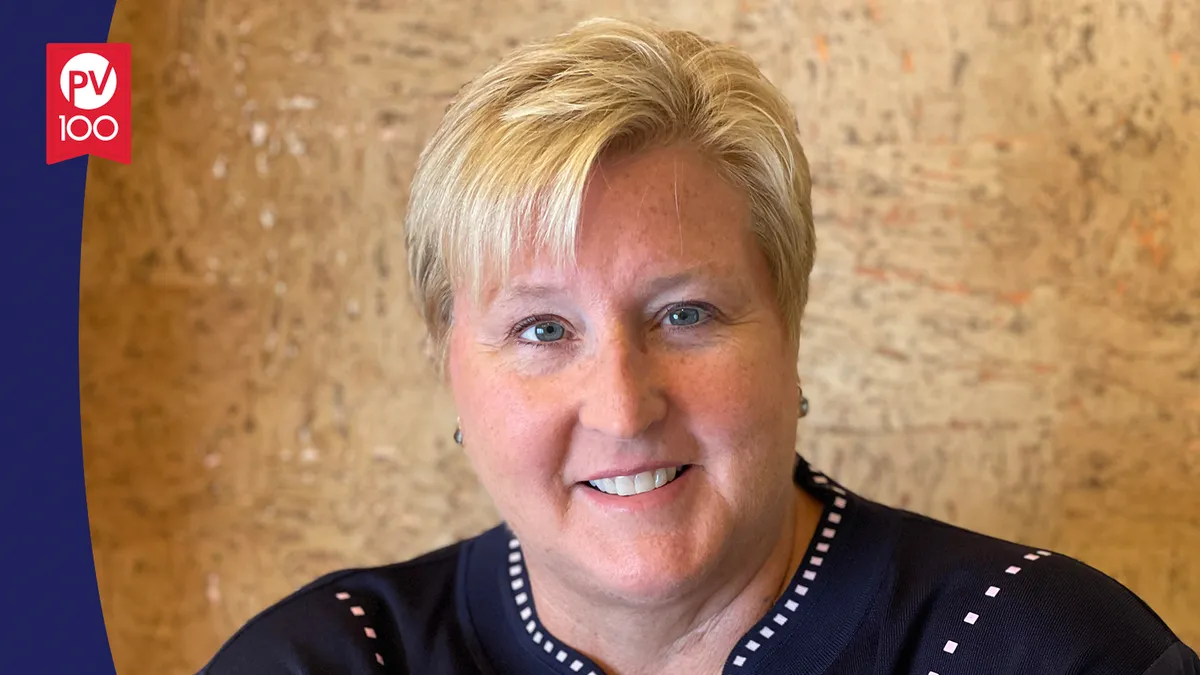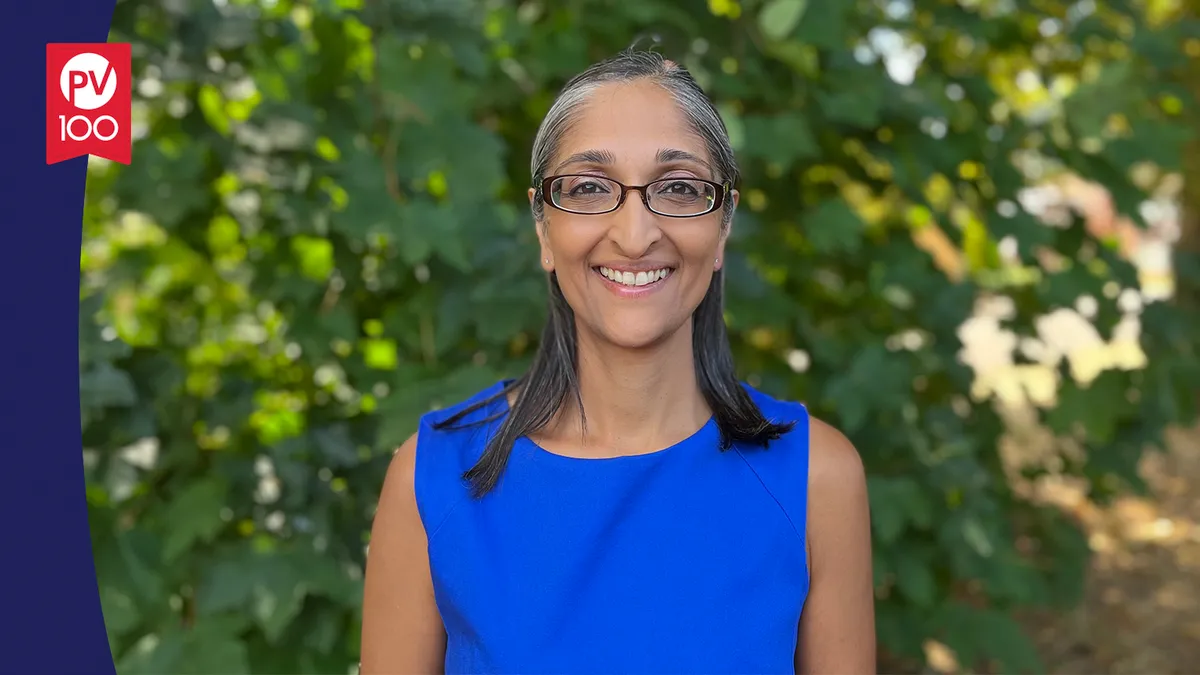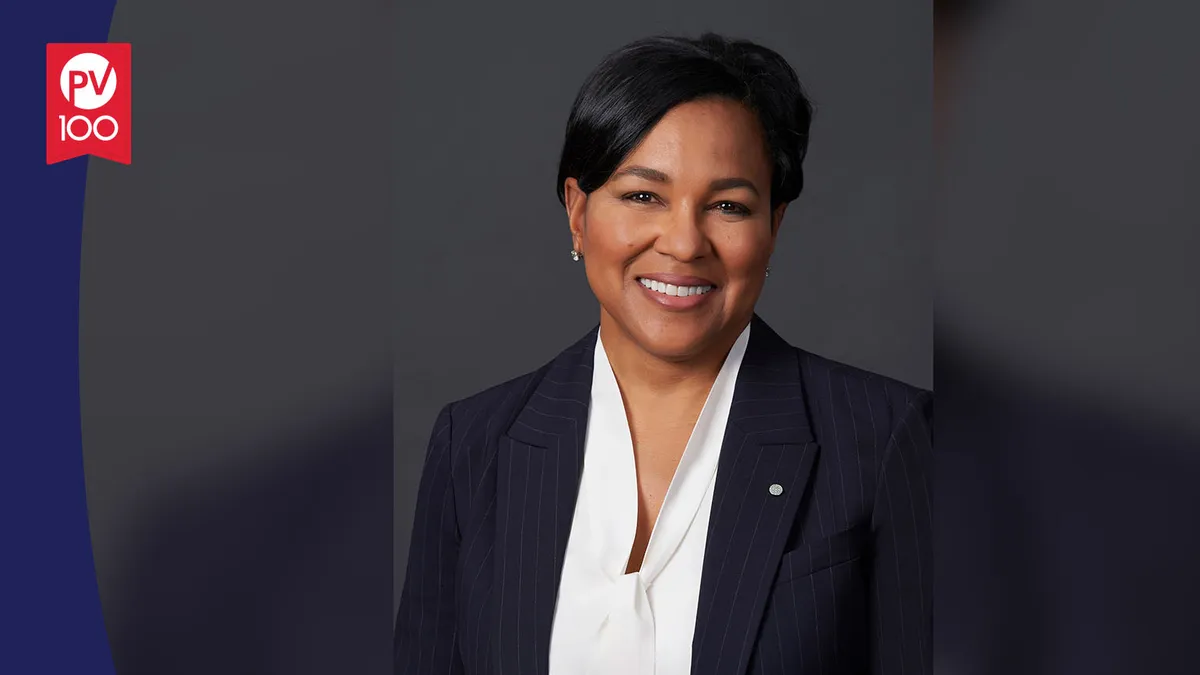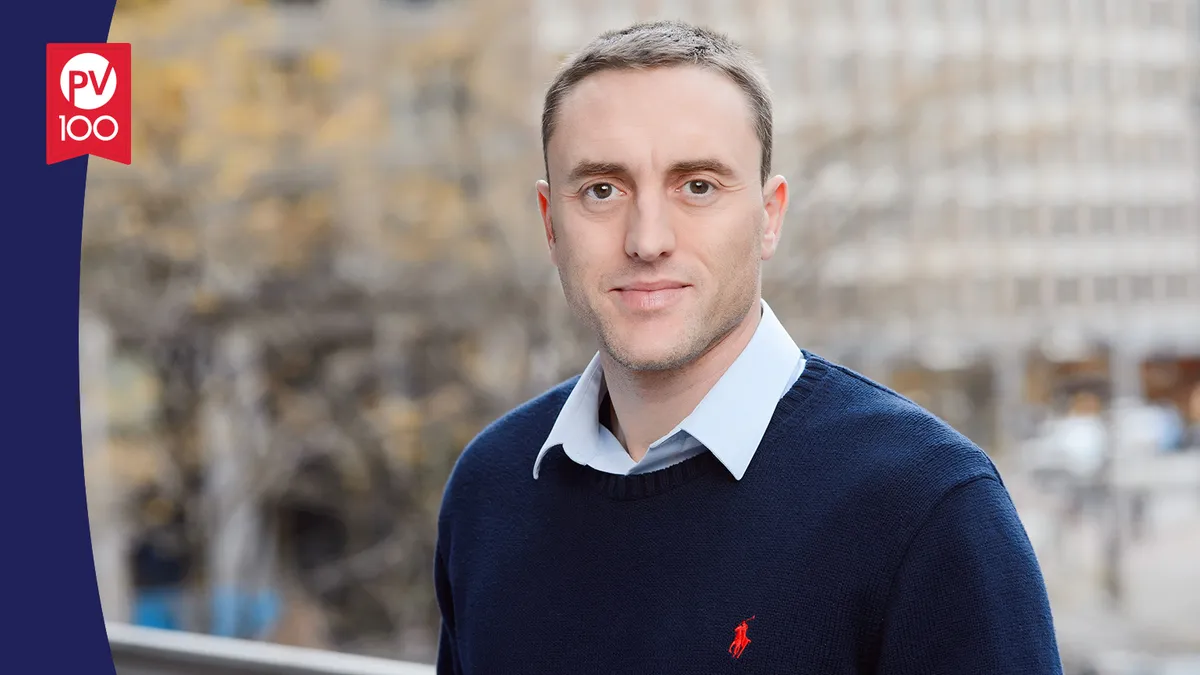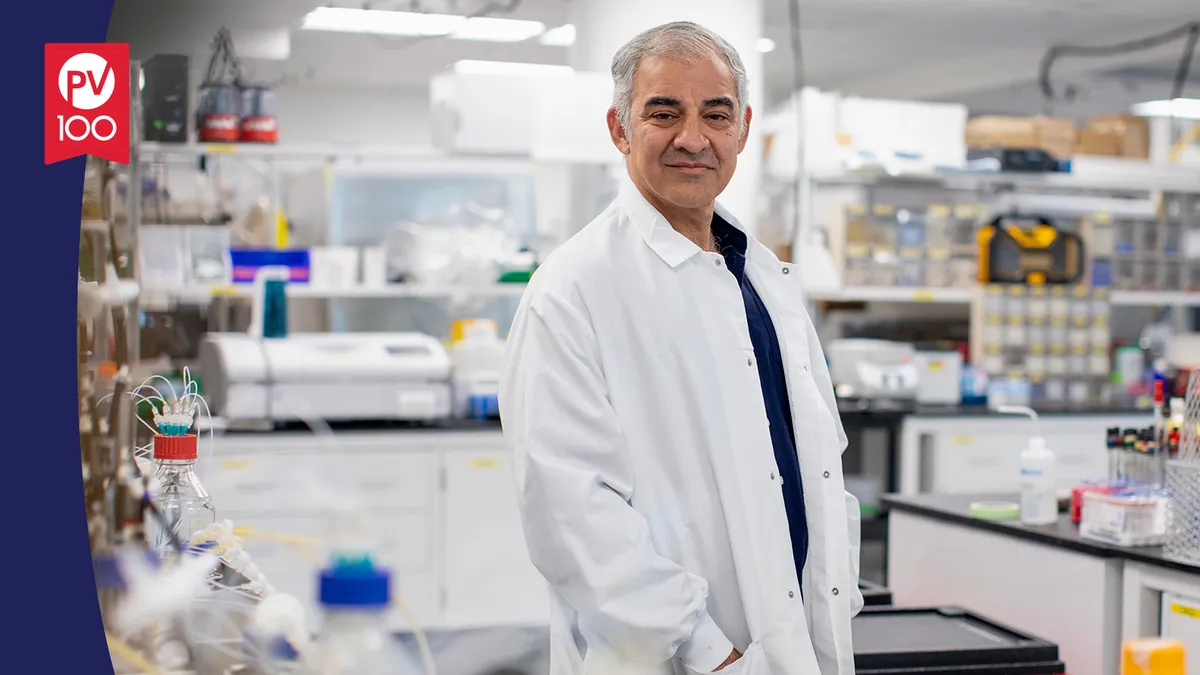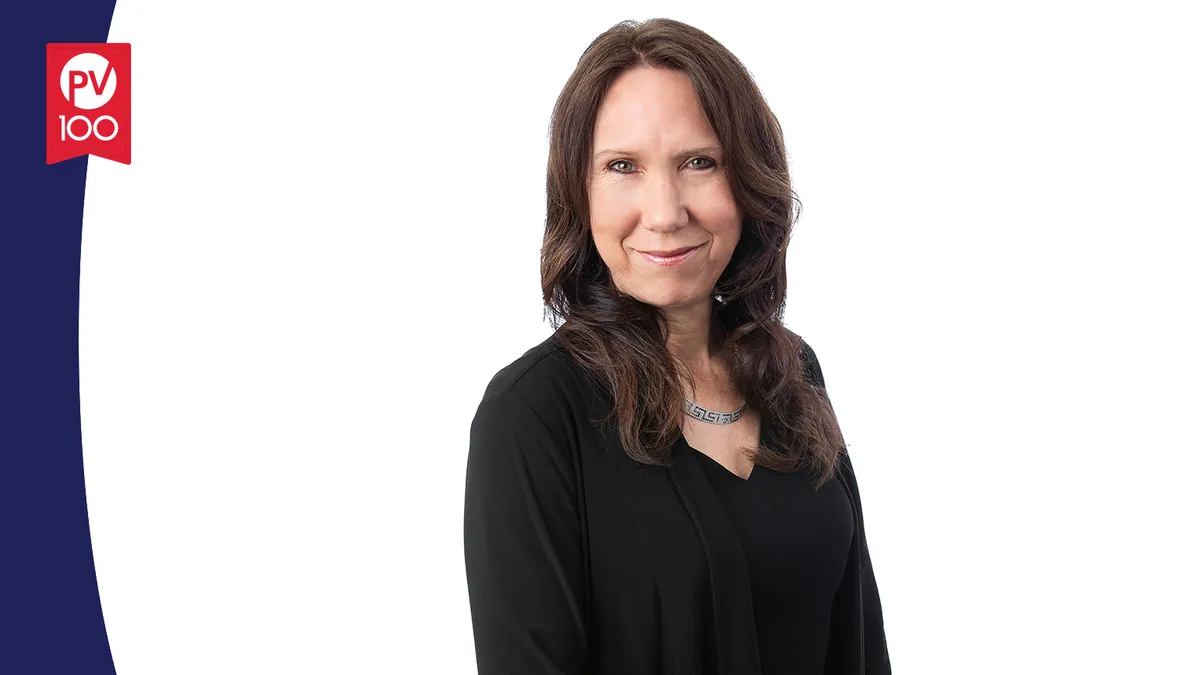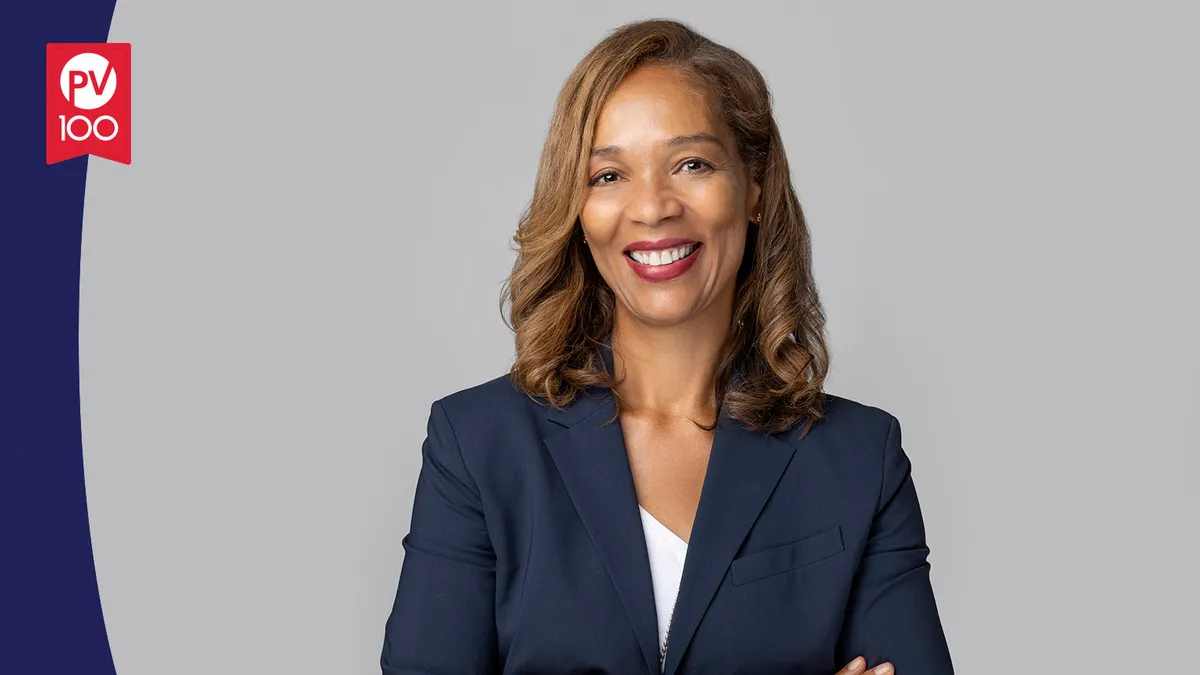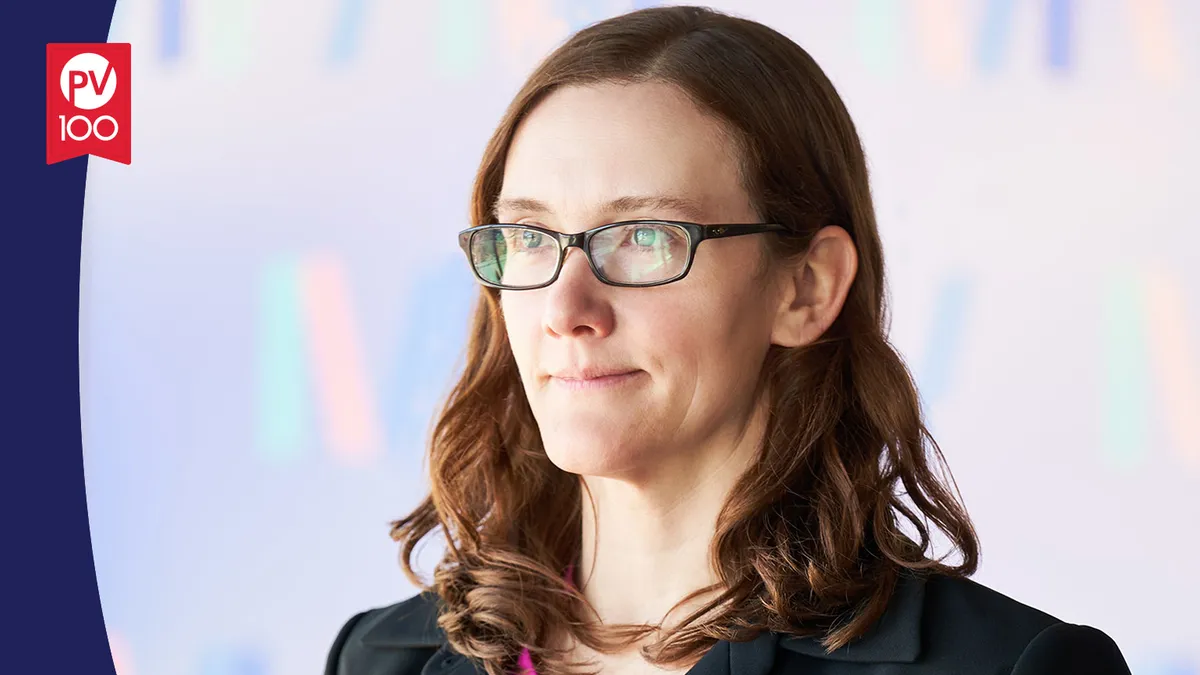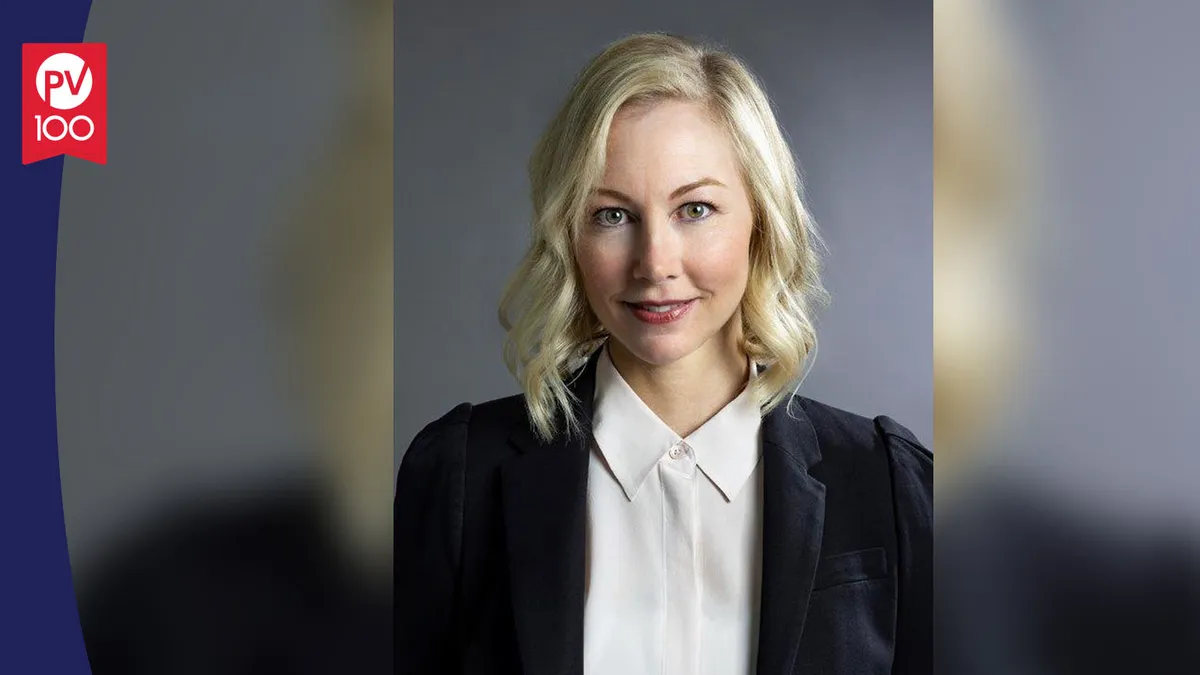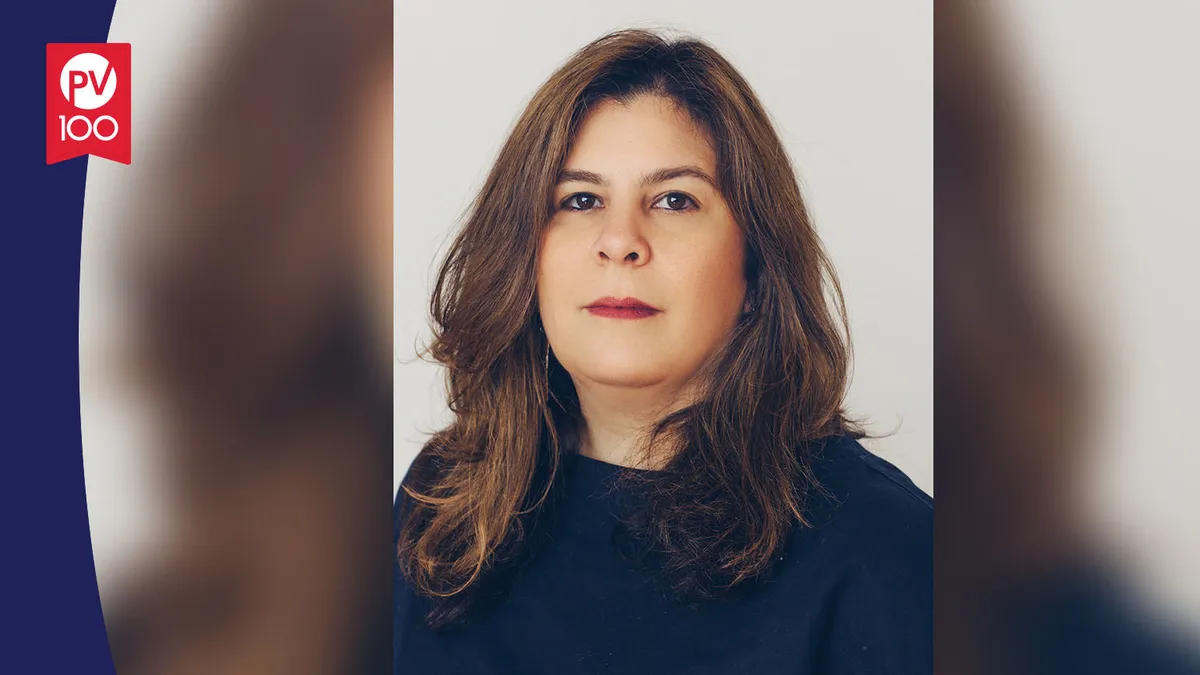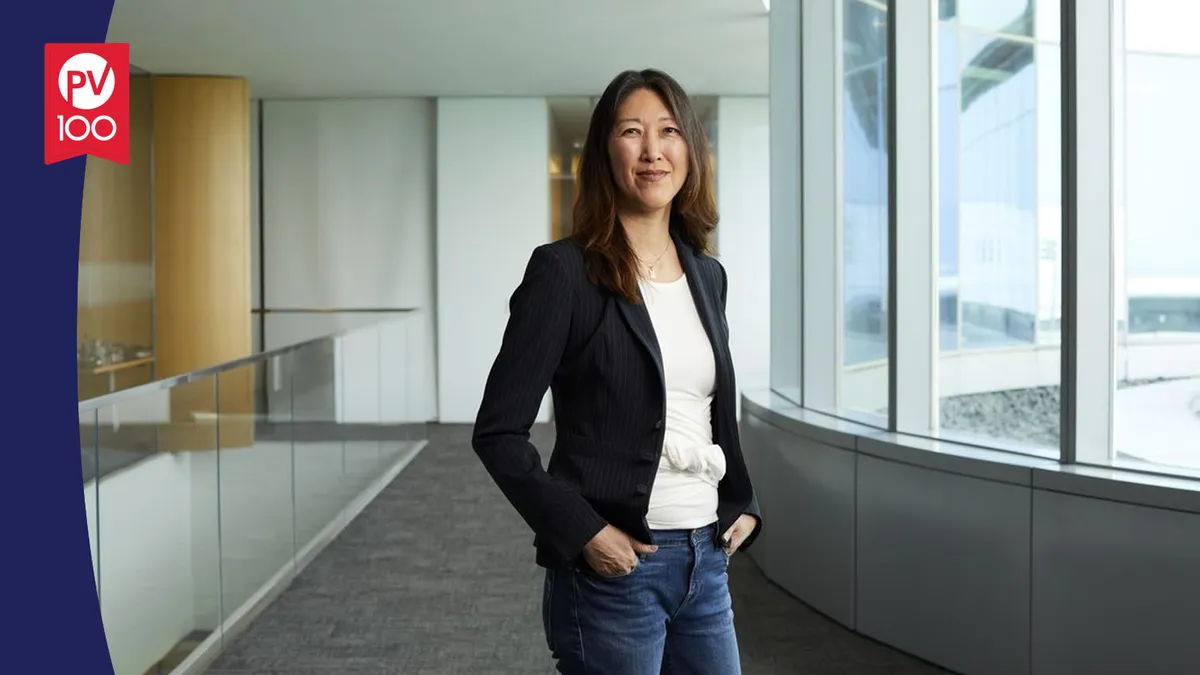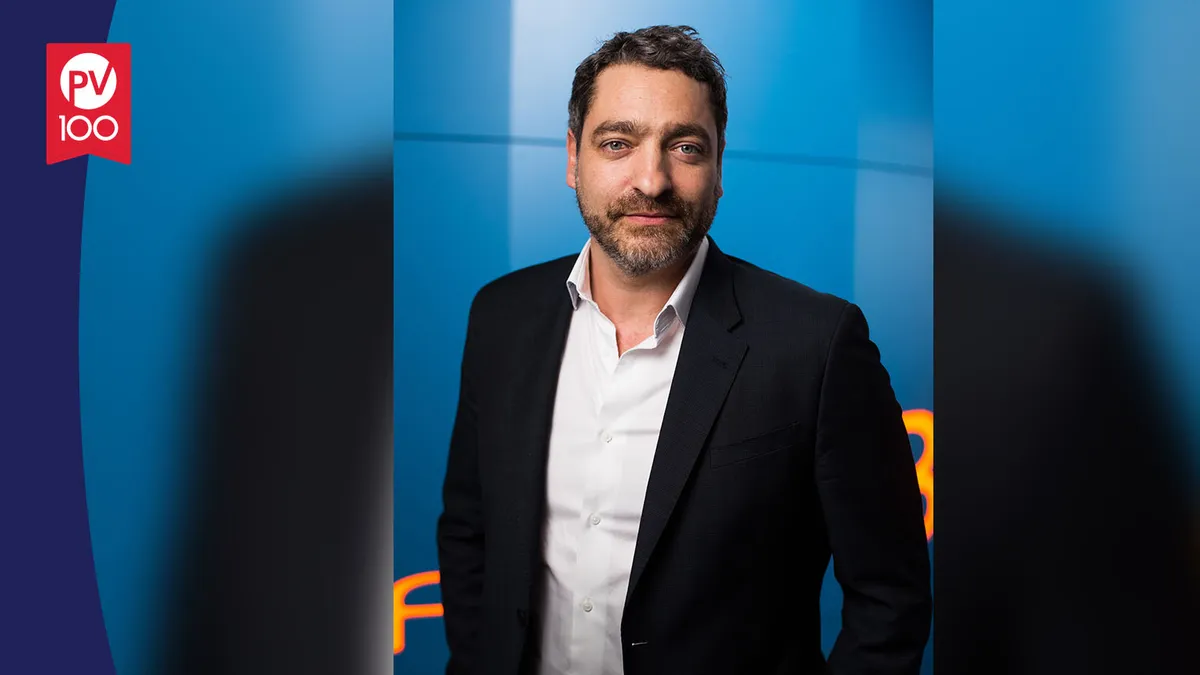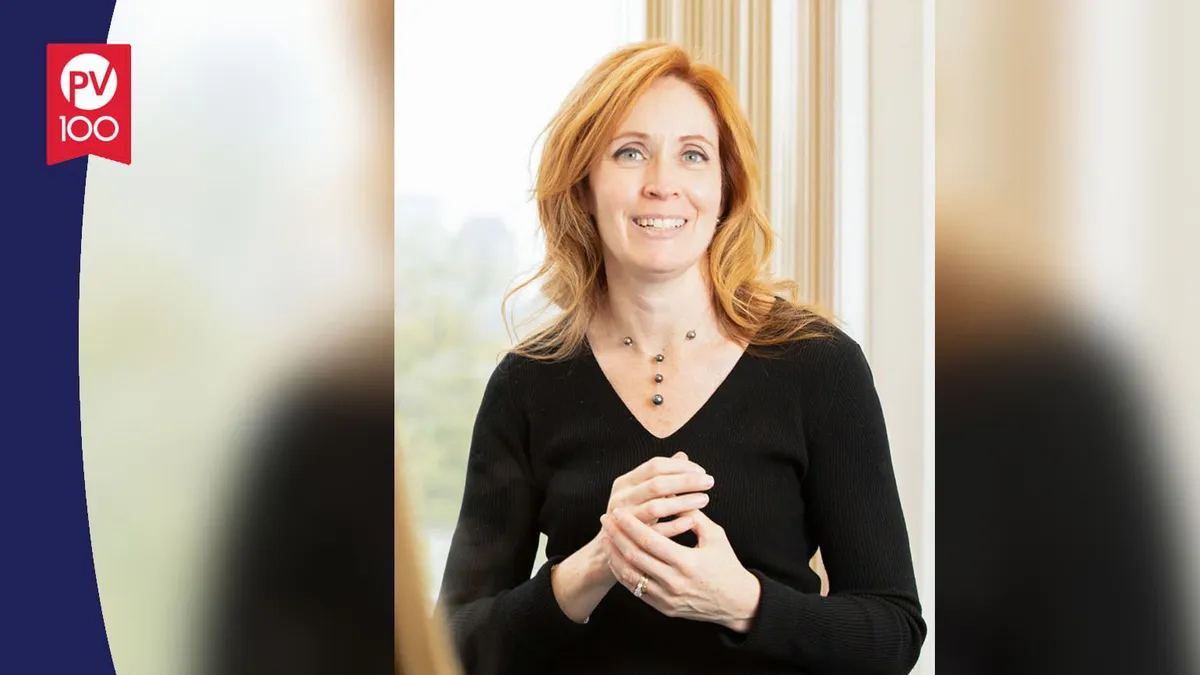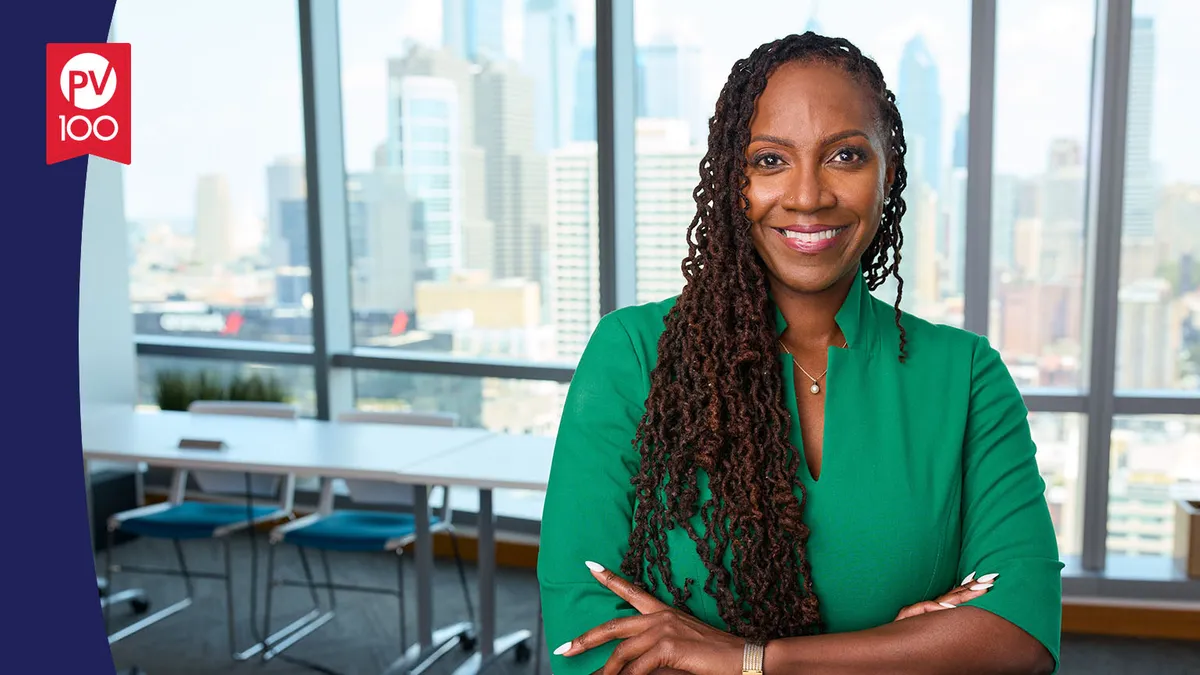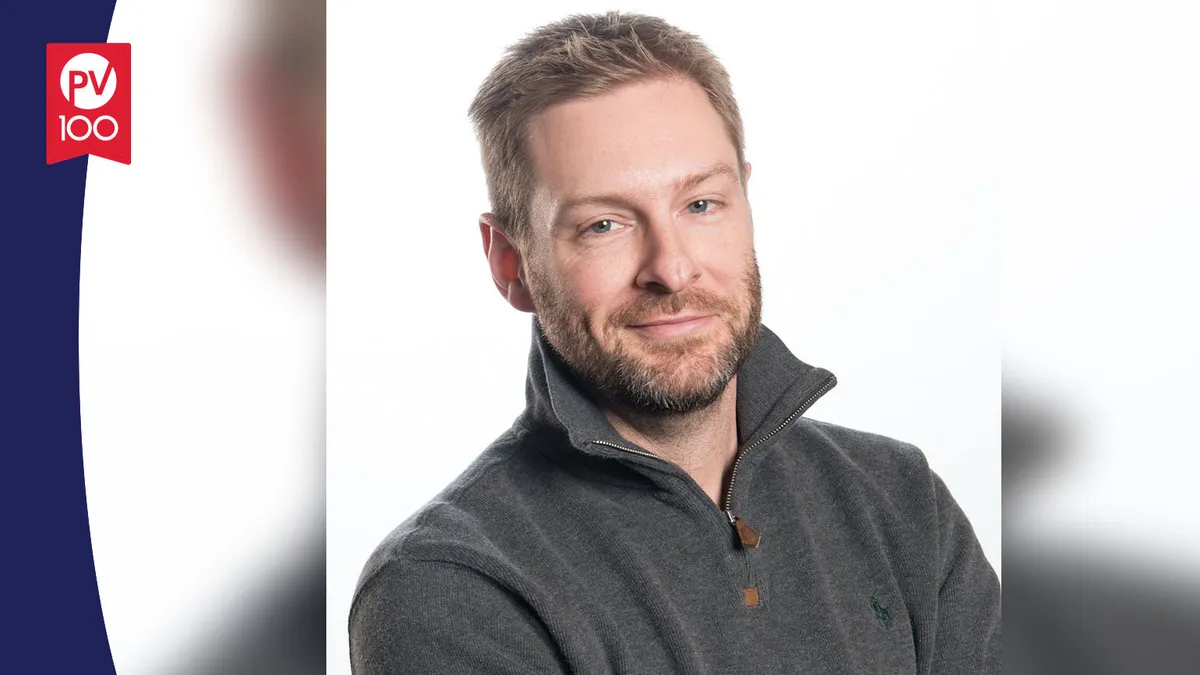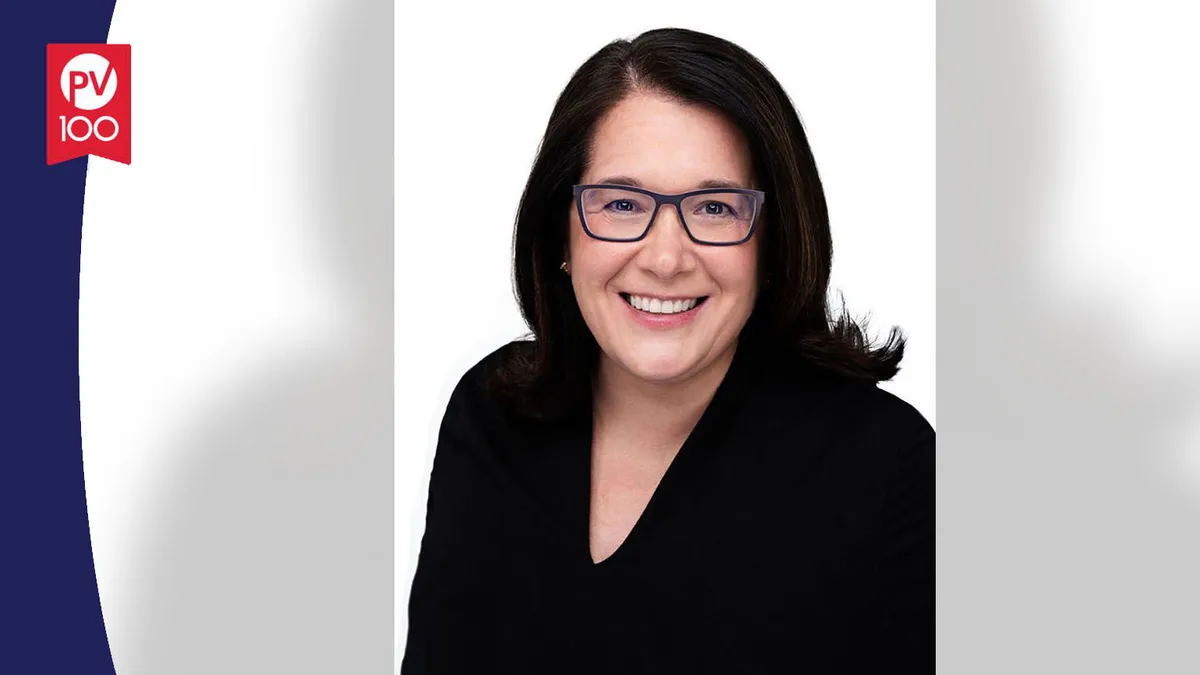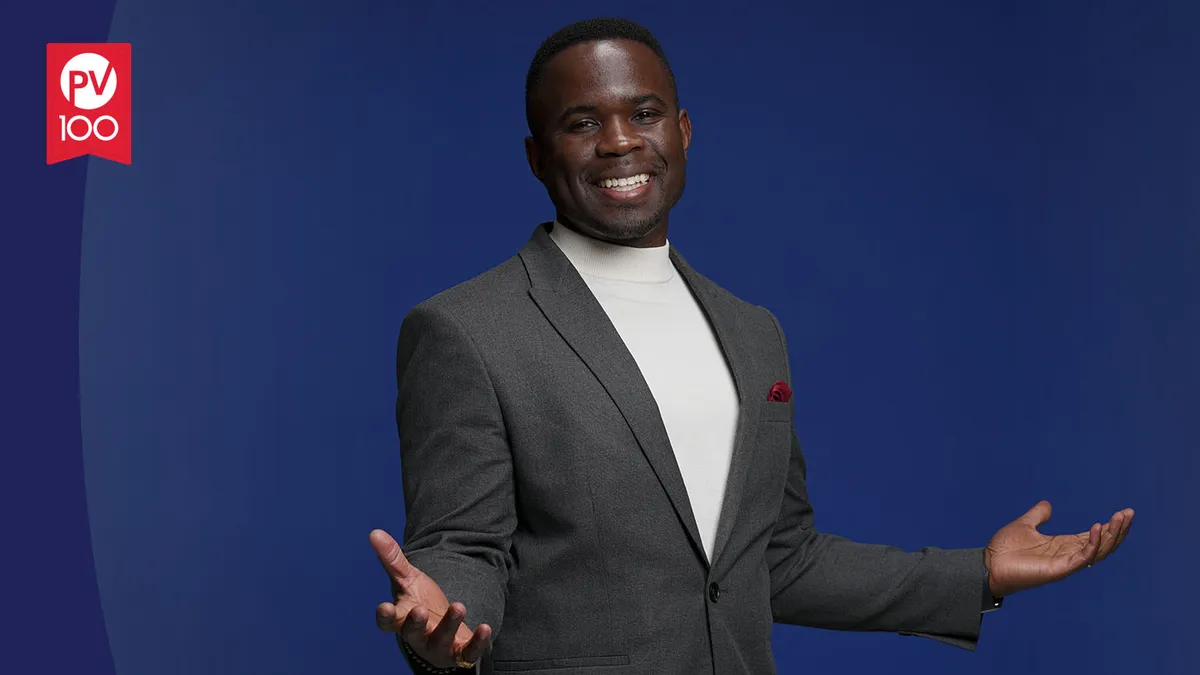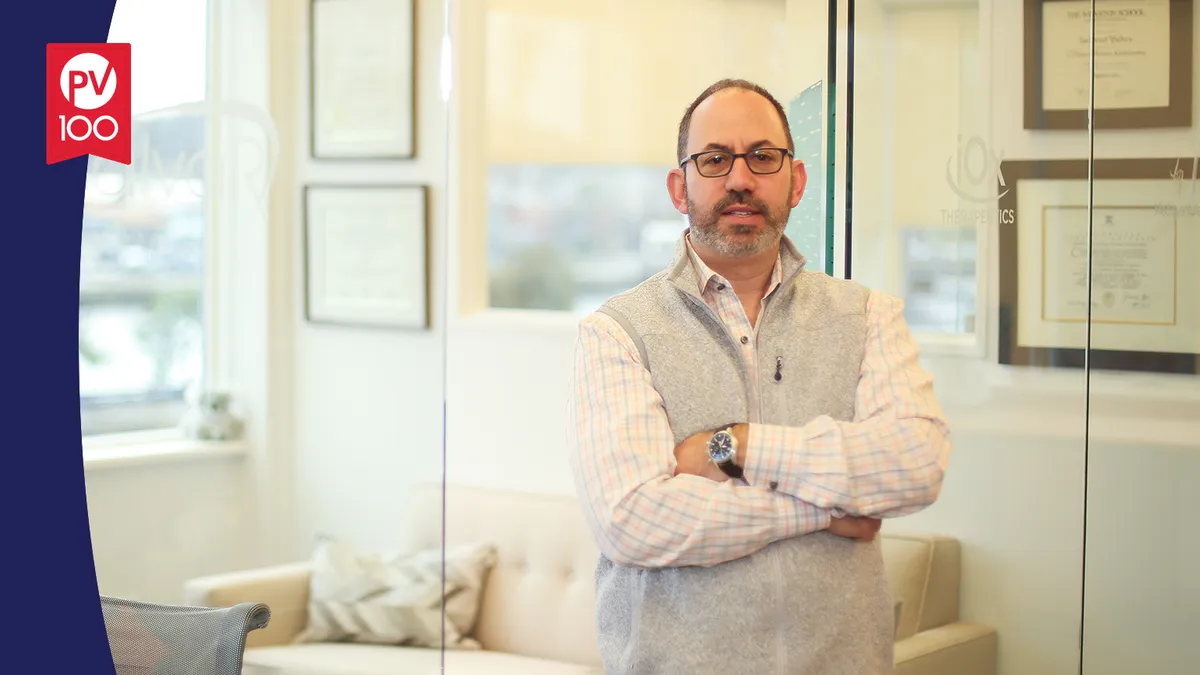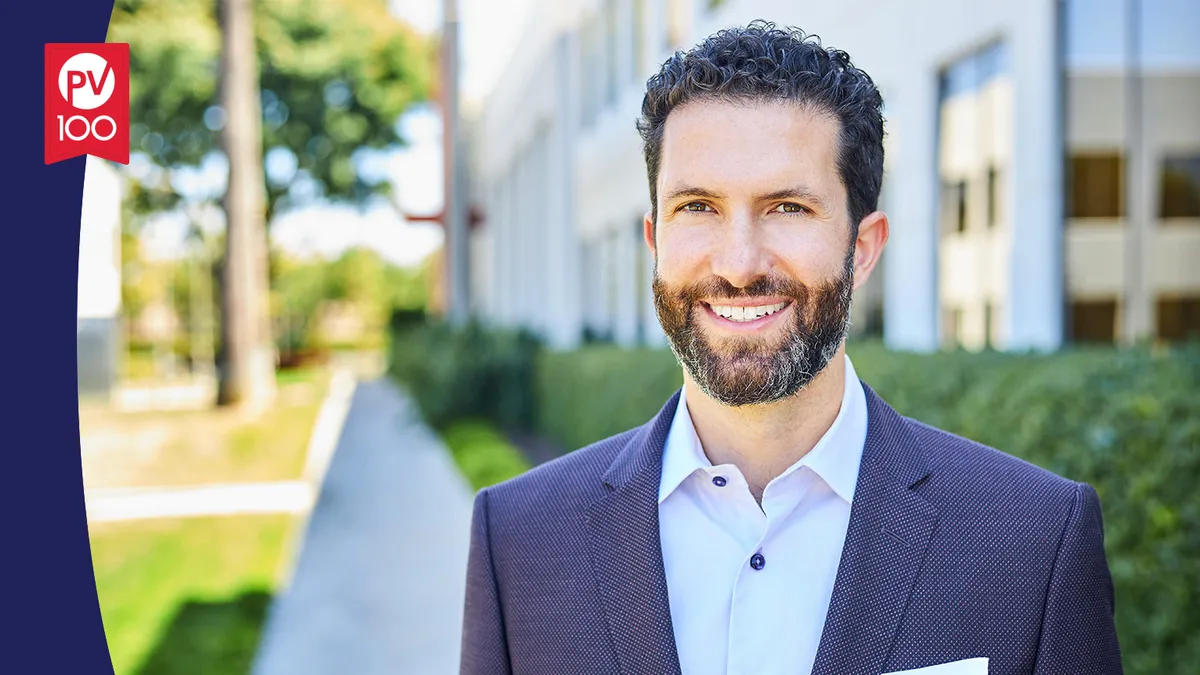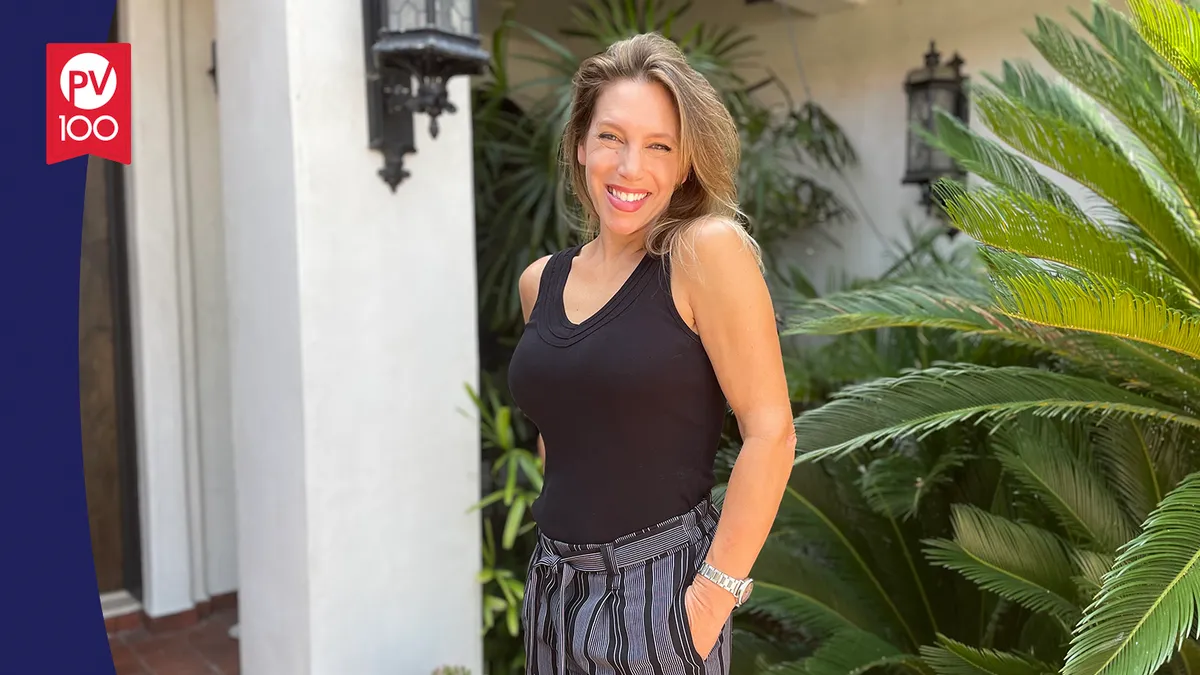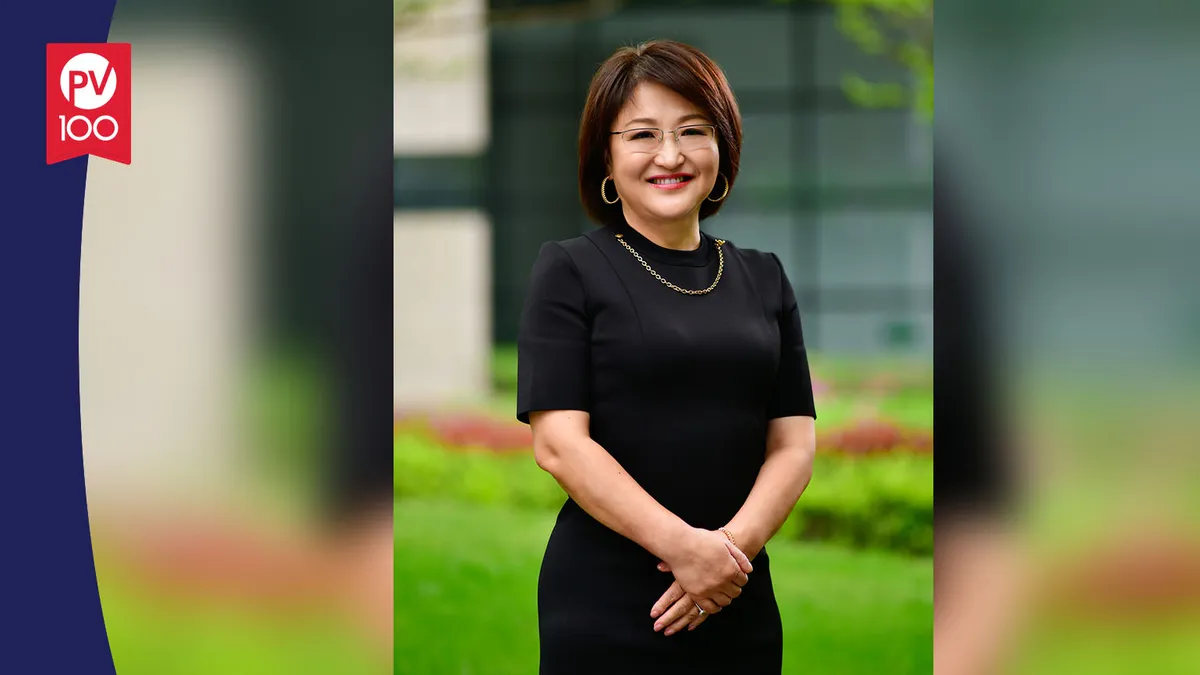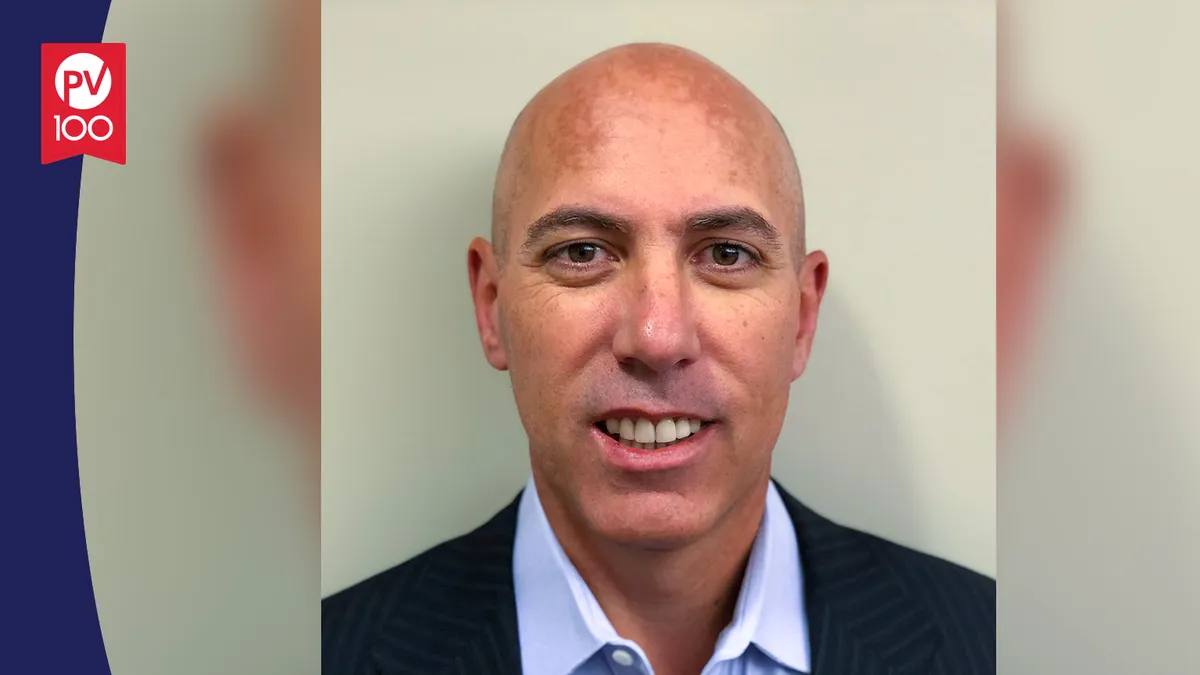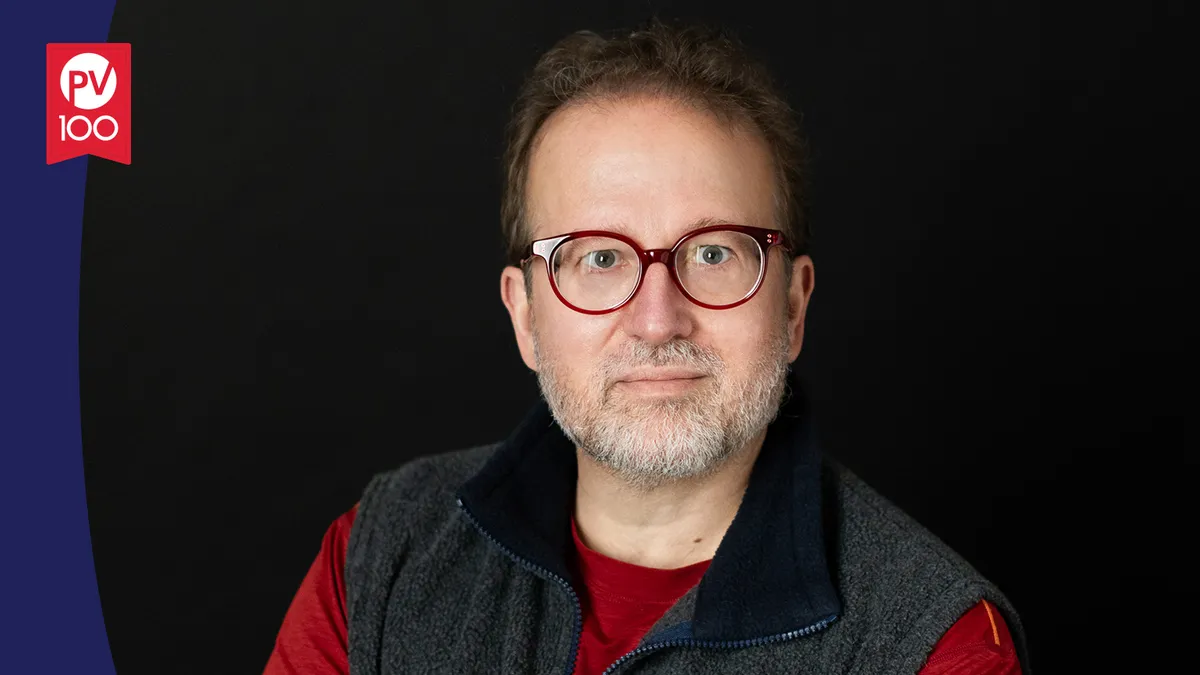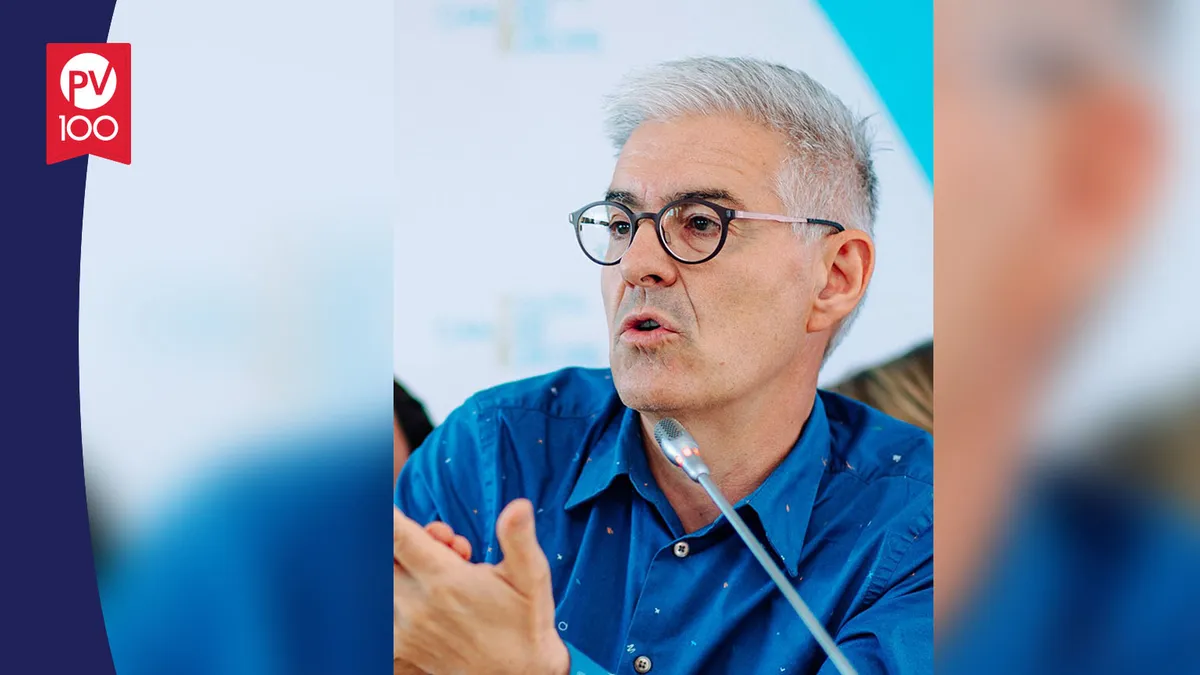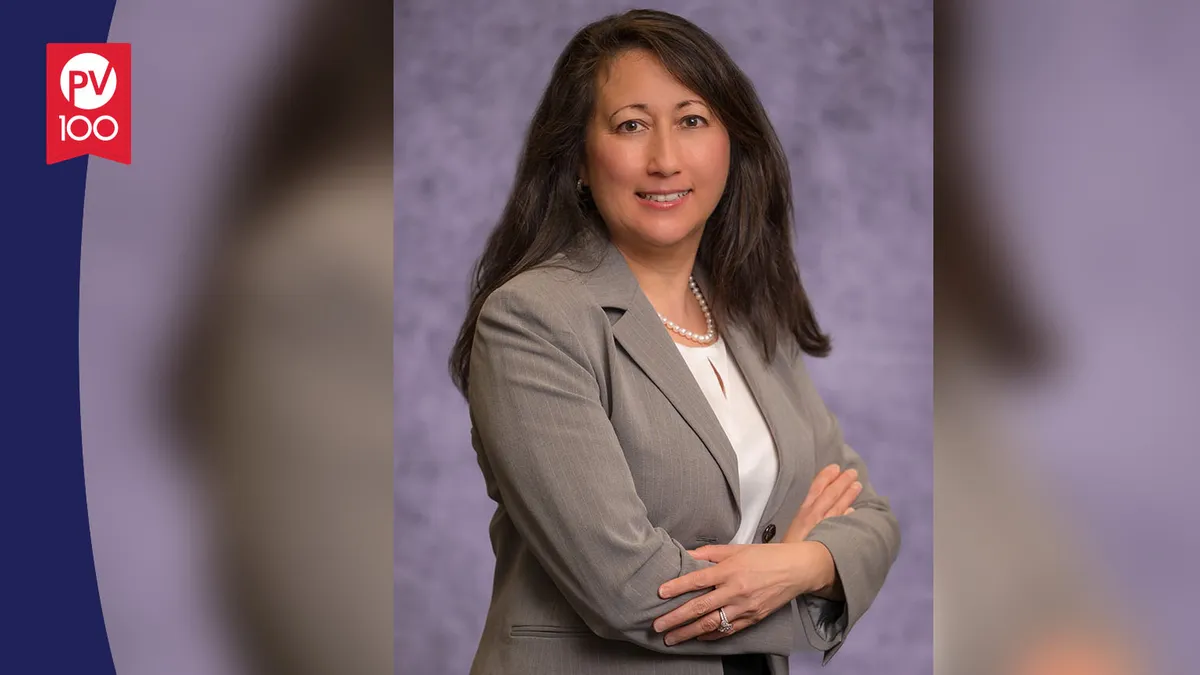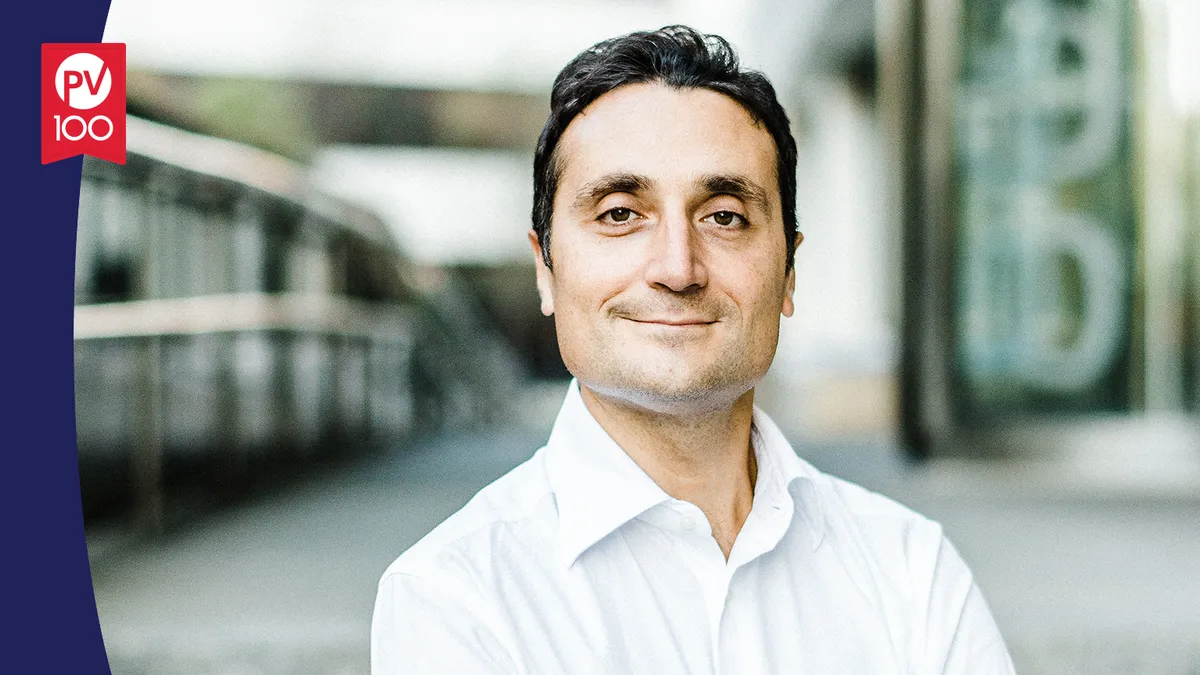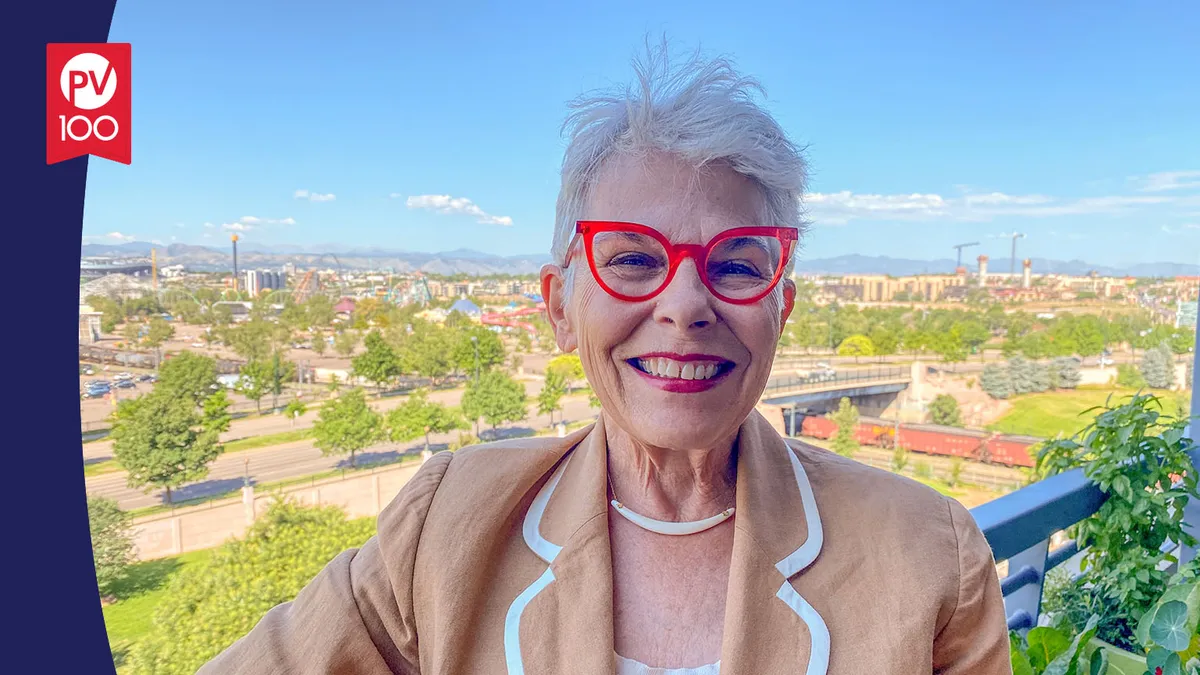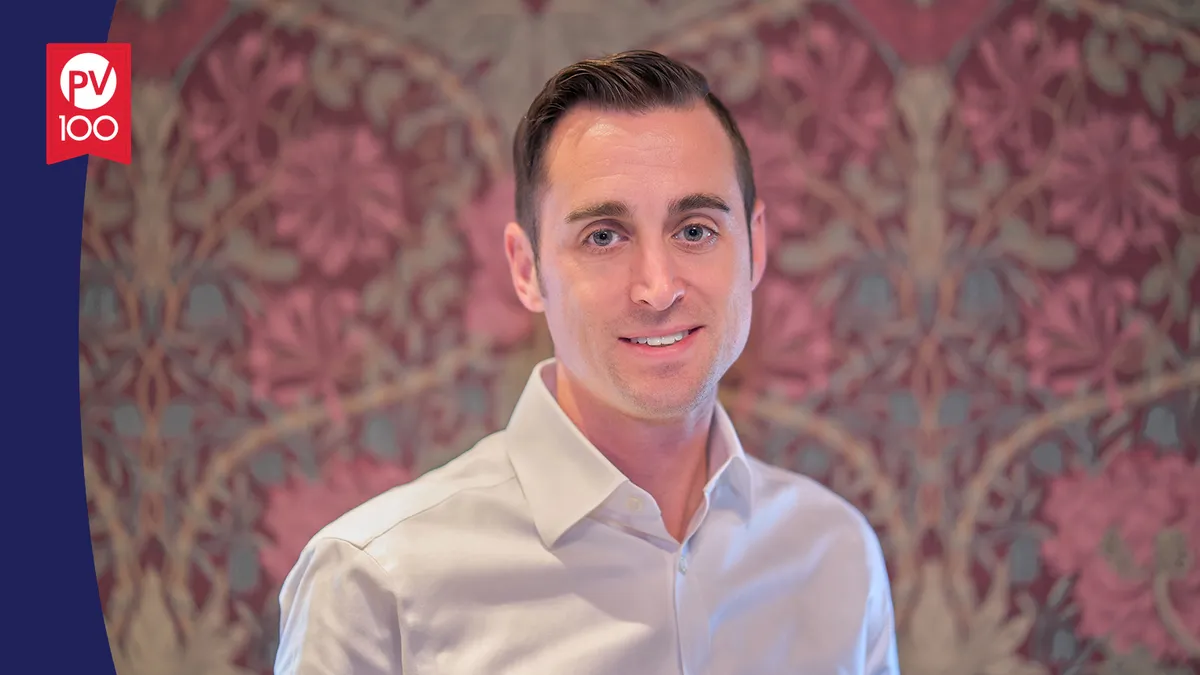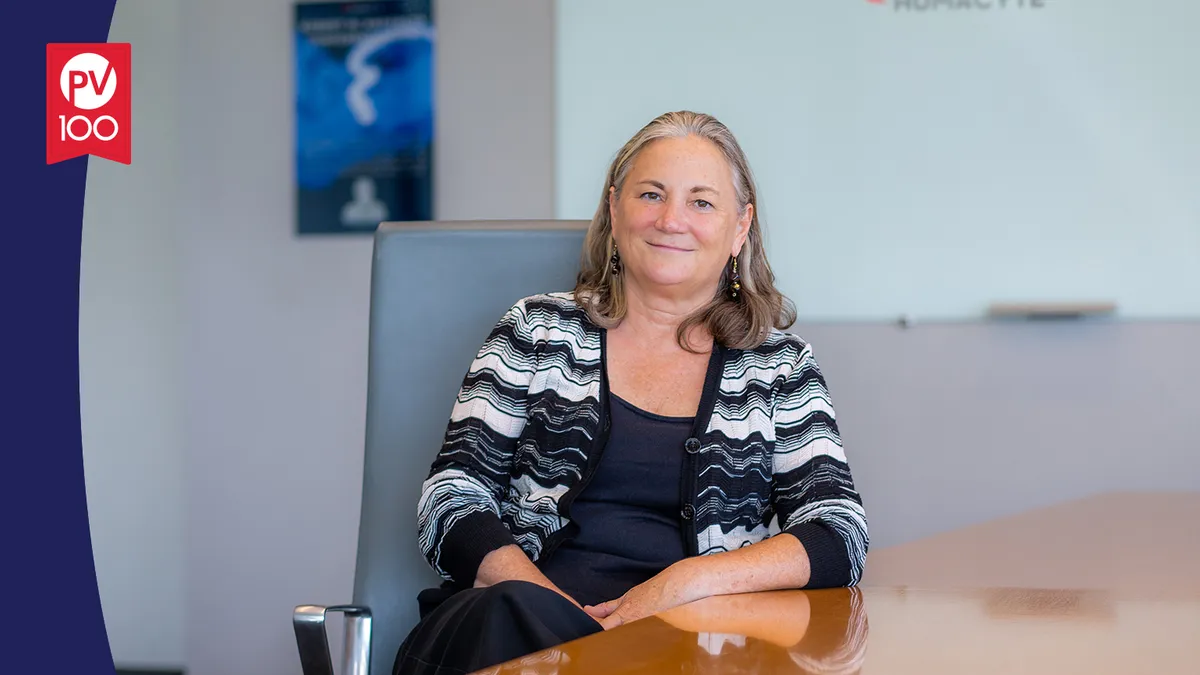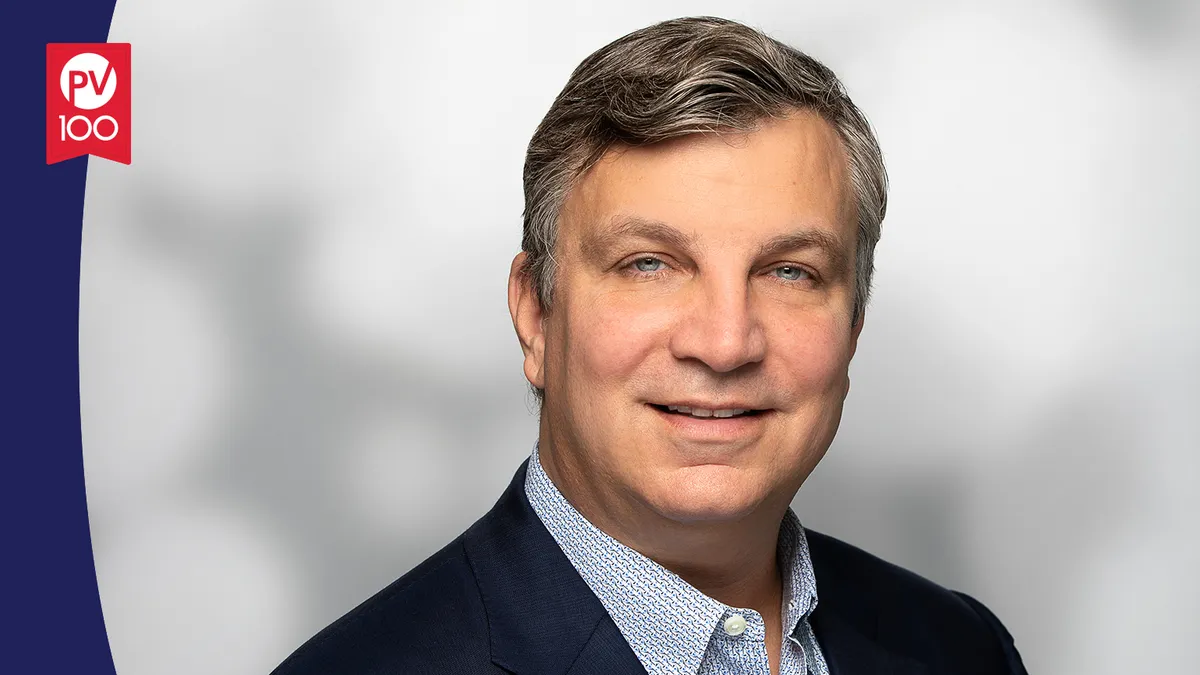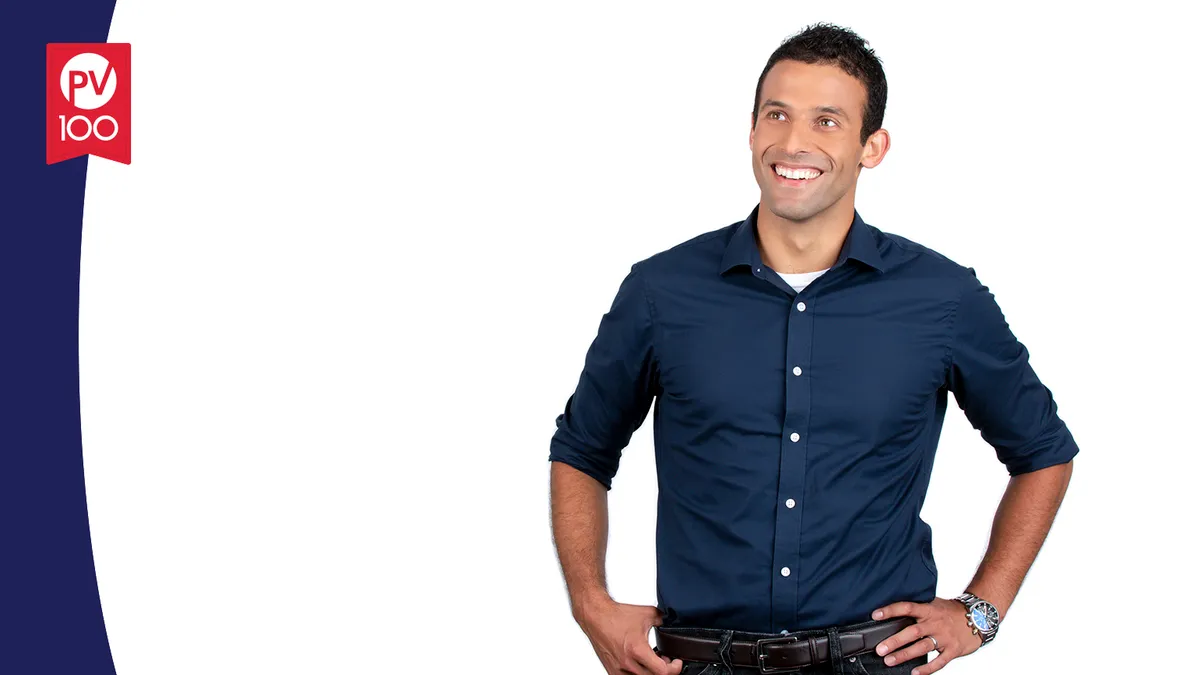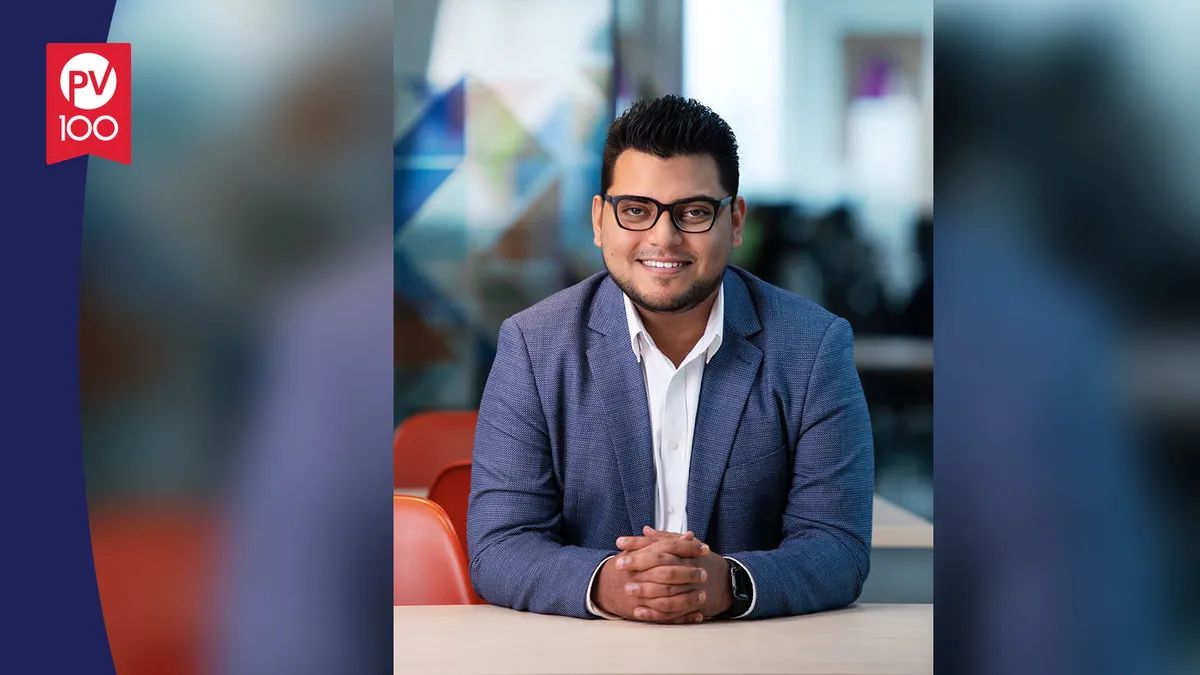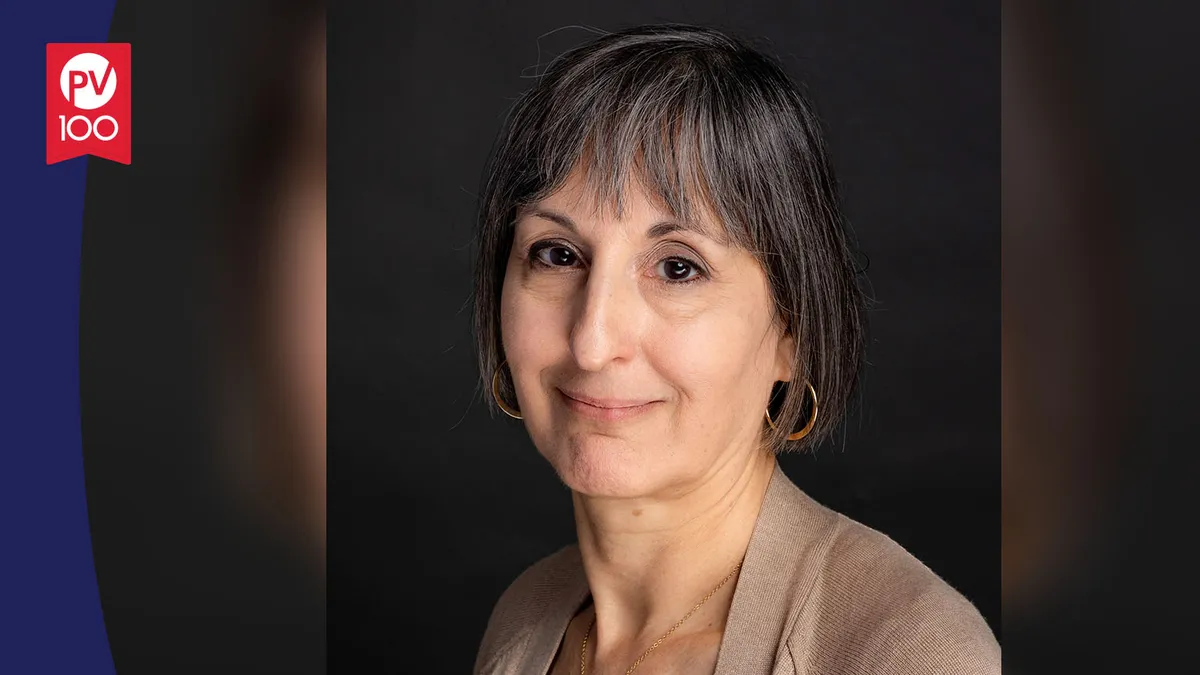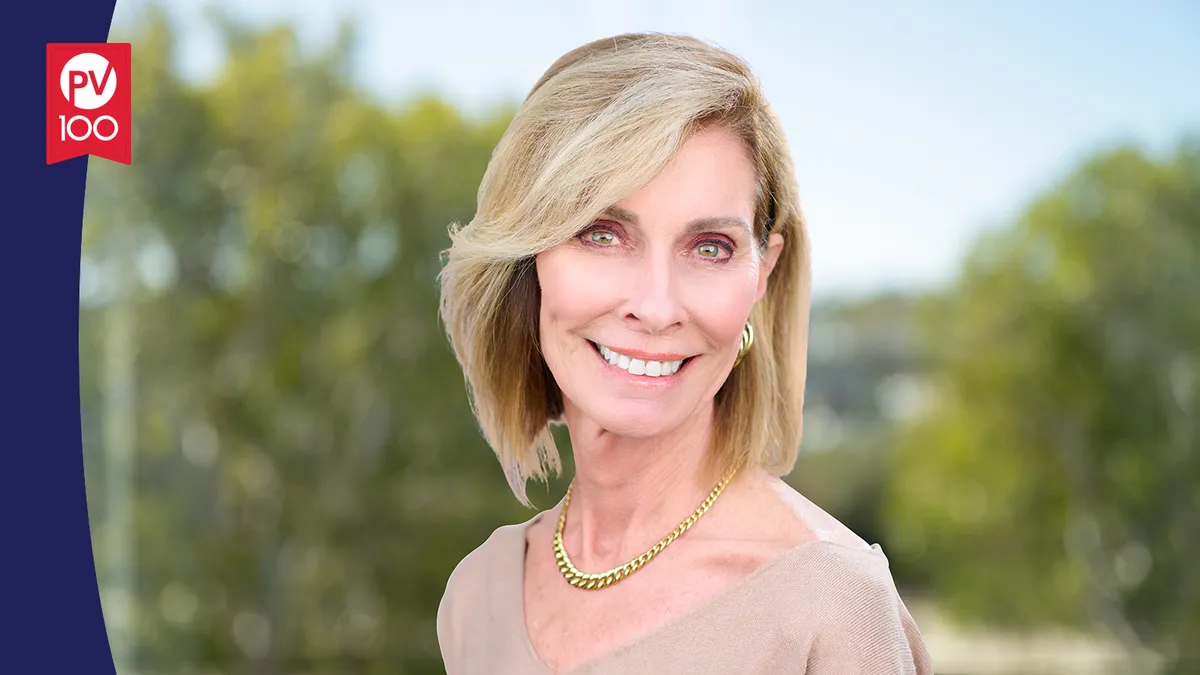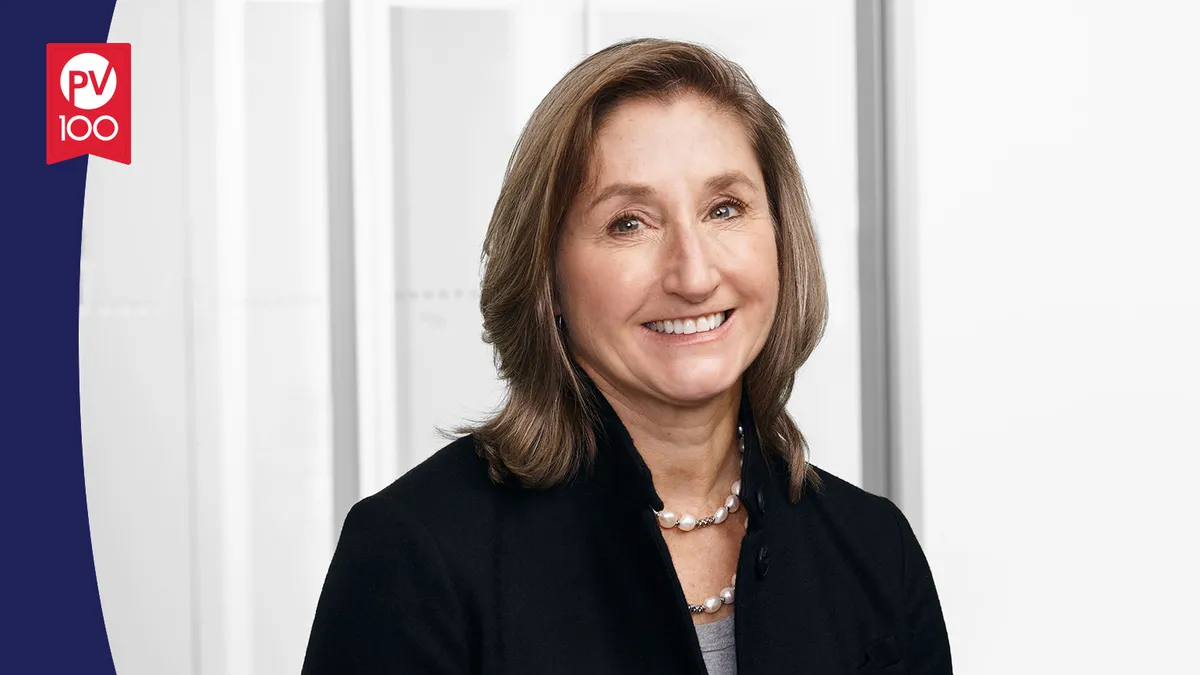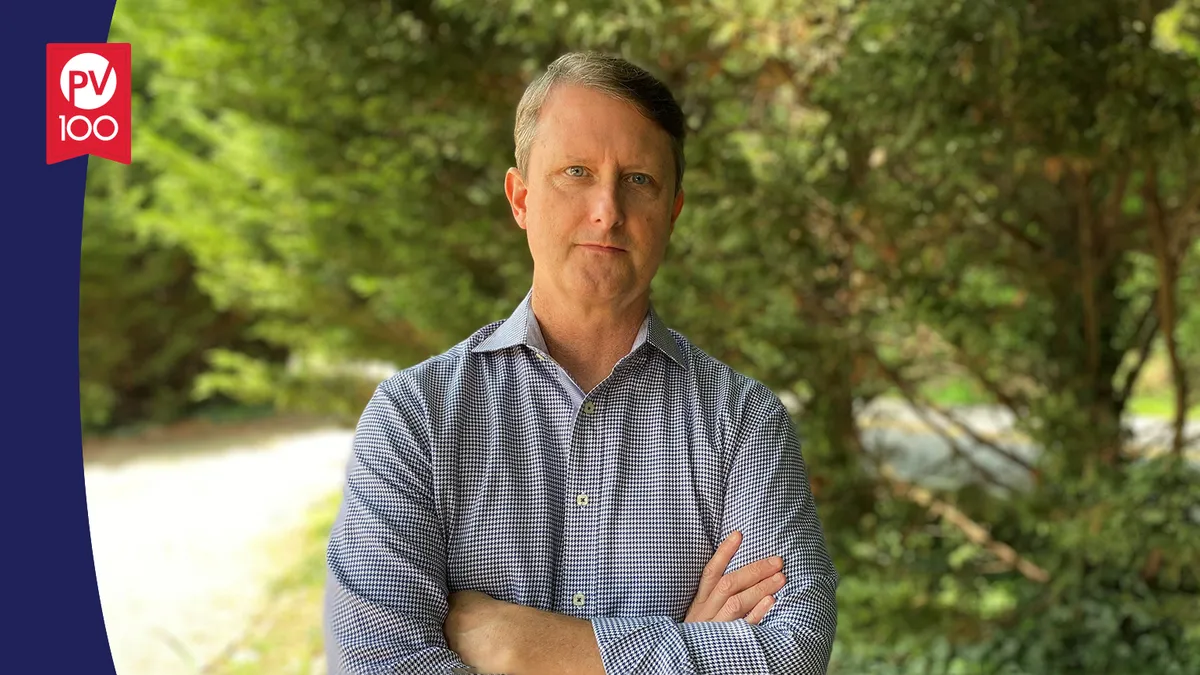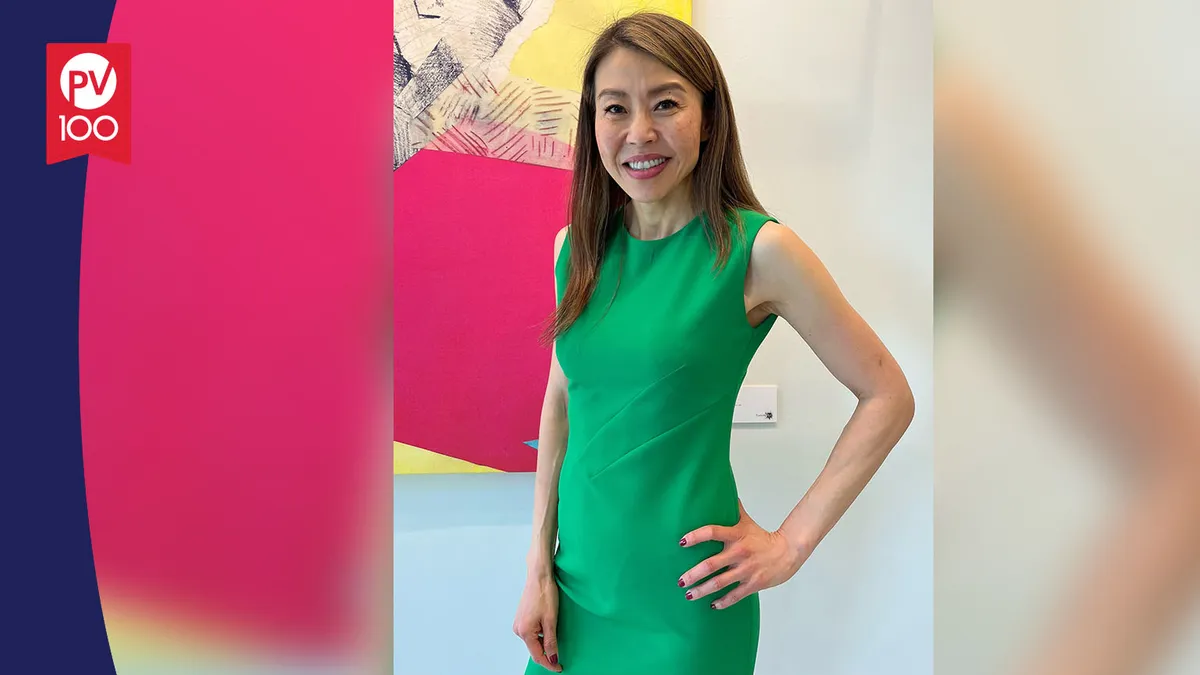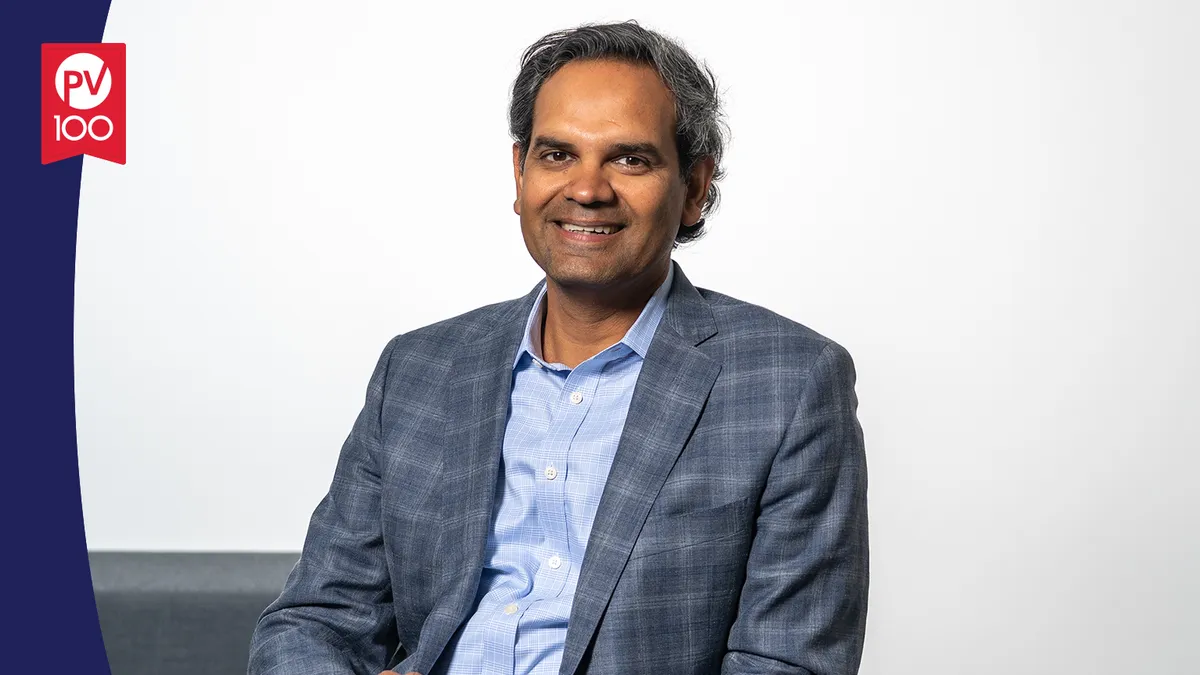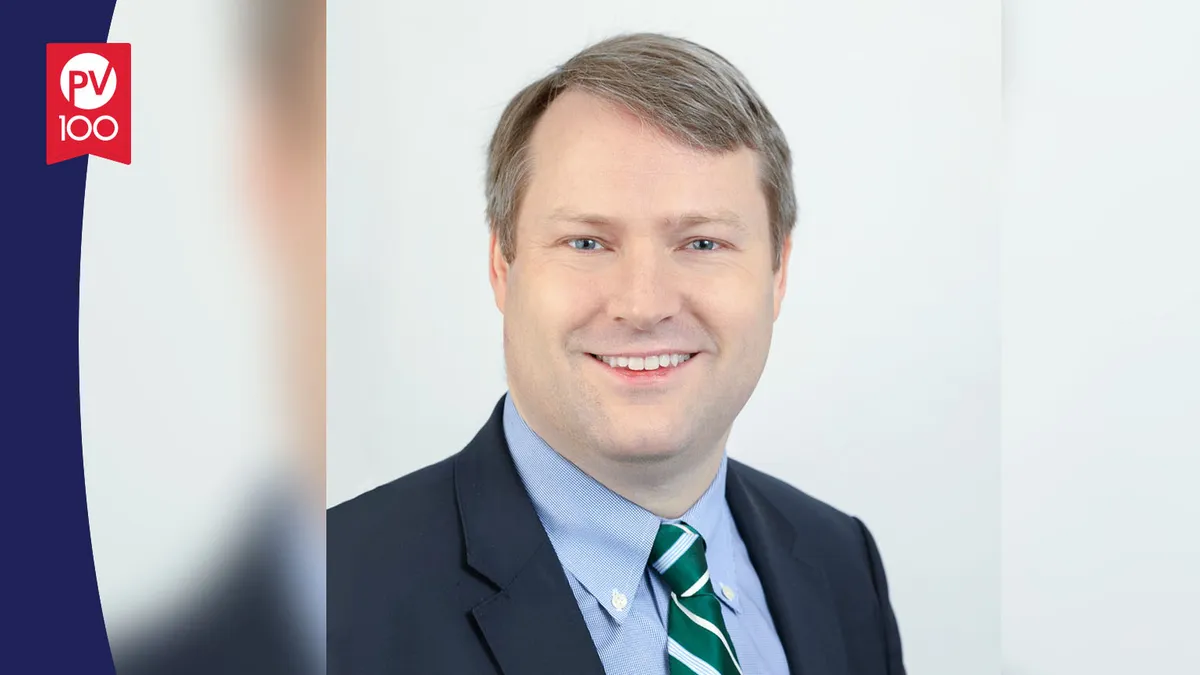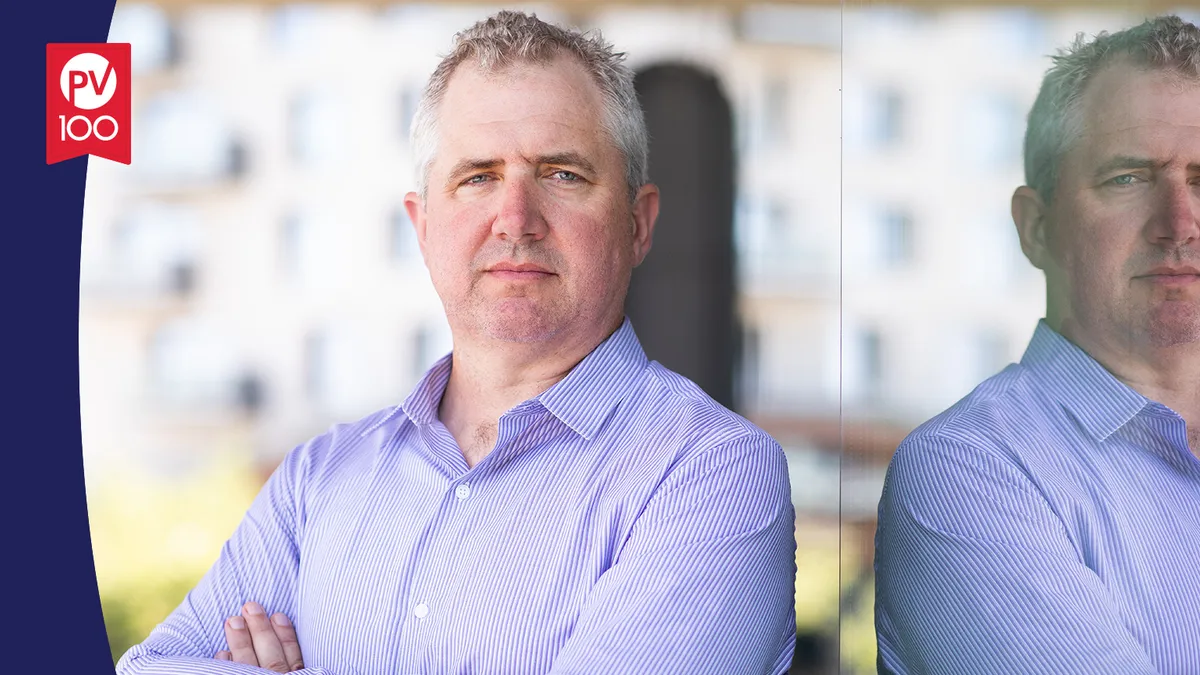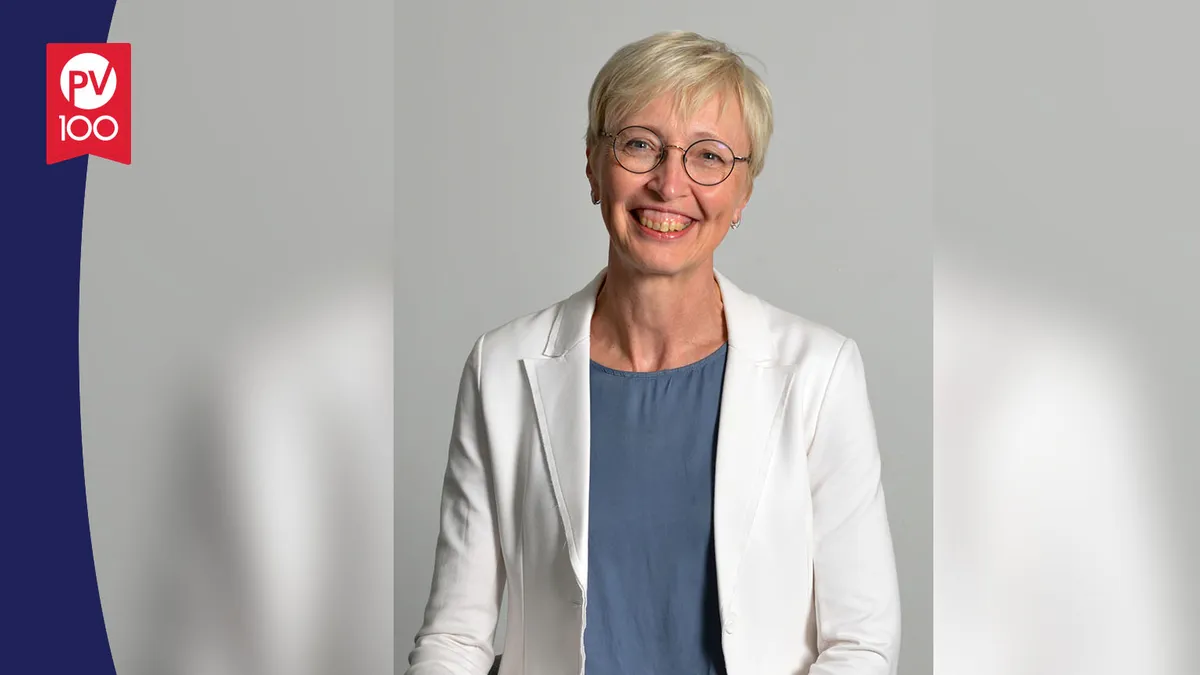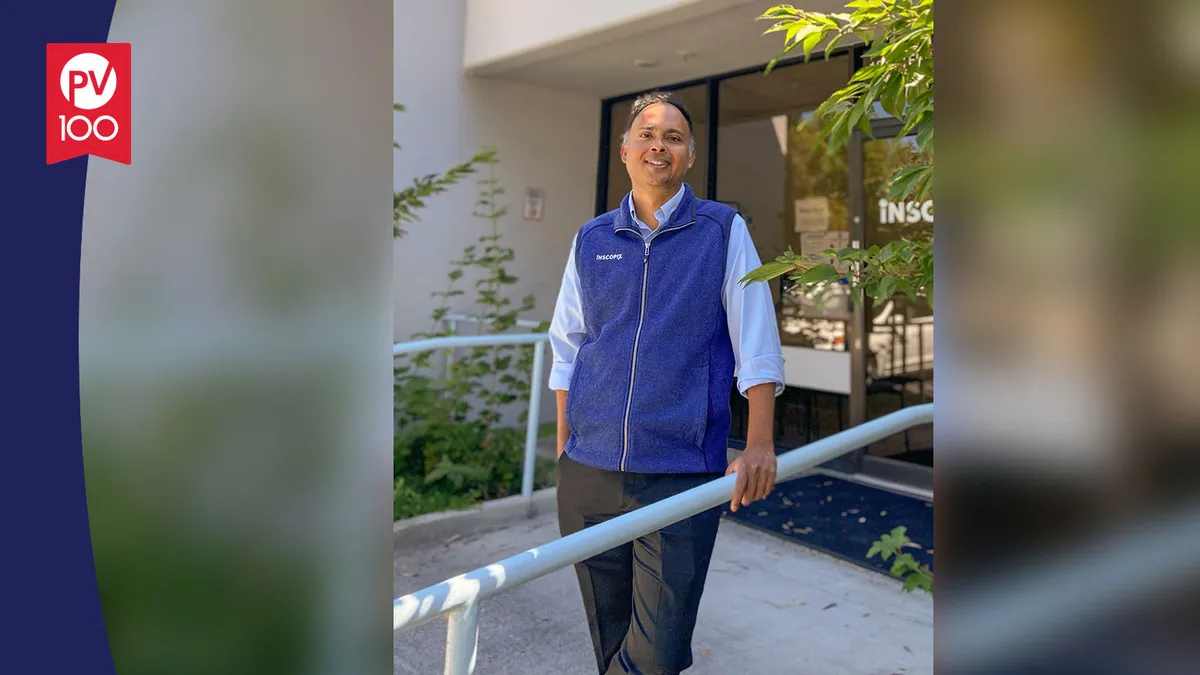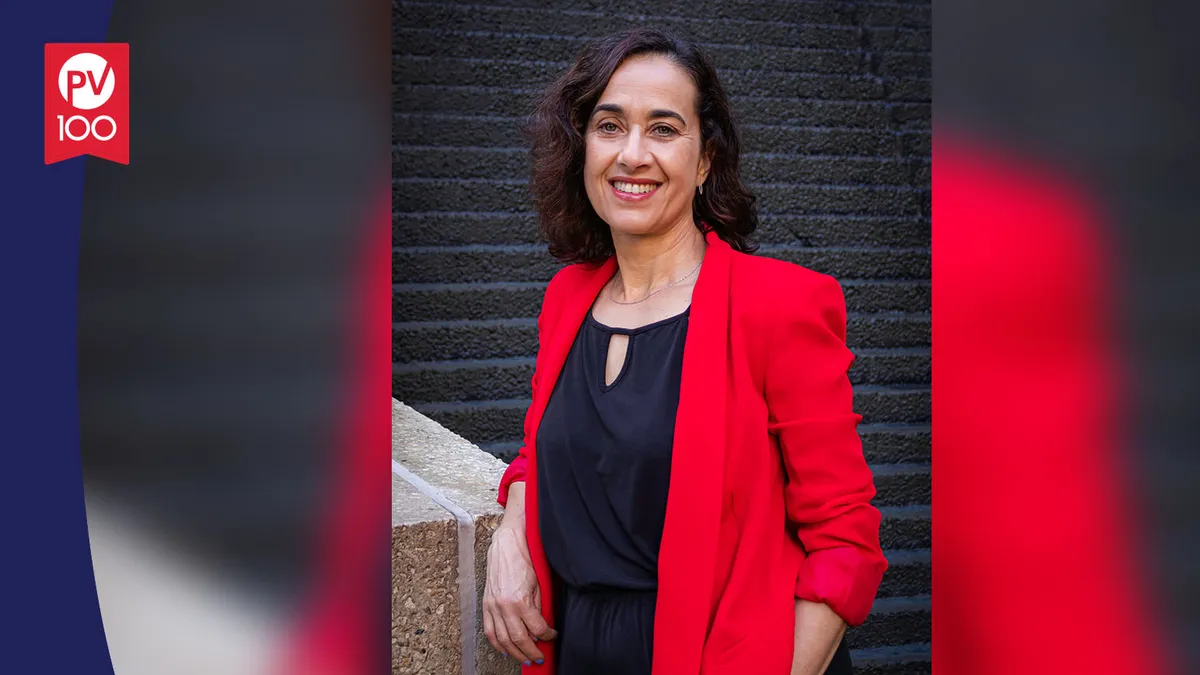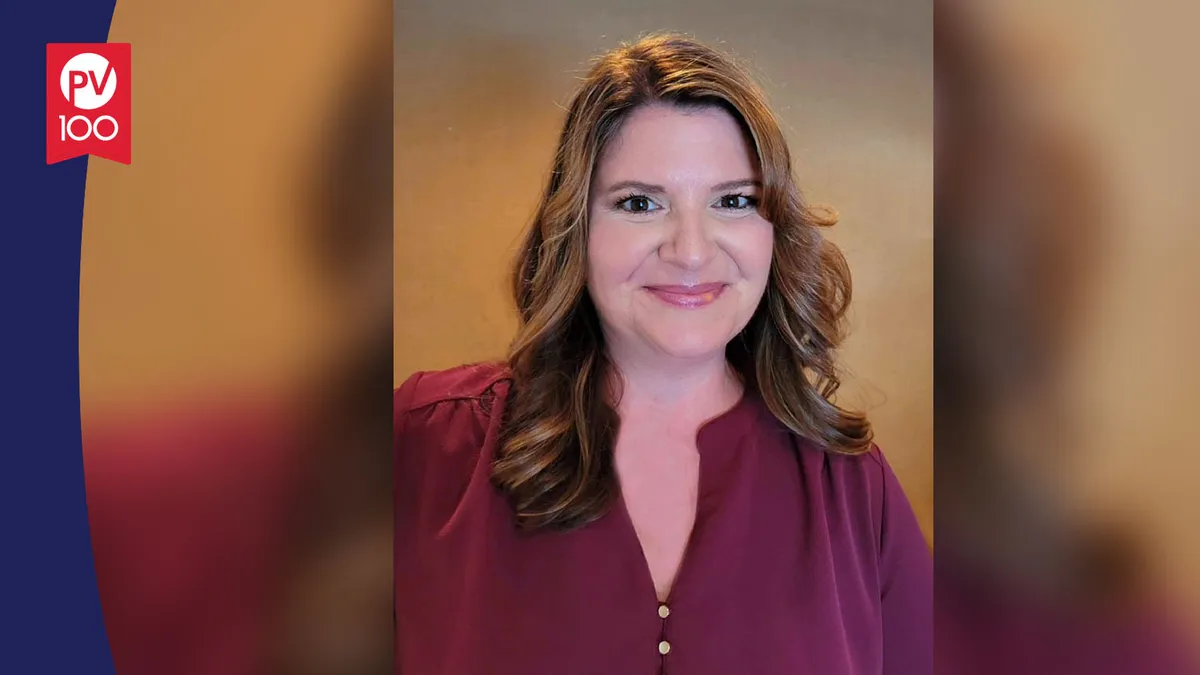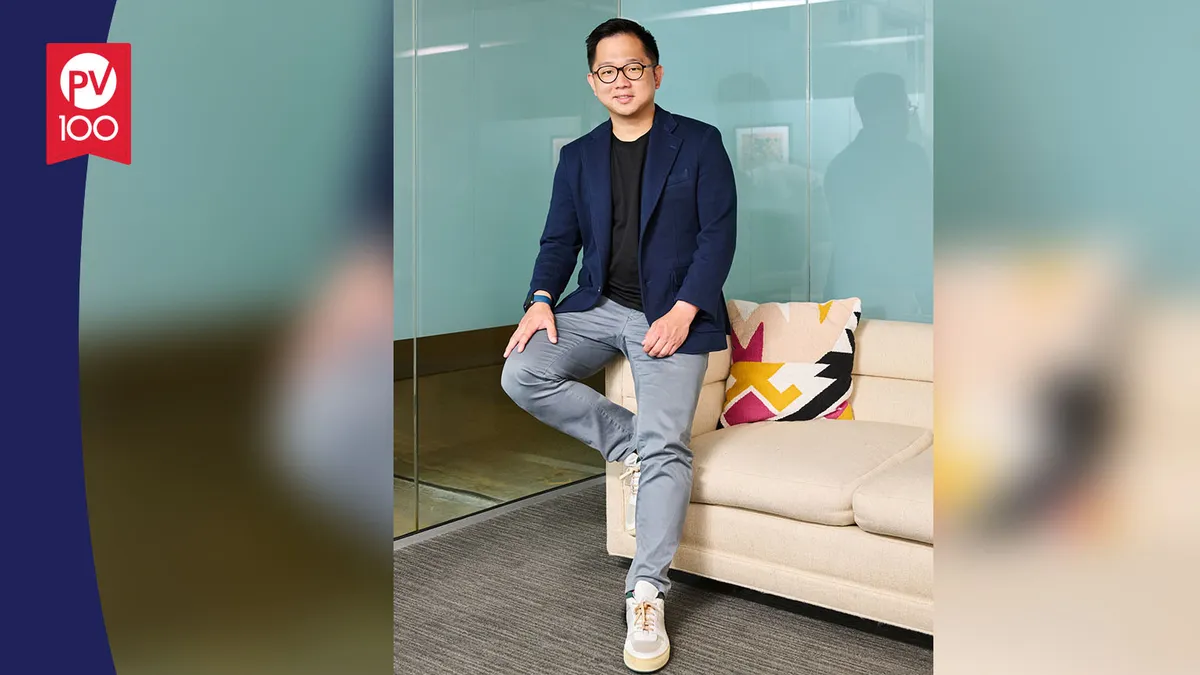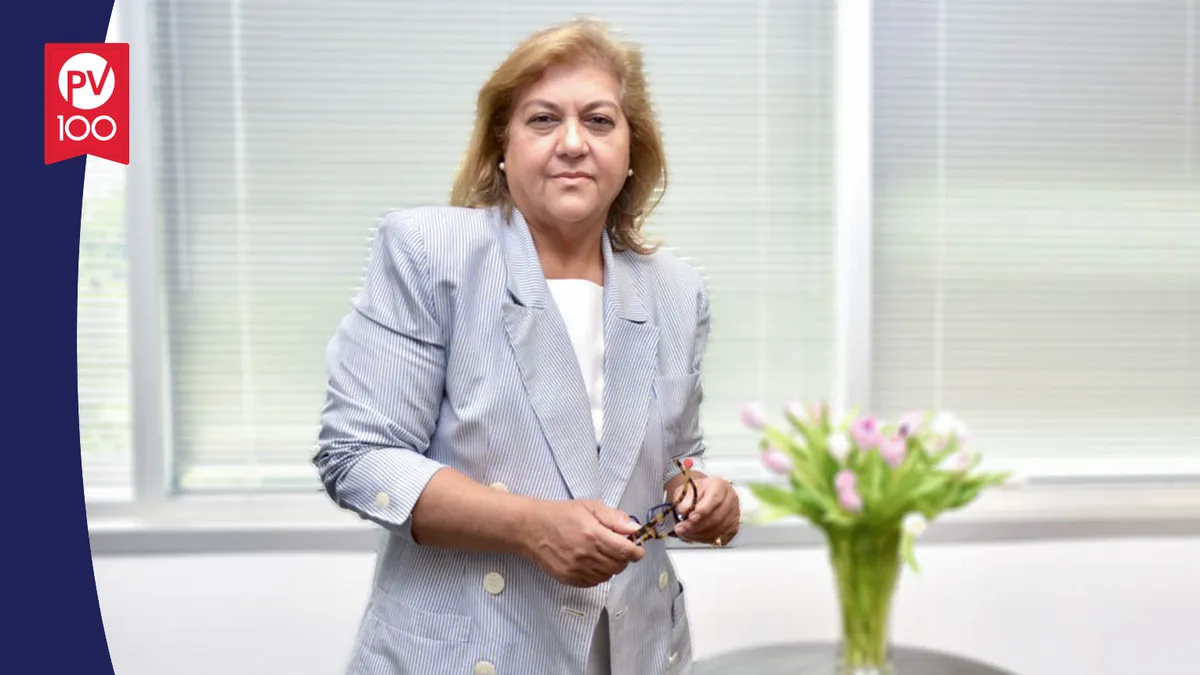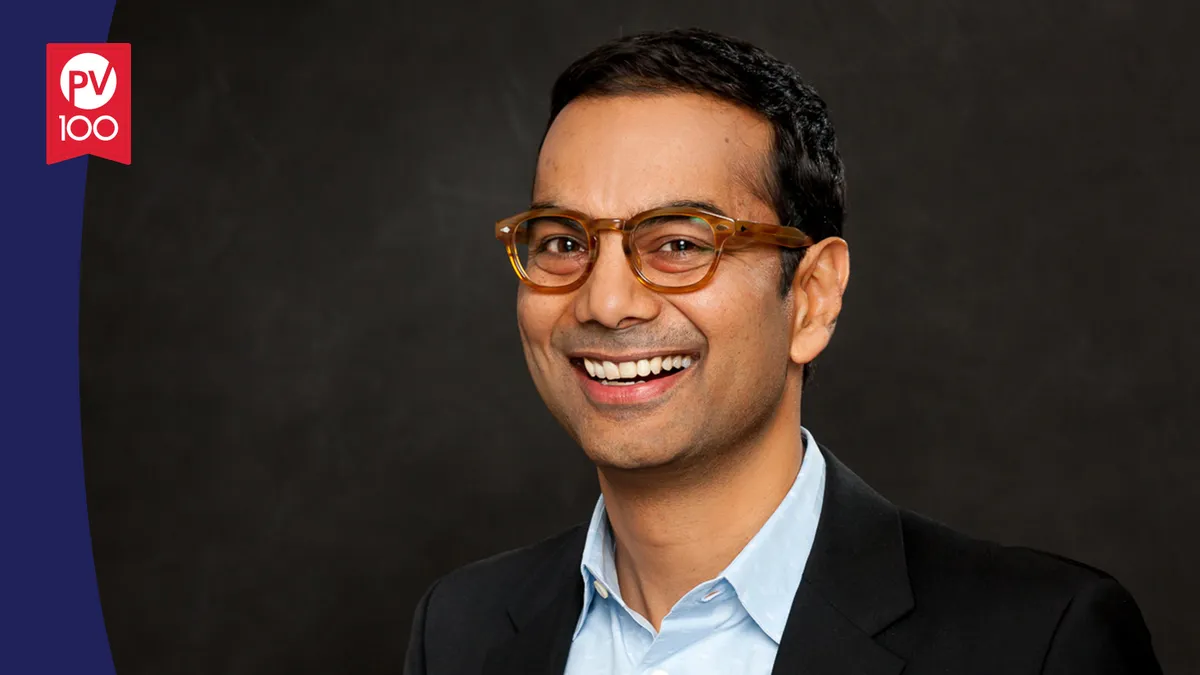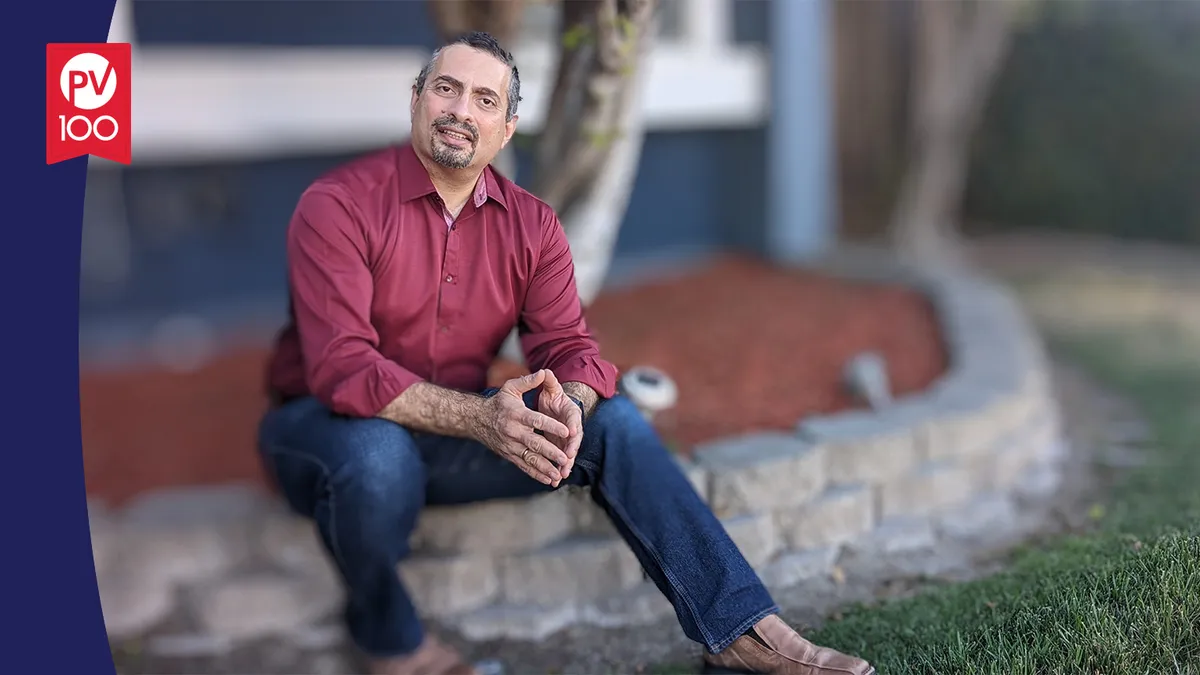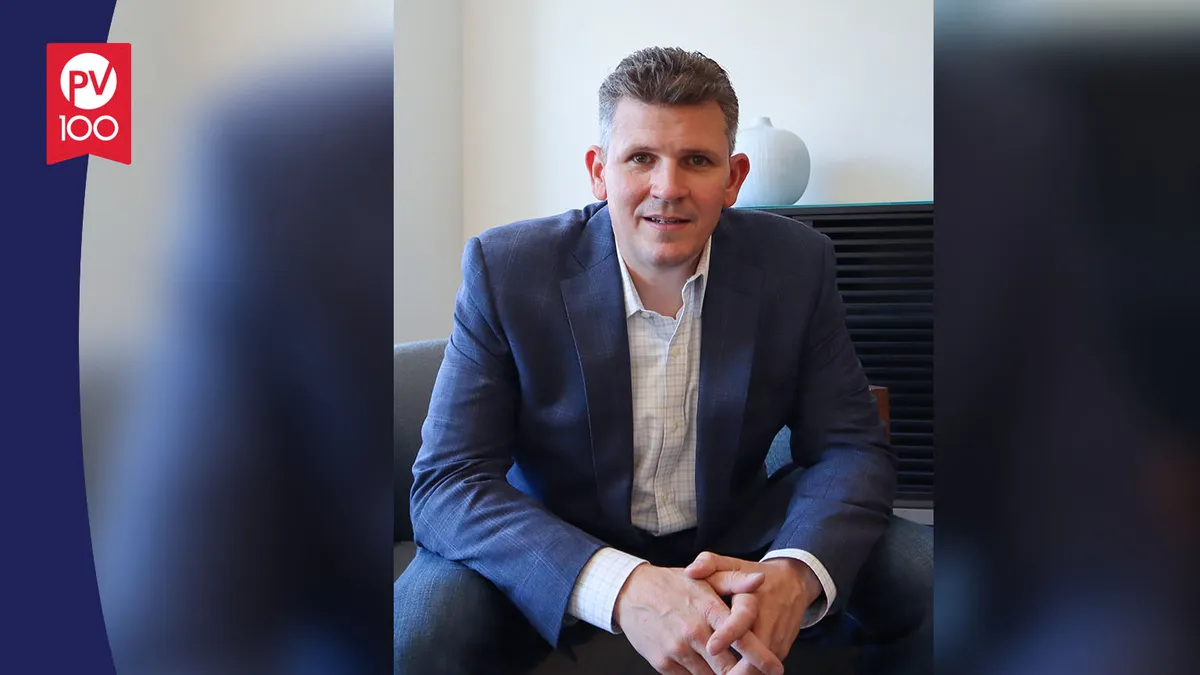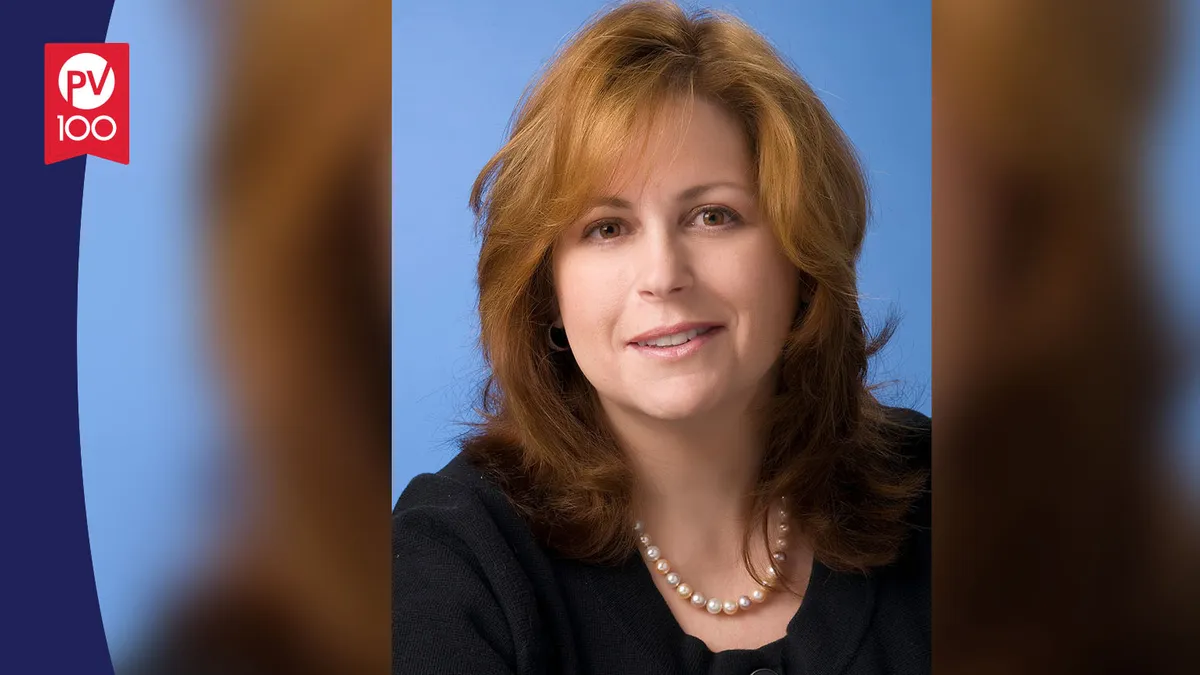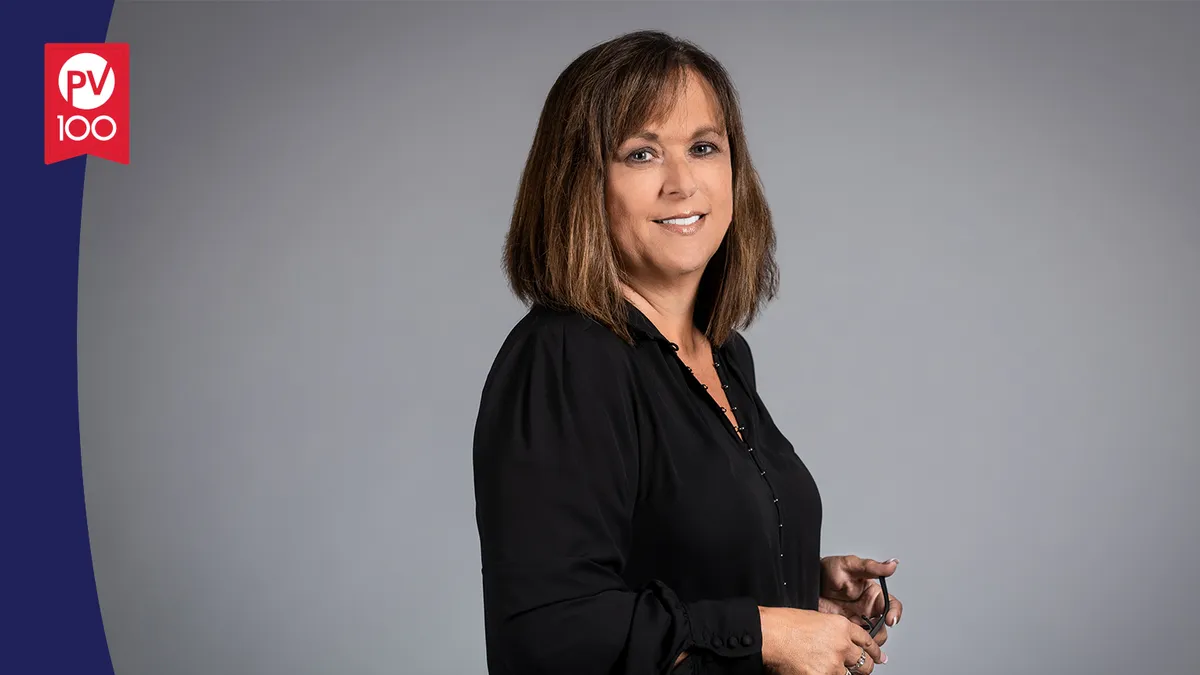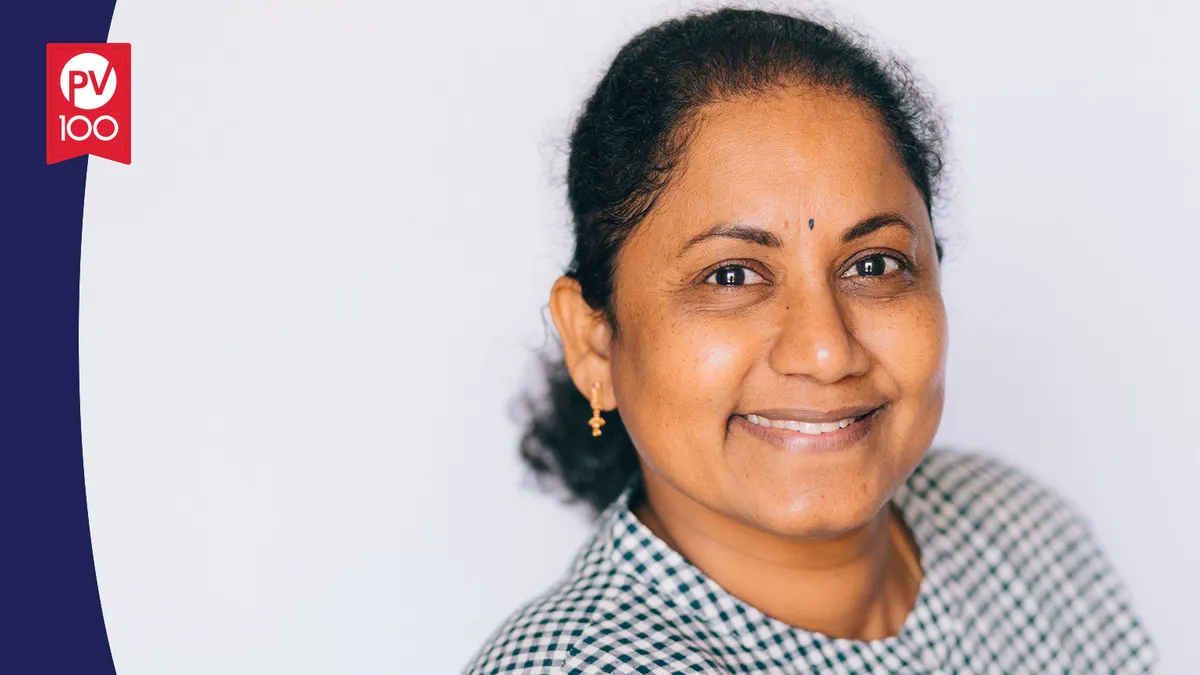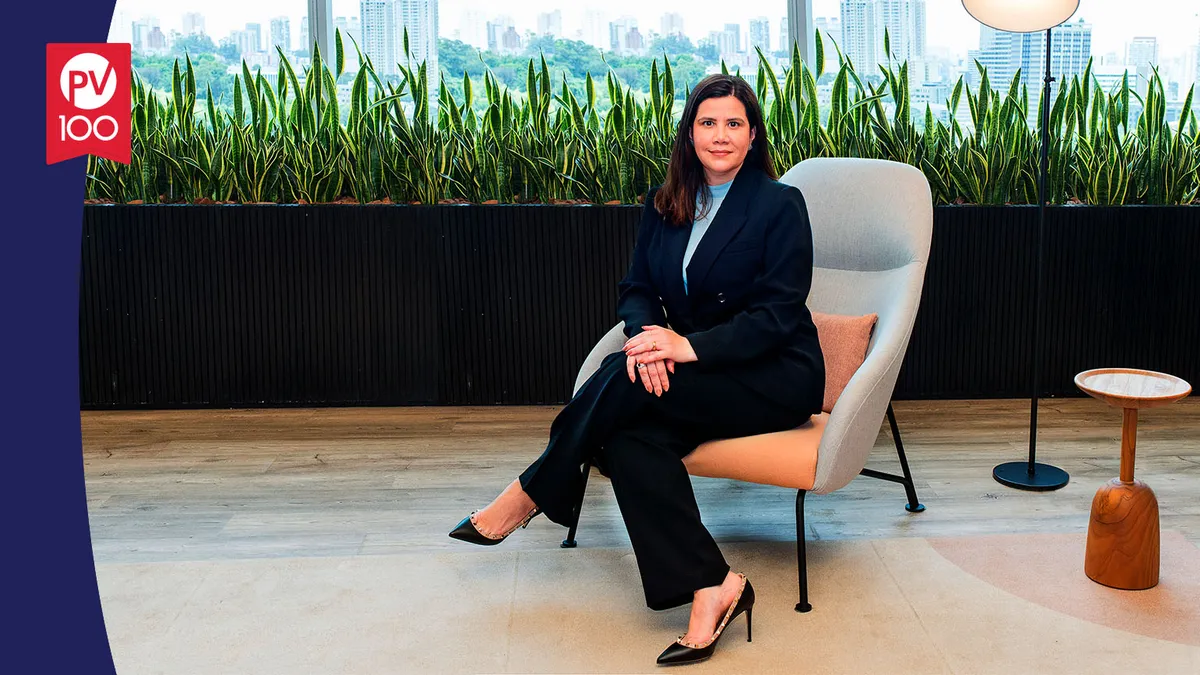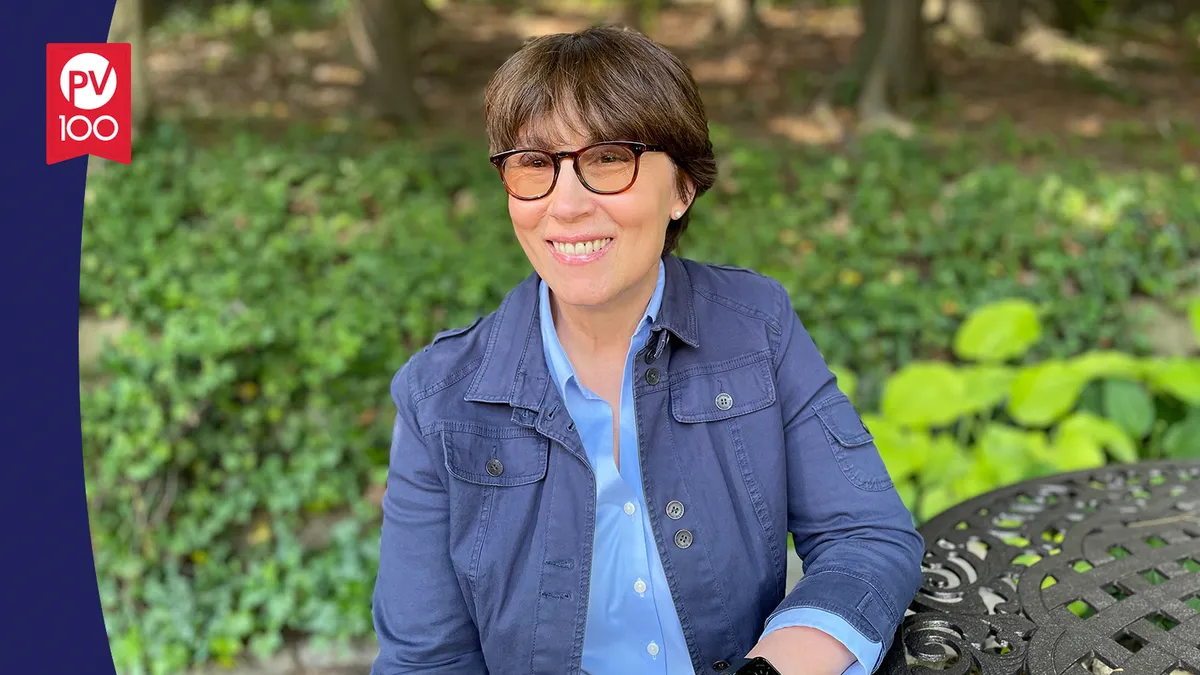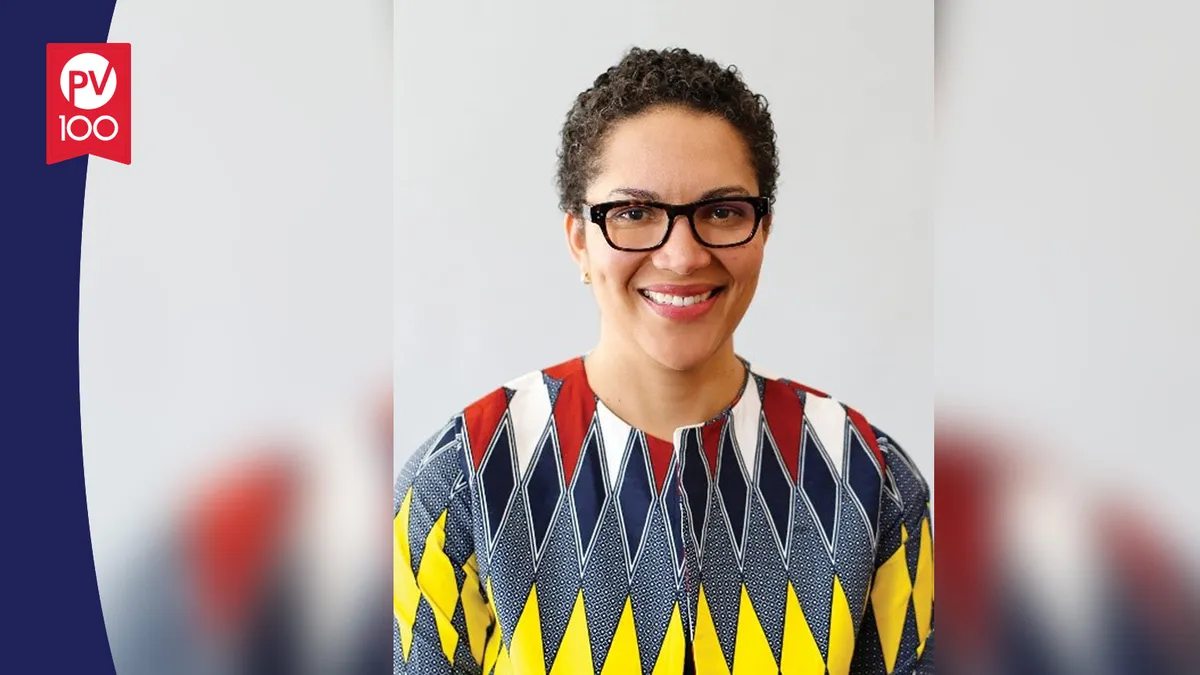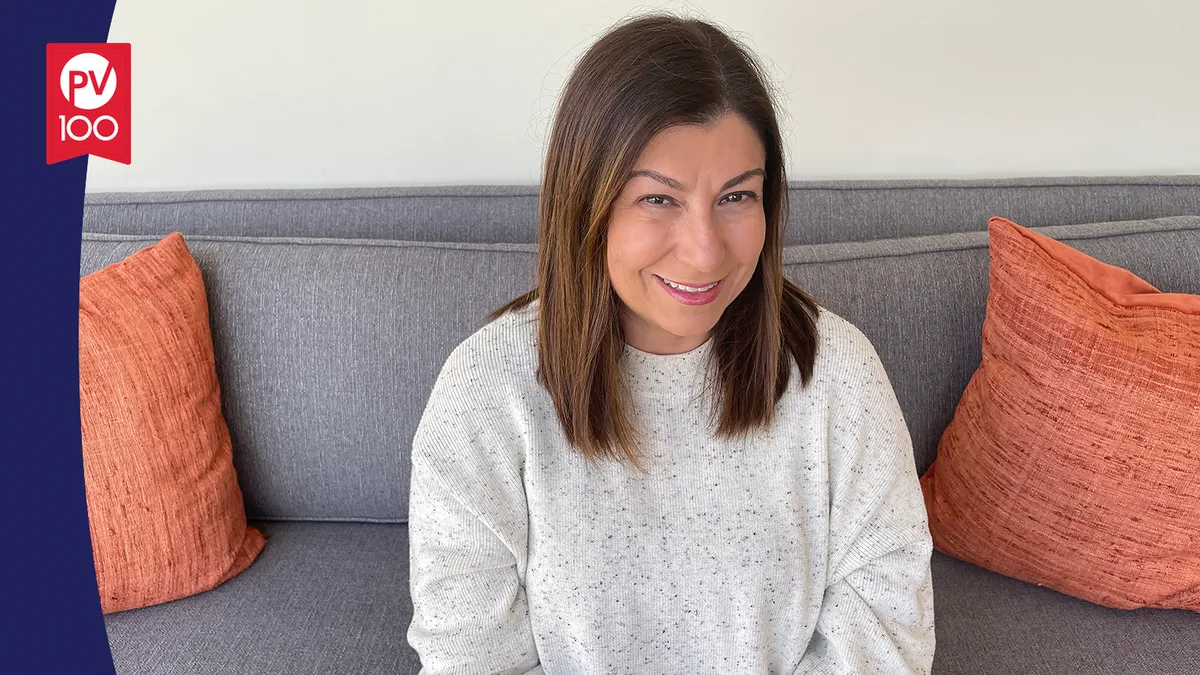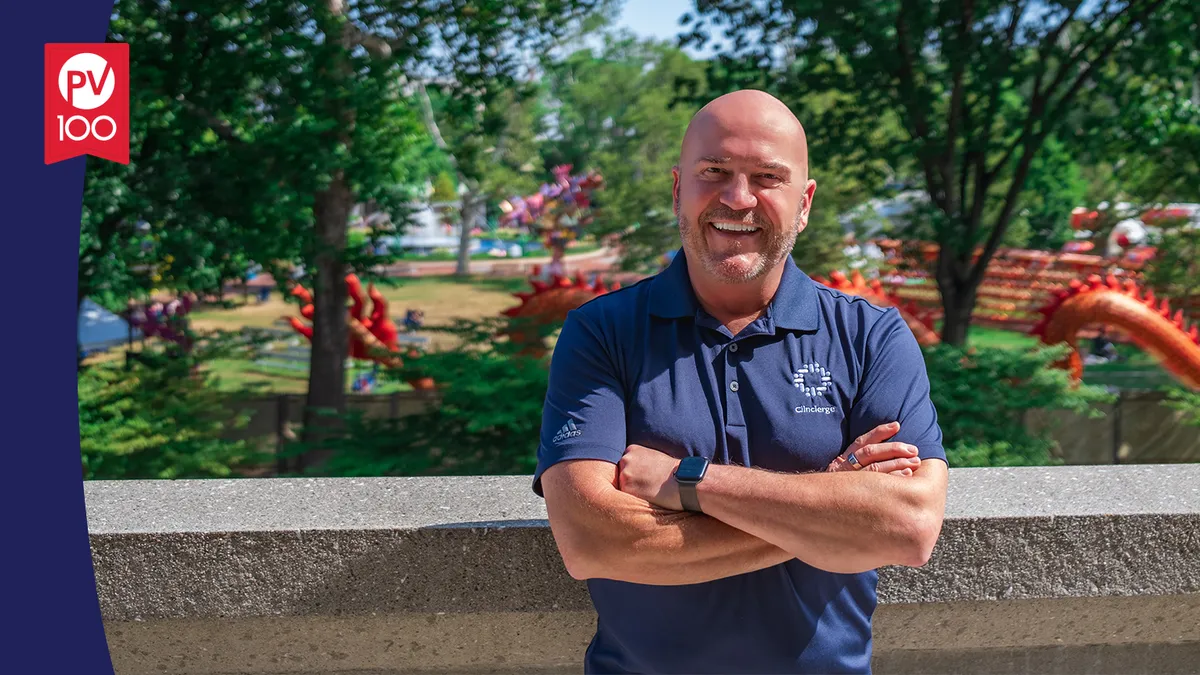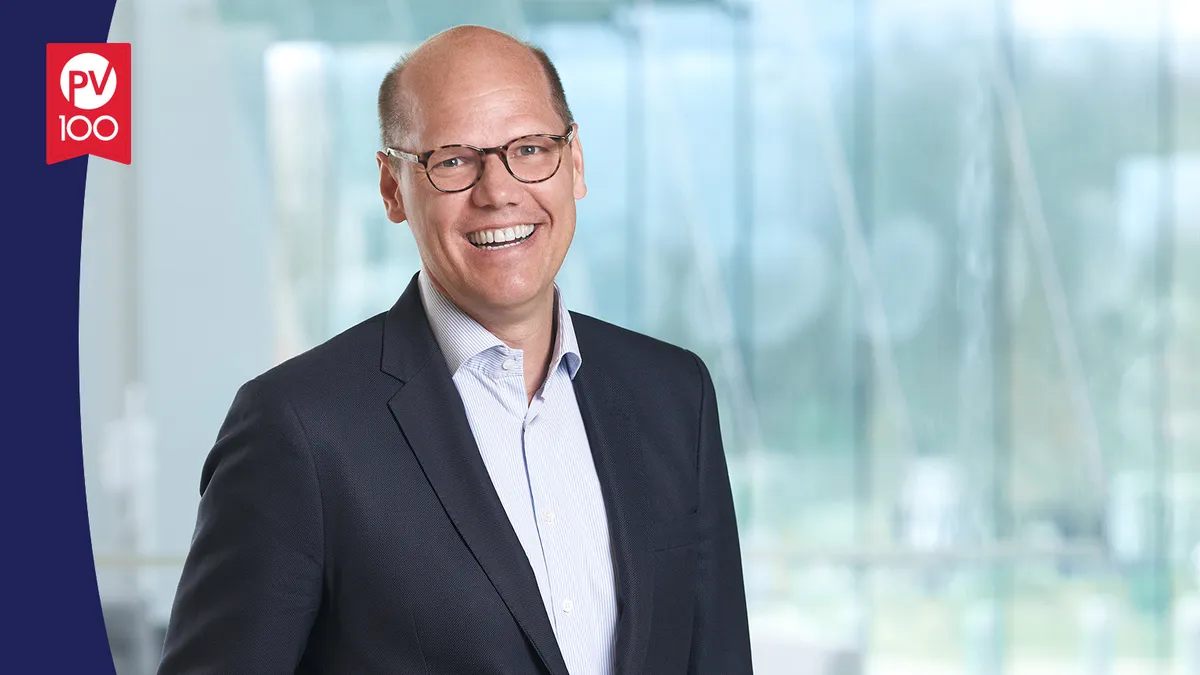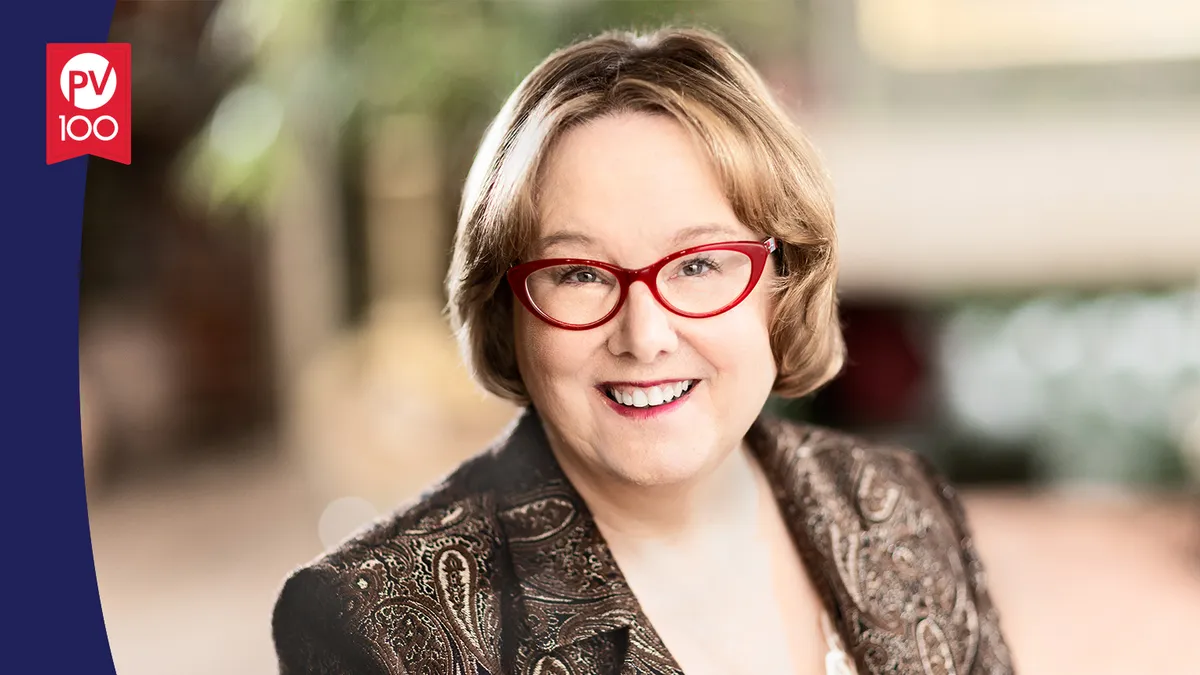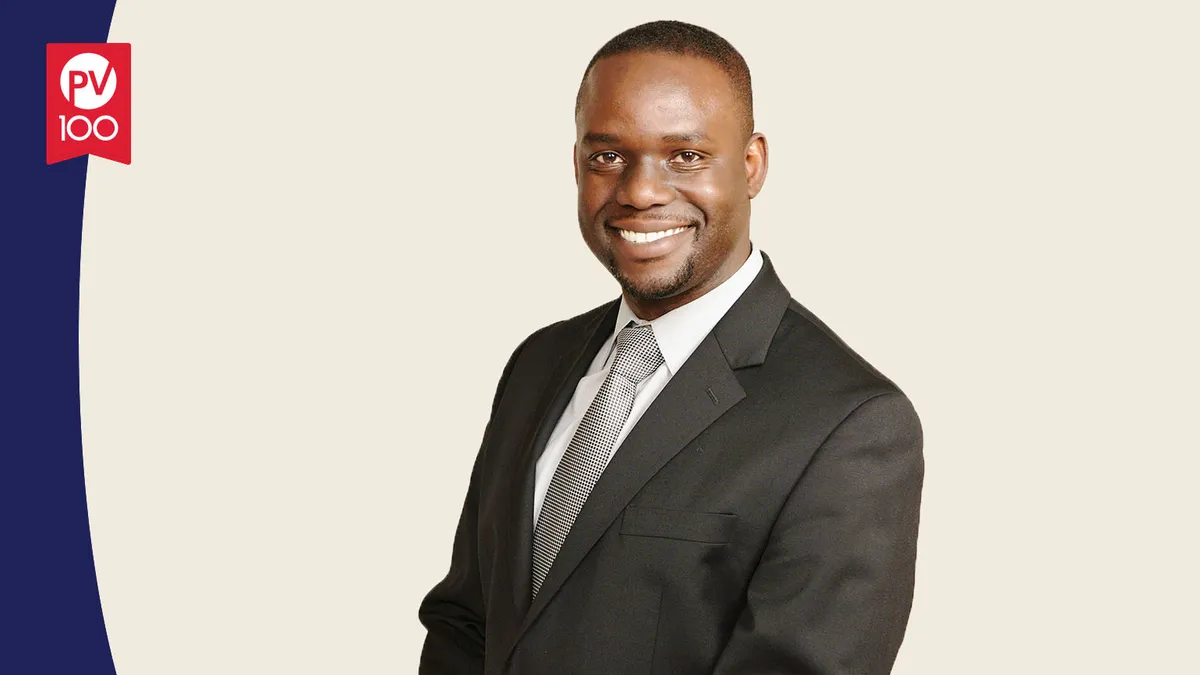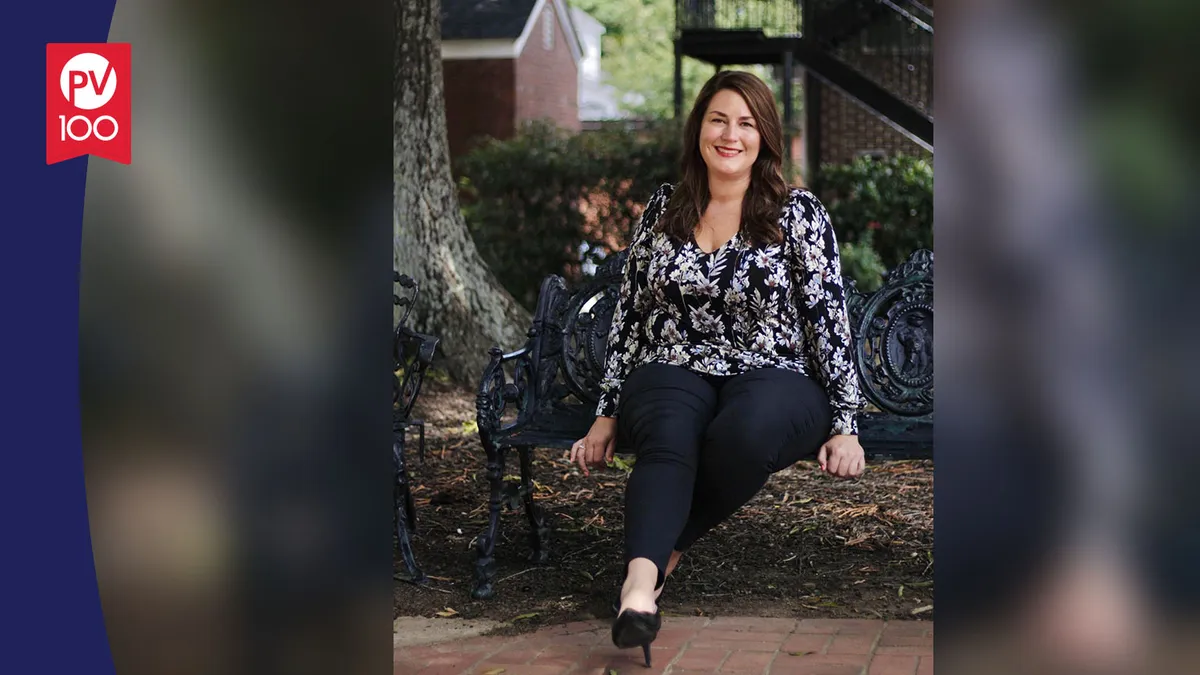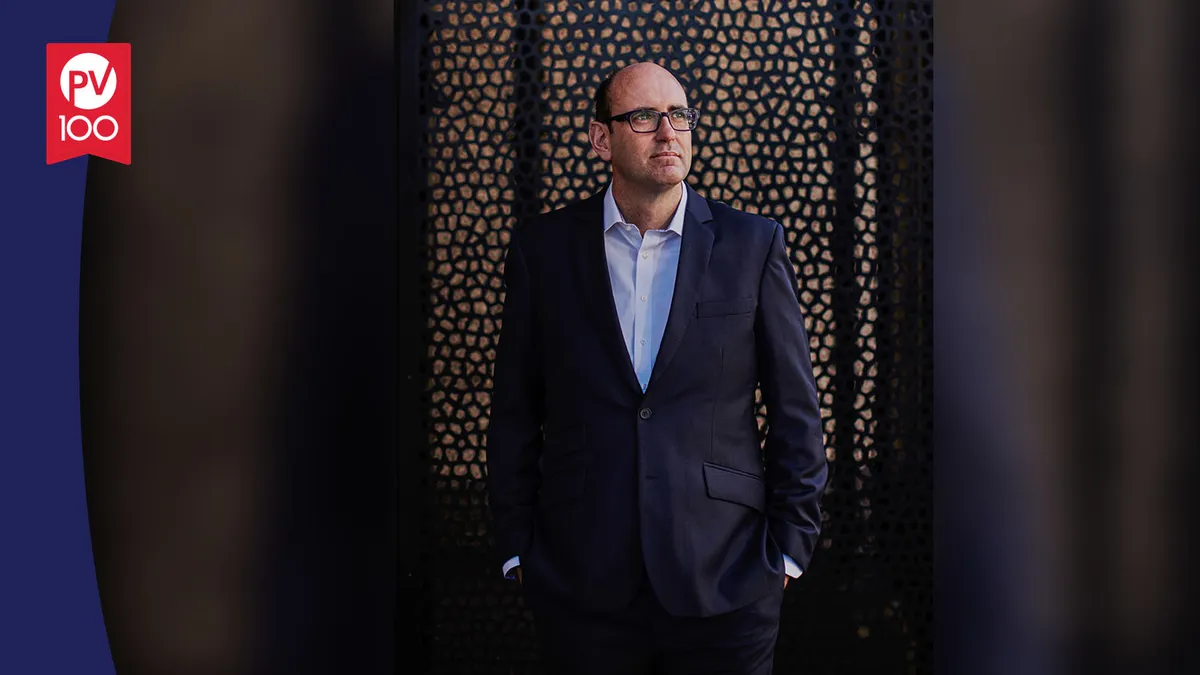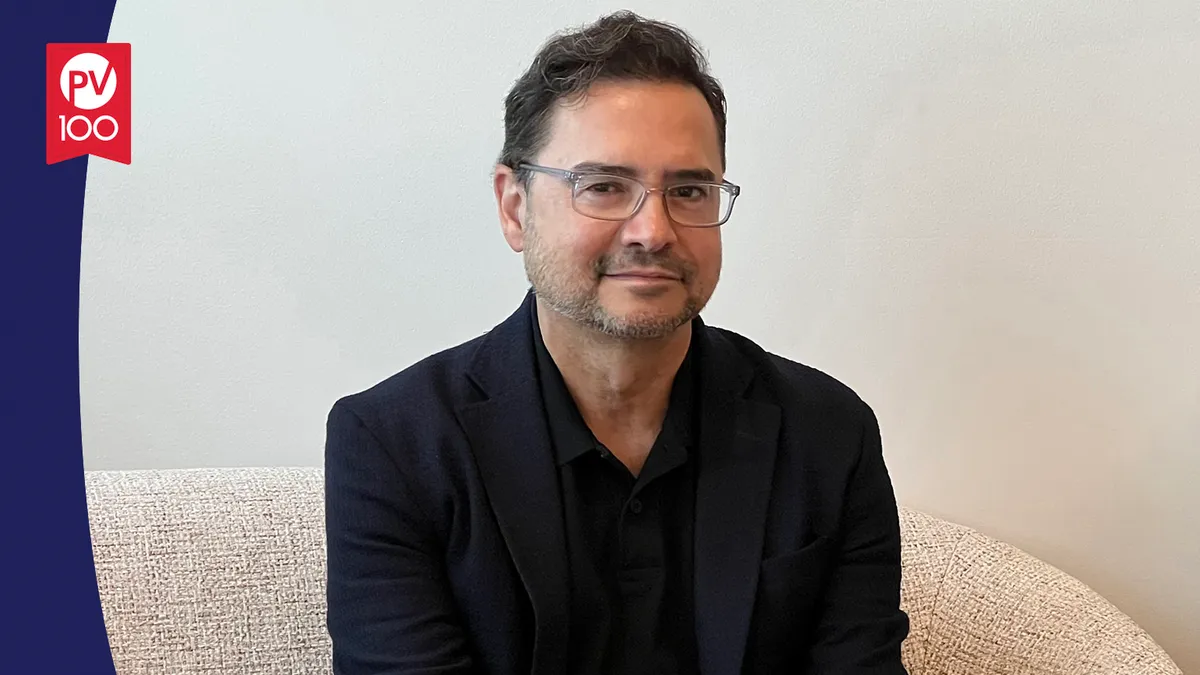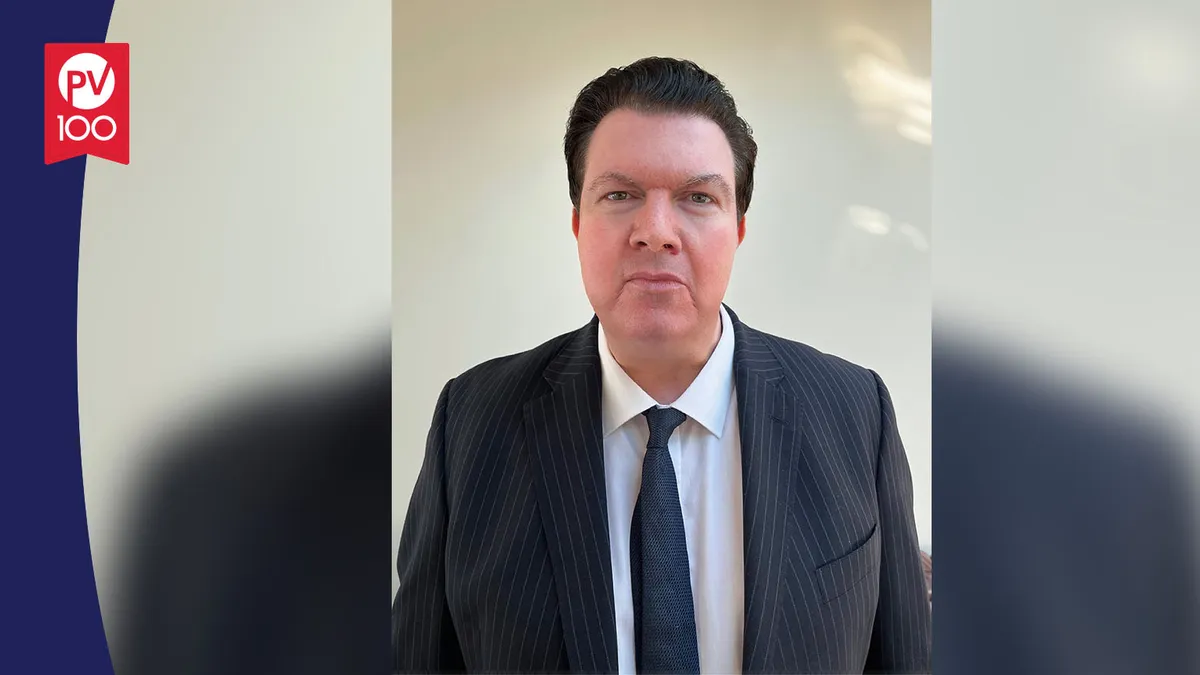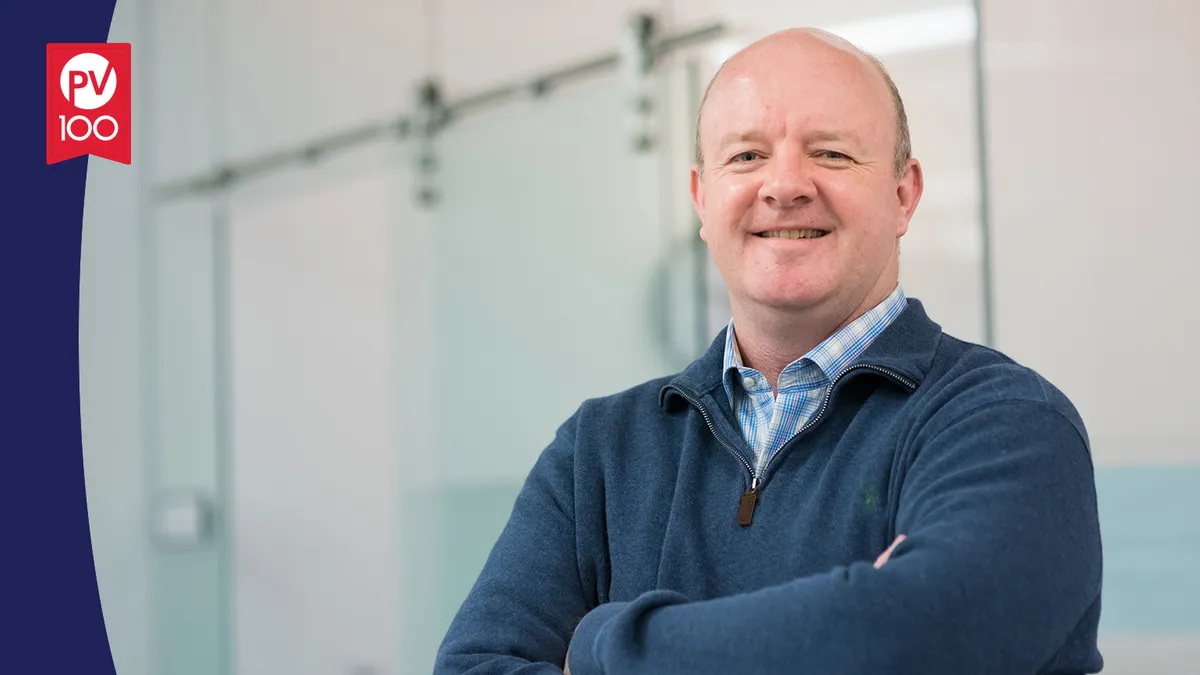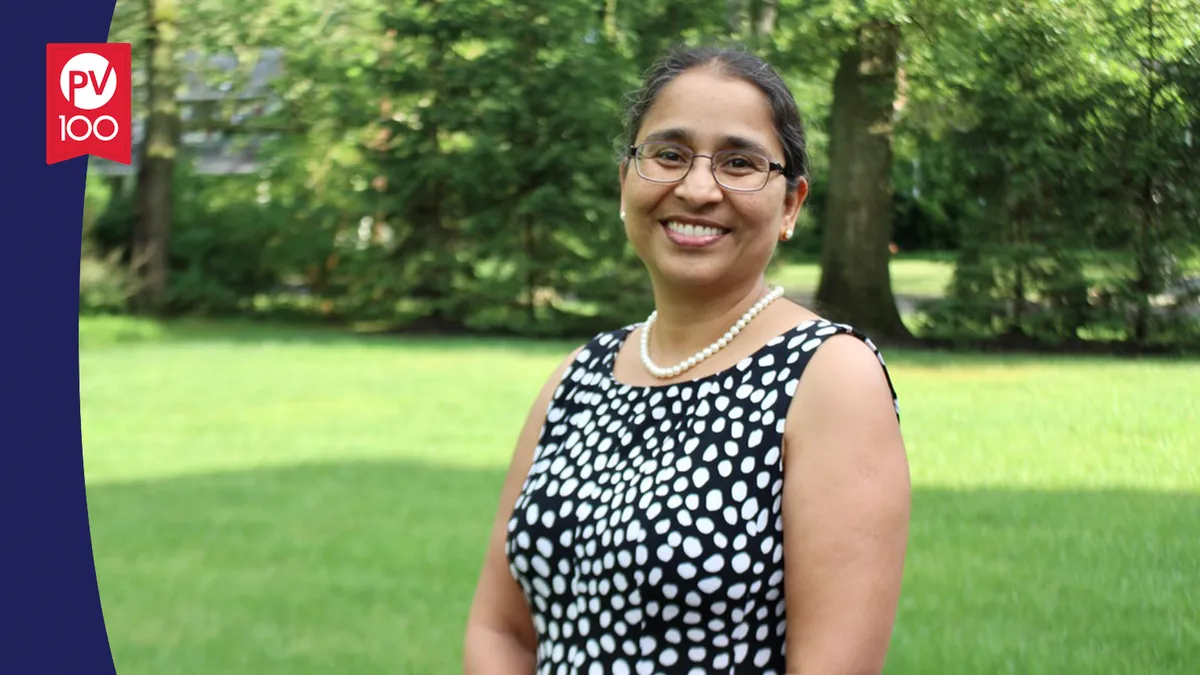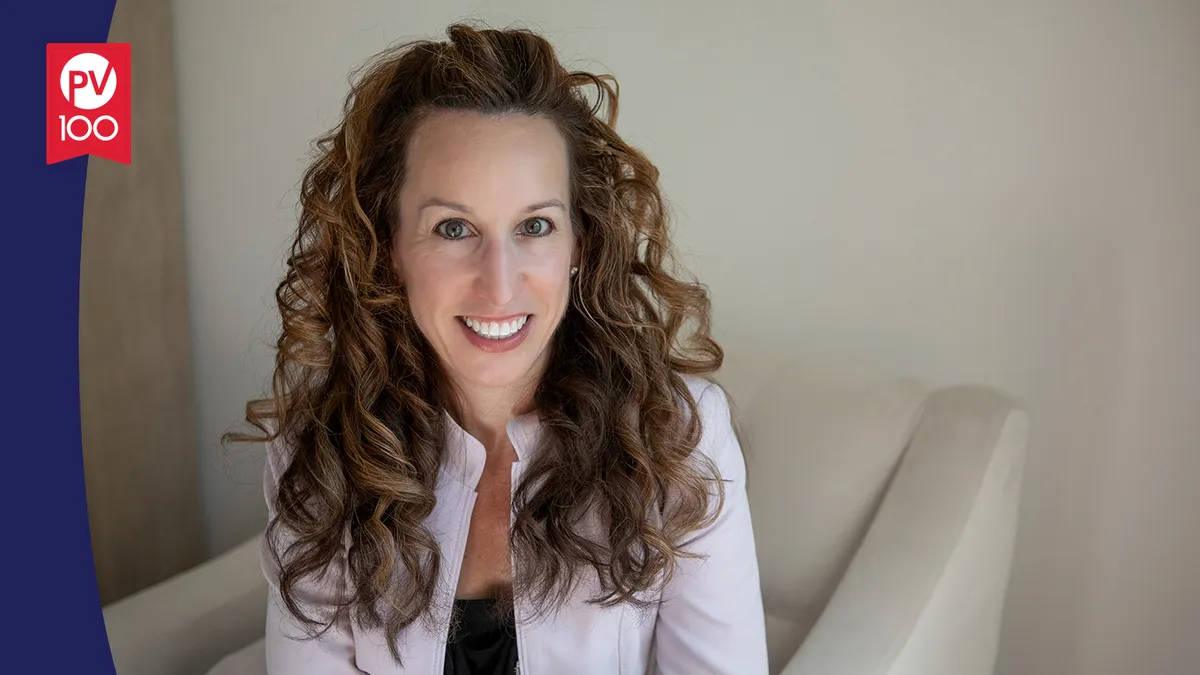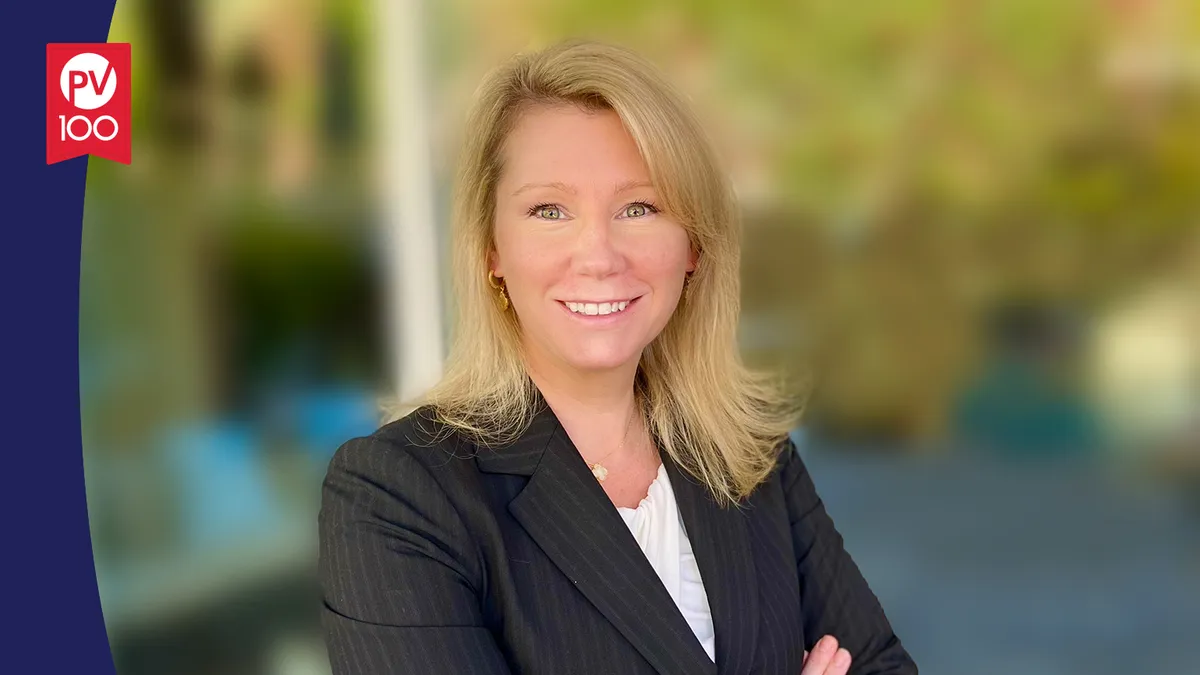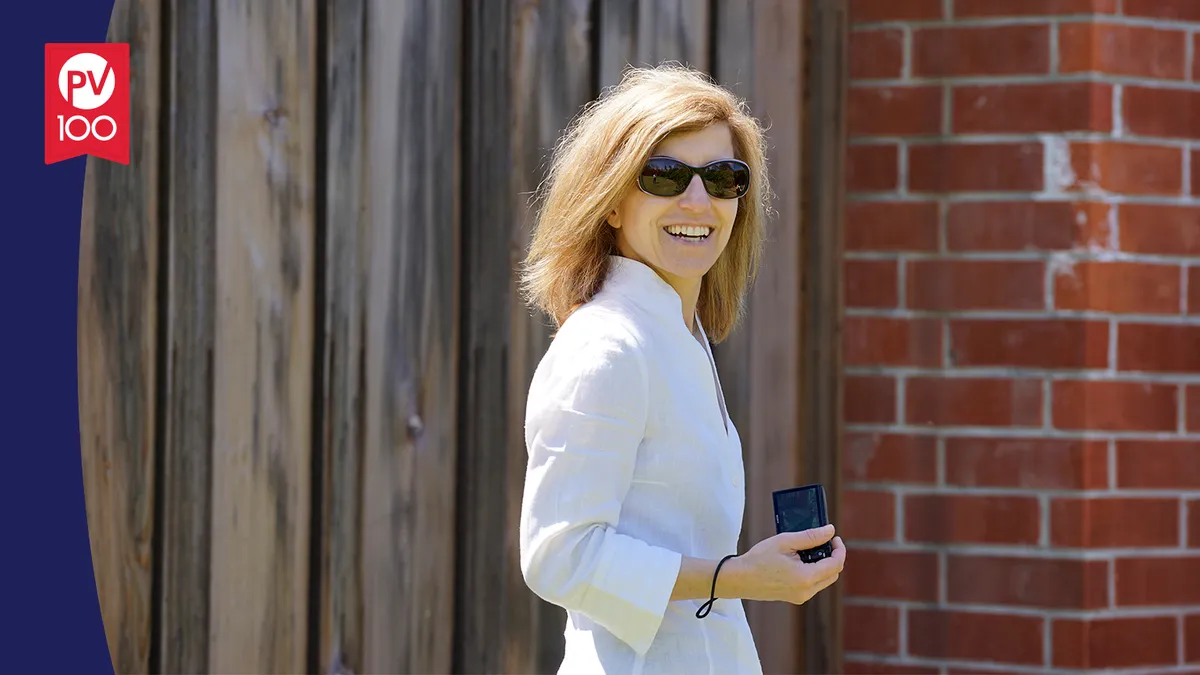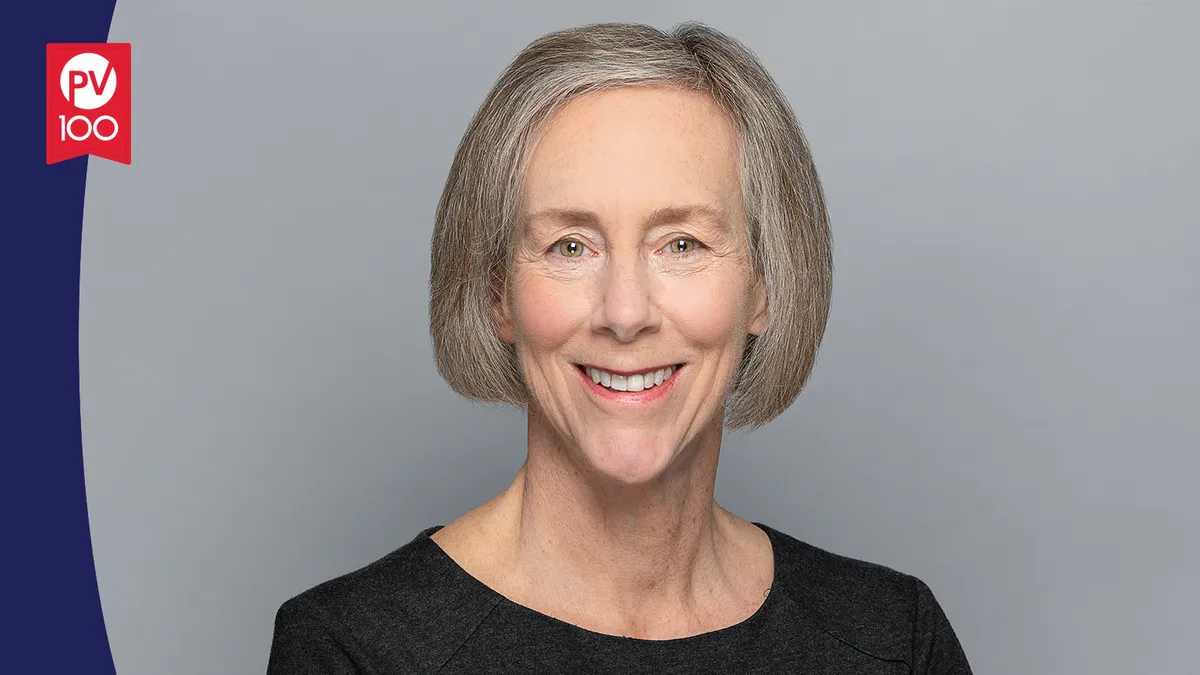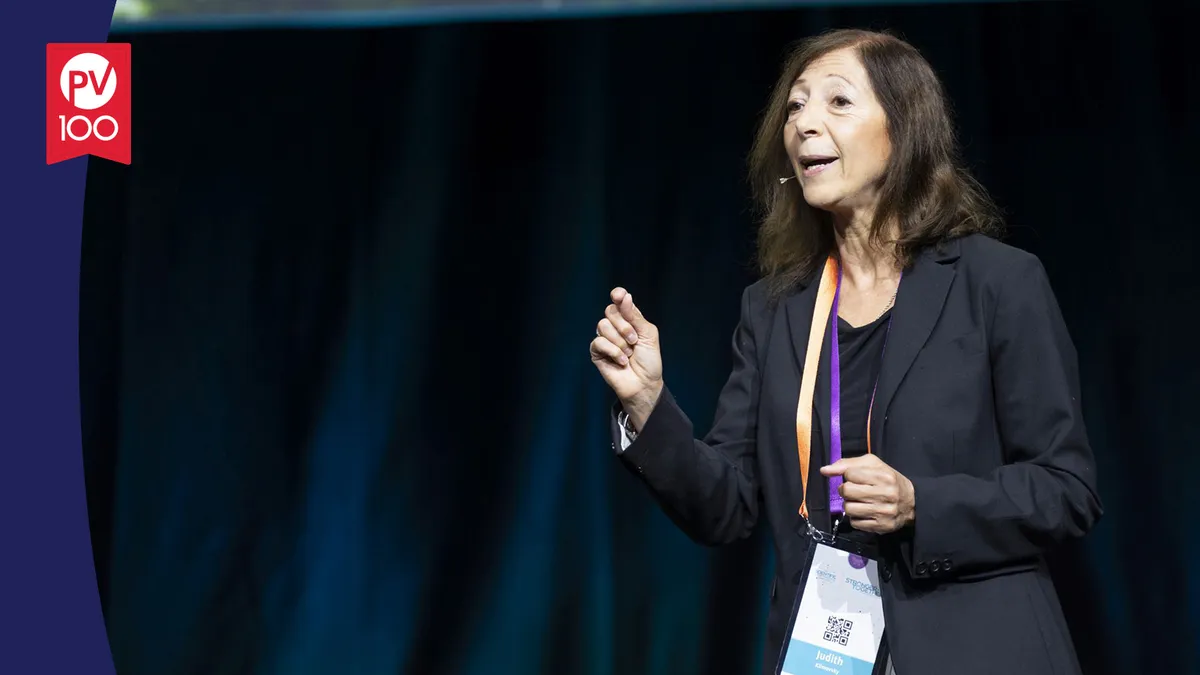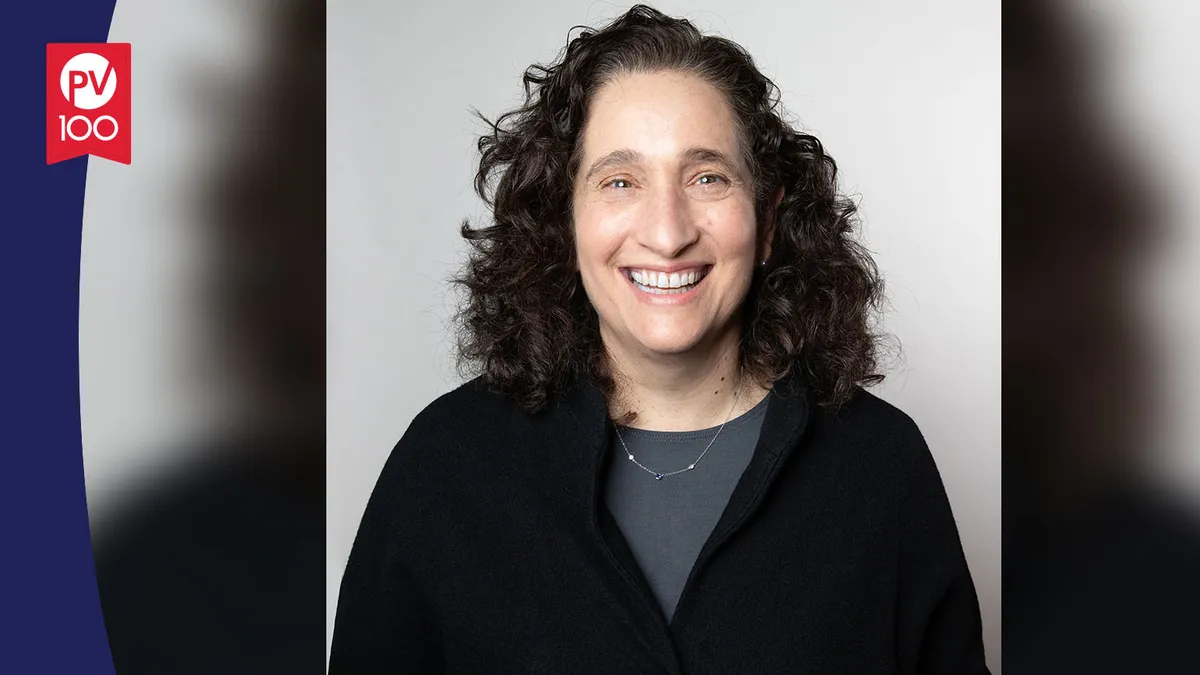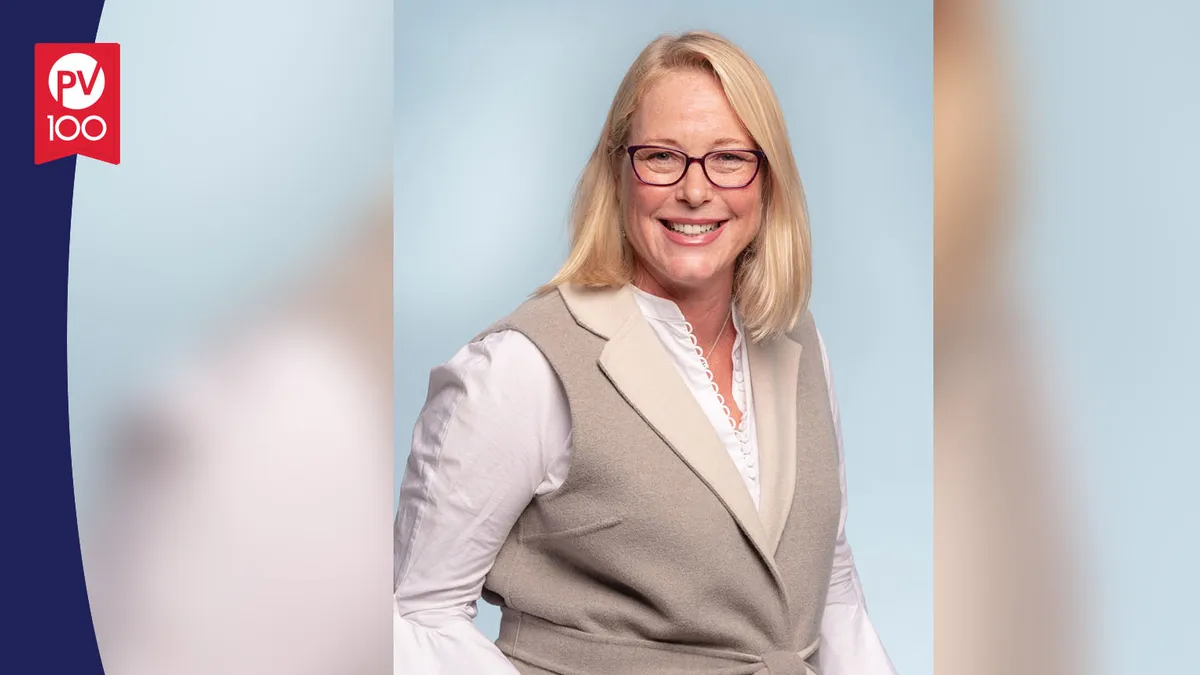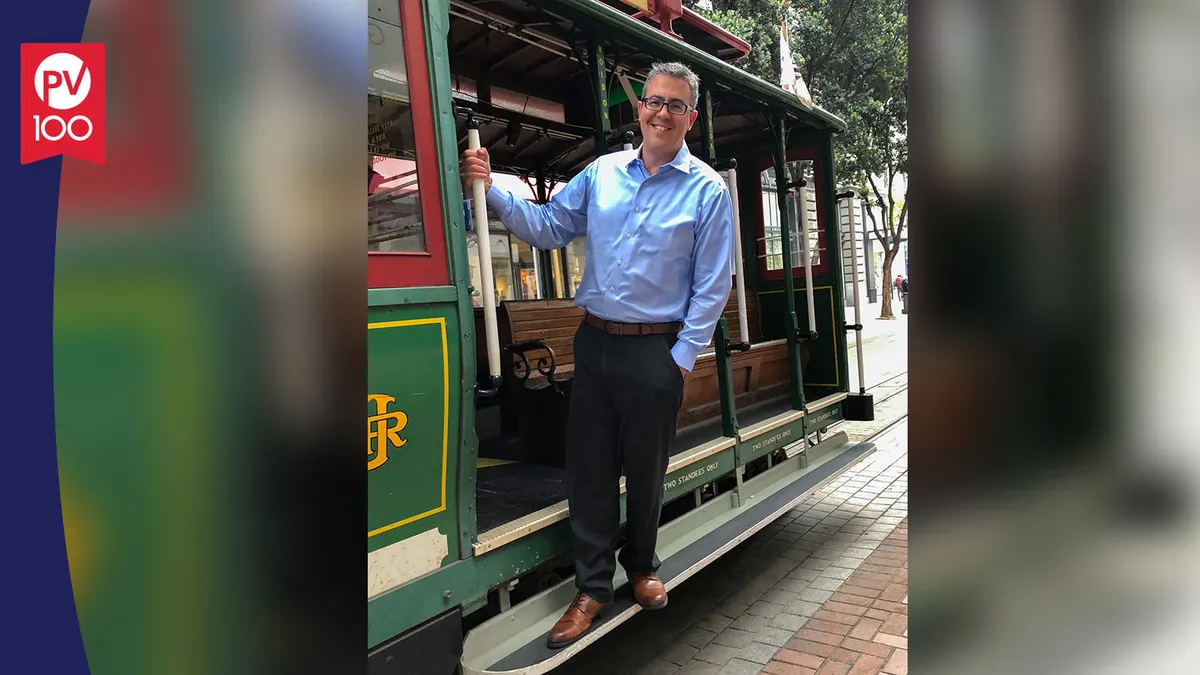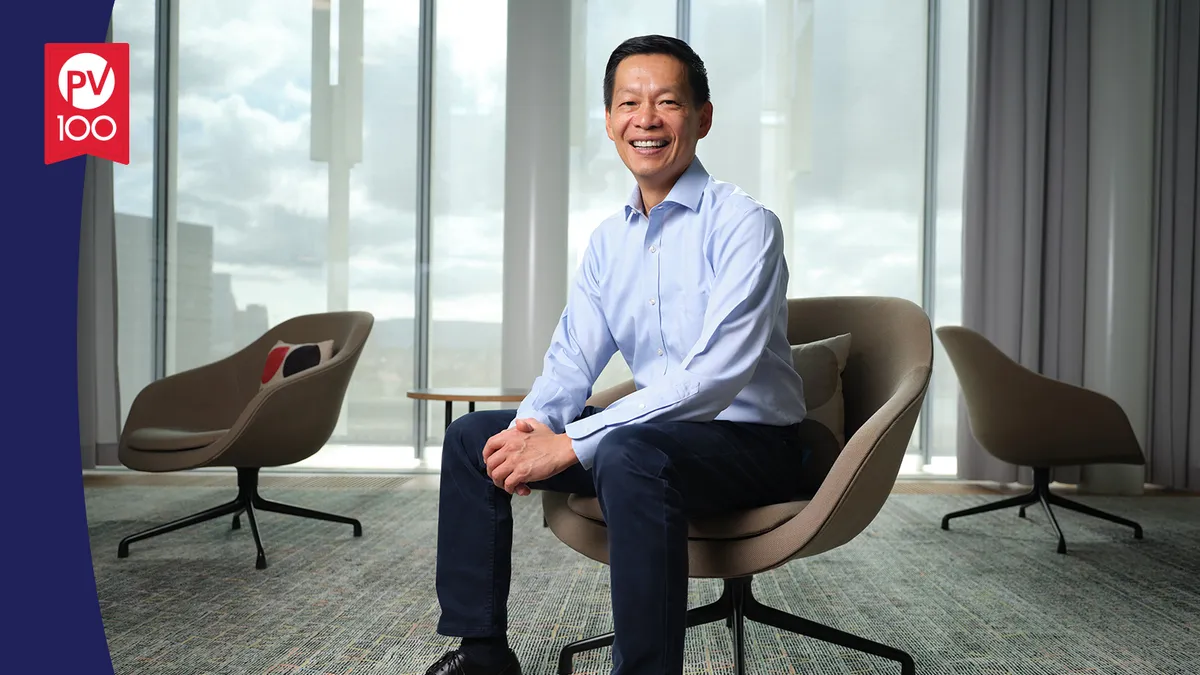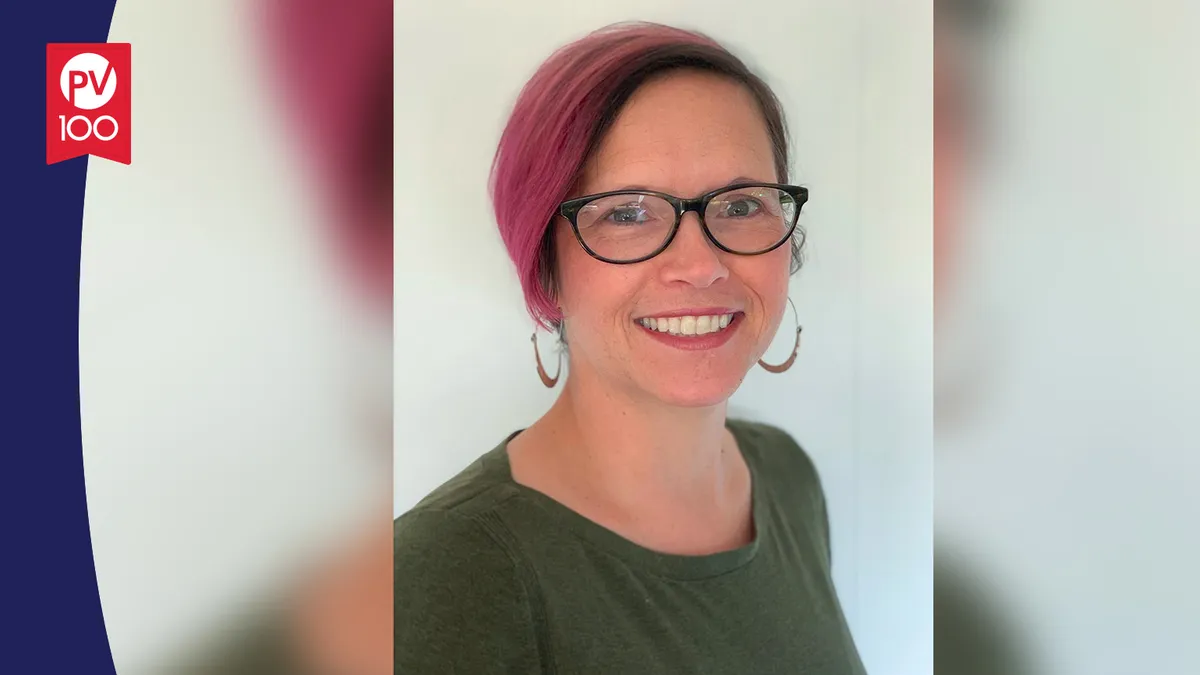Editor’s note: This story is part of our 2022 PharmaVoice 100 feature.
AstraZeneca was already a large, well-oiled pharma machine when Dr. Cristian Massacesi came aboard in 2019. But in just a few years, Massacesi has pushed the mega-company to new levels of growth while advancing from senior vice president, head of late development oncology R&D to the company’s chief medical officer and oncology chief development officer. In particular, he’s focused on breathing new life into its oncology portfolio with a focus on precision medicine.
“Since joining the company, he has transformed the oncology late-stage development organization — growing the team, including creating a dedicated oncology clinical operations group in countries around the world,” a nominator says. “This has increased capacity to manage significant pipeline growth, supporting an almost a threefold increase in late-stage programs and creating an operating model to ensure rapid, seamless transfer of the most promising assets.”
As CMO, a role he transitioned into last year, Massacesi’s responsibilities and influence stretch far and wide. While overseeing more than 150 late-stage trials worldwide, he also leads a team of more than 2,000 staff in over 40 countries working across a range of therapeutic areas.
“Under his inspiring leadership, AstraZeneca’s portfolio has expanded to being one of the most diverse in the industry,” a nominator writes. “In breast cancer alone, more than 15 late-stage trials are underway, which have the potential to deliver first or best-in-class treatments.”
Massacesi’s broad reach in the company hasn’t kept him from zeroing in on targeted goals, such as boosting patient-guided drug development. His focus on personalized medicines, his nominator says, is “ushering in a new wave of innovative science and technology to detect cancer types and target the right individualized care.”
Massacesi is also using a patient-first approach to “revolutionize” clinical trials by “simplifying patient participation, using digital tools to reduce patient burden and increase efficiency — all to radically improve the clinical trial experience,” a nominator says.
“I was determined to do more, so I became involved in cancer medicines development more than 15 years ago to focus on bringing safe, high-quality, practice-changing treatments to patients.”
Dr. Cristian Massacesi
Chief medical officer, oncology chief development officer, AstraZeneca
In addition, Massacesi is taking steps to boost trial diversity and enable R&D teams to better collaborate with patients for insights on trial design.
These efforts could allow AstraZeneca to build on its recent winning streak in oncology. In August, the company’s HER2-targeting antibody drug conjugate Enhertu scored two pivotal new nods — one in lung cancer and the other in breast cancer. Analysts predict that the drug, which was developed with Daiichi Sankyo and also has an approval for gastric cancer, is on track to surpass $4 billion in sales by 2030.
Here, Massacesi, whose storied career includes key roles at Novartis and Pfizer, discusses the biggest trends impacting his work and the non-pharma job he really wanted when he was young.
PharmaVoice: What leadership skill have you gained in the last two years that you plan to carry forward?
Dr. Cristian Massacesi: The importance of communication and making time for this. We are all getting busier, but it is important to spend time with teams — ideally in person or virtually where we need to connect across global locations. Also, communication means making time to listen. As a leader, it’s also my job to help others do their best work — removing obstacles and helping them with solutions where required.
What drew you into the life sciences industry?
Full disclosure — I initially wanted to become a literature or film critic when I was younger. However, my dad pushed me to expand my horizons and to go into medicine as a better use of my skills, and I never looked back. I loved it from the start because of the strong link between two of my passions — science and human connection.
After medical school, I became a medical oncologist and started my career treating cancer patients, which I did for more than ten years with a great passion for clinical research. However, I was very frustrated by the lack of treatment options available to my patients during this time. We had very little to offer them but comfort and pain relief, which filled me with deep sadness and frustration. Also, the scale of clinical research then was not impactful enough. I was determined to do more, so I became involved in cancer medicines development more than 15 years ago to focus on bringing safe, high-quality, practice-changing treatments to patients today.
How would you describe your leadership style?
Like many others, I am motivated by challenges and complexity, helping find solutions to them, and being an expert at leading experts to find them. Mostly I lead by example — always with an open mind and trying to ask the right questions.
What key trends are having the biggest impact on your work?
Precision medicine and the impact of digital tech/AI on medicines development.



